Le Mans Winning 1961 Morgan +4 Super Sport
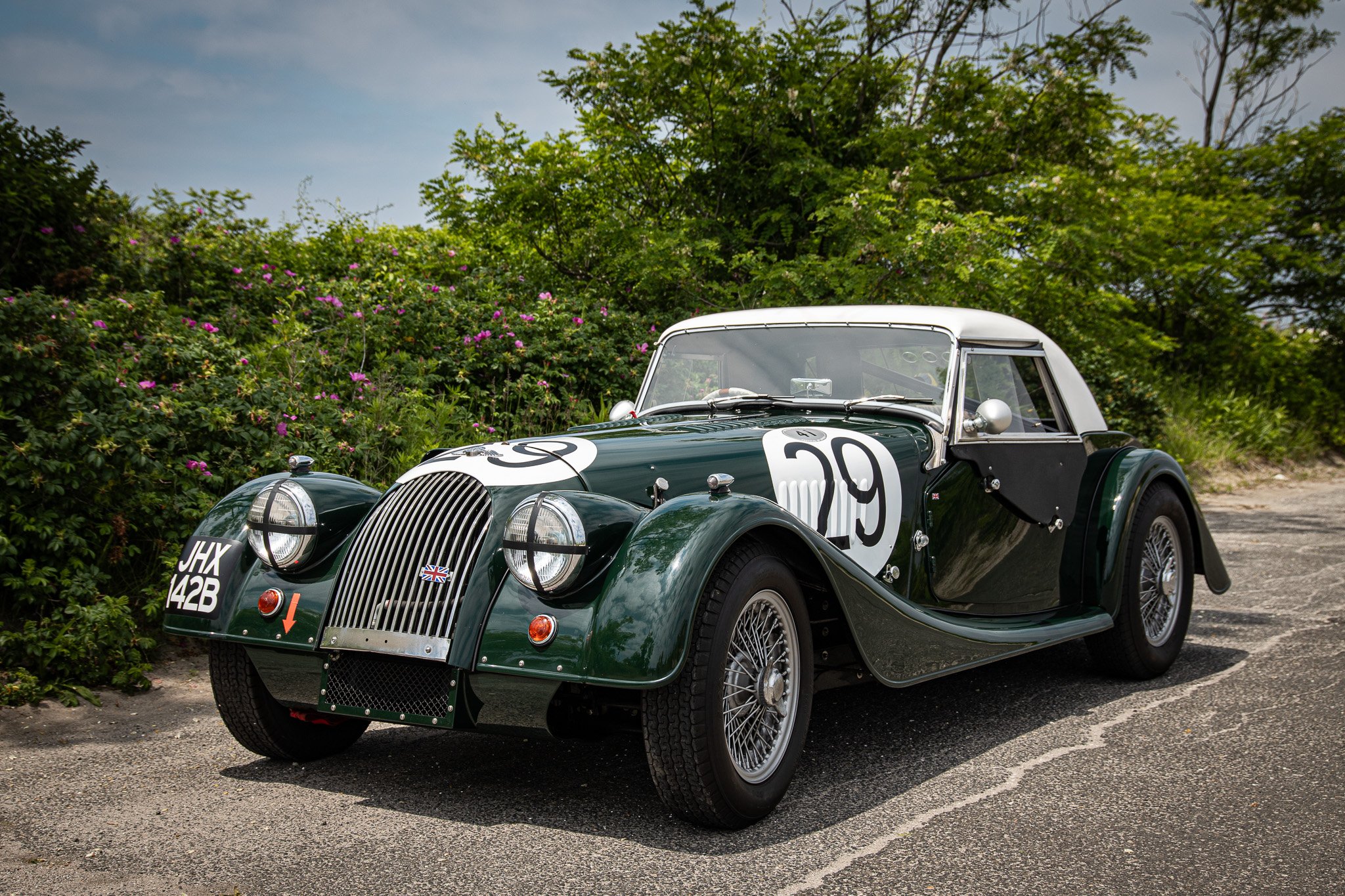
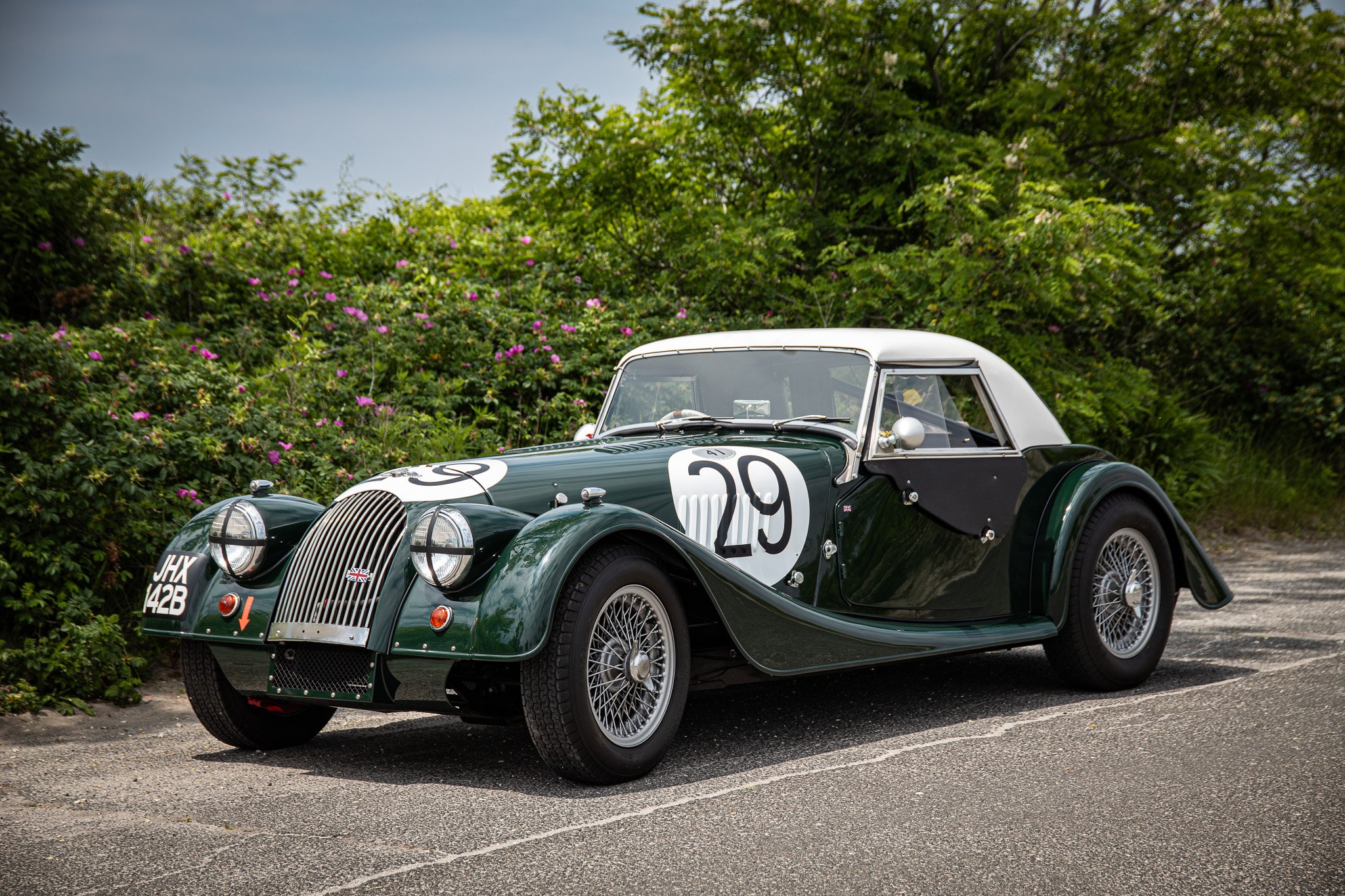
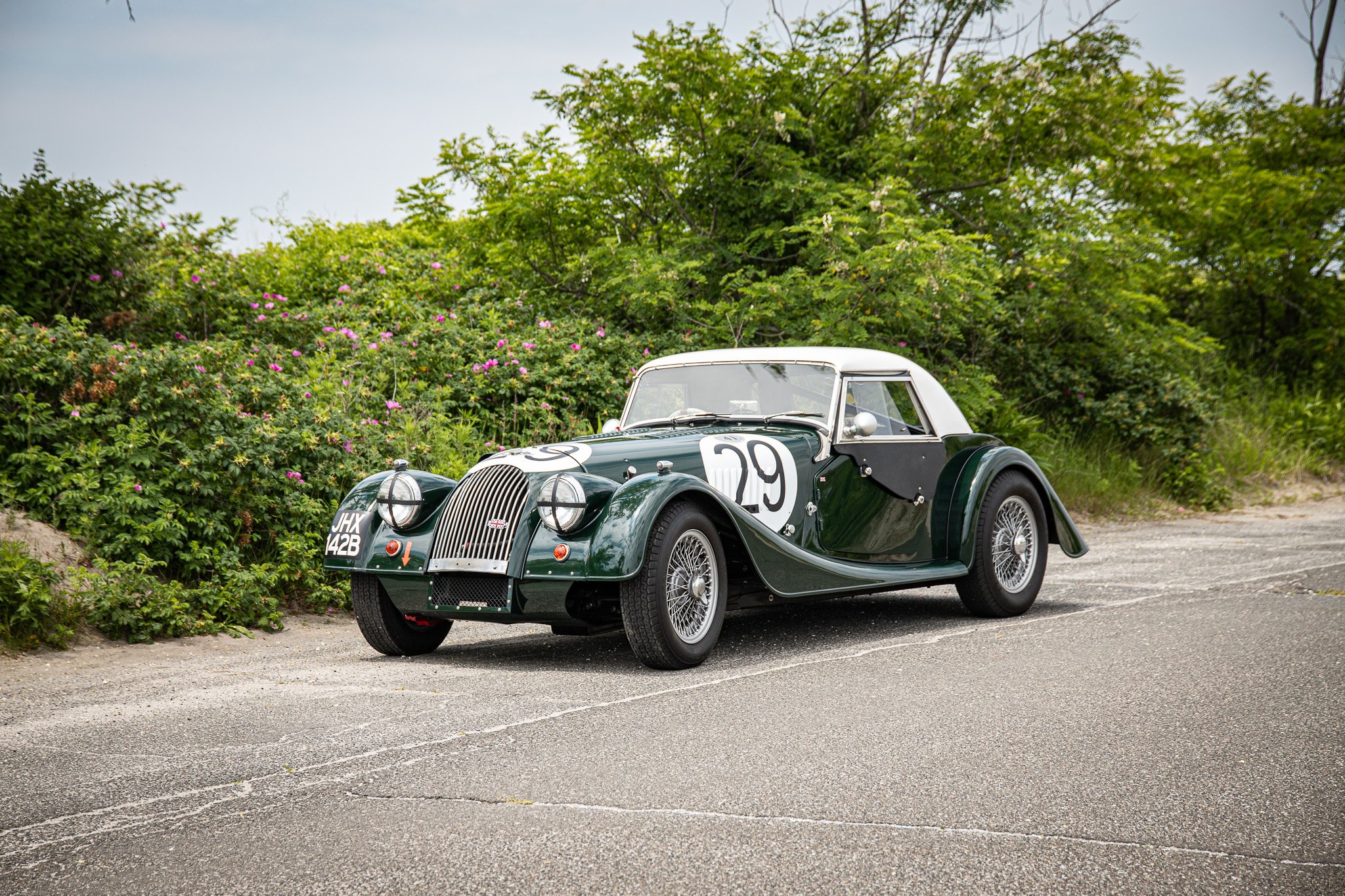
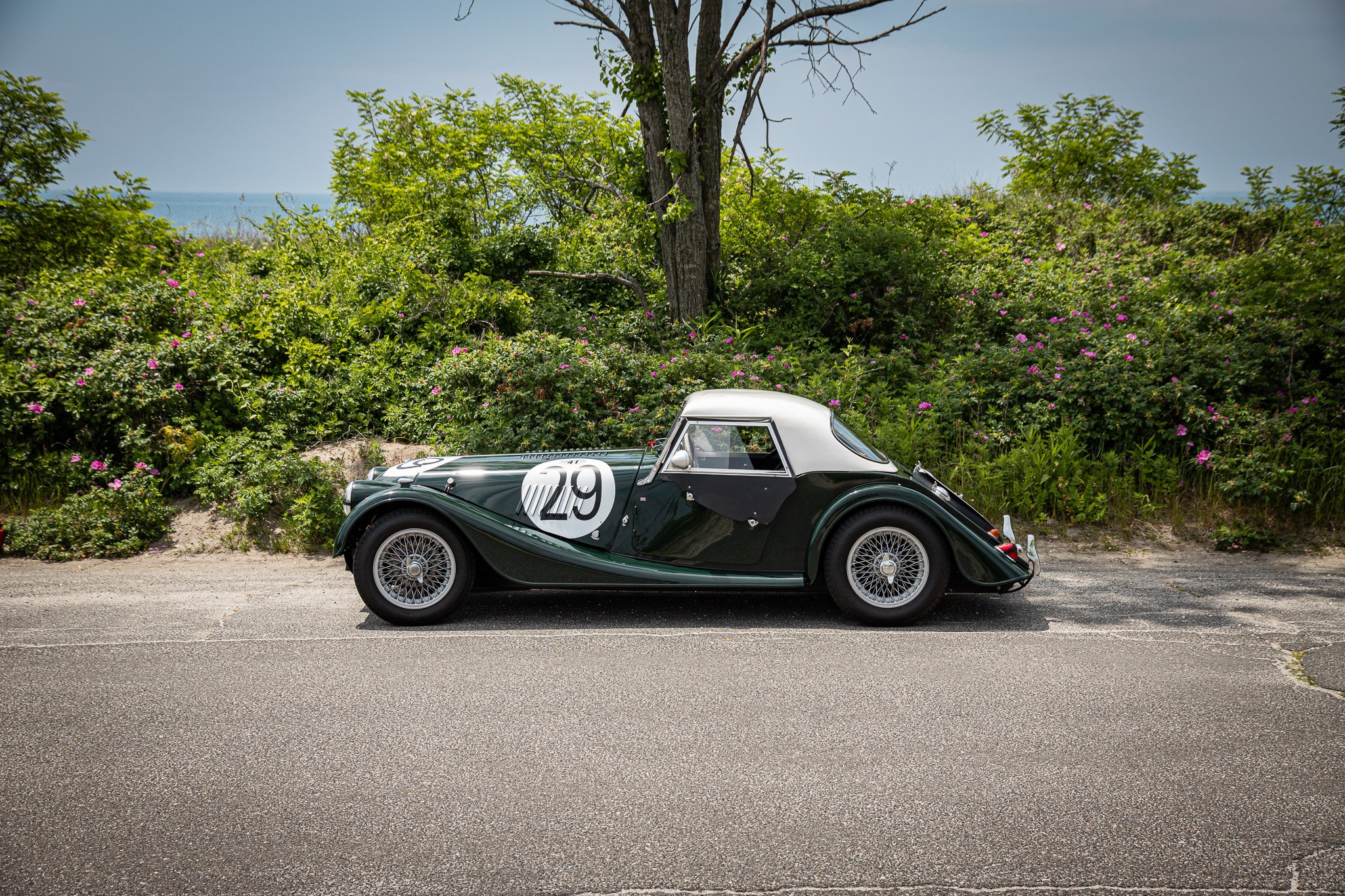
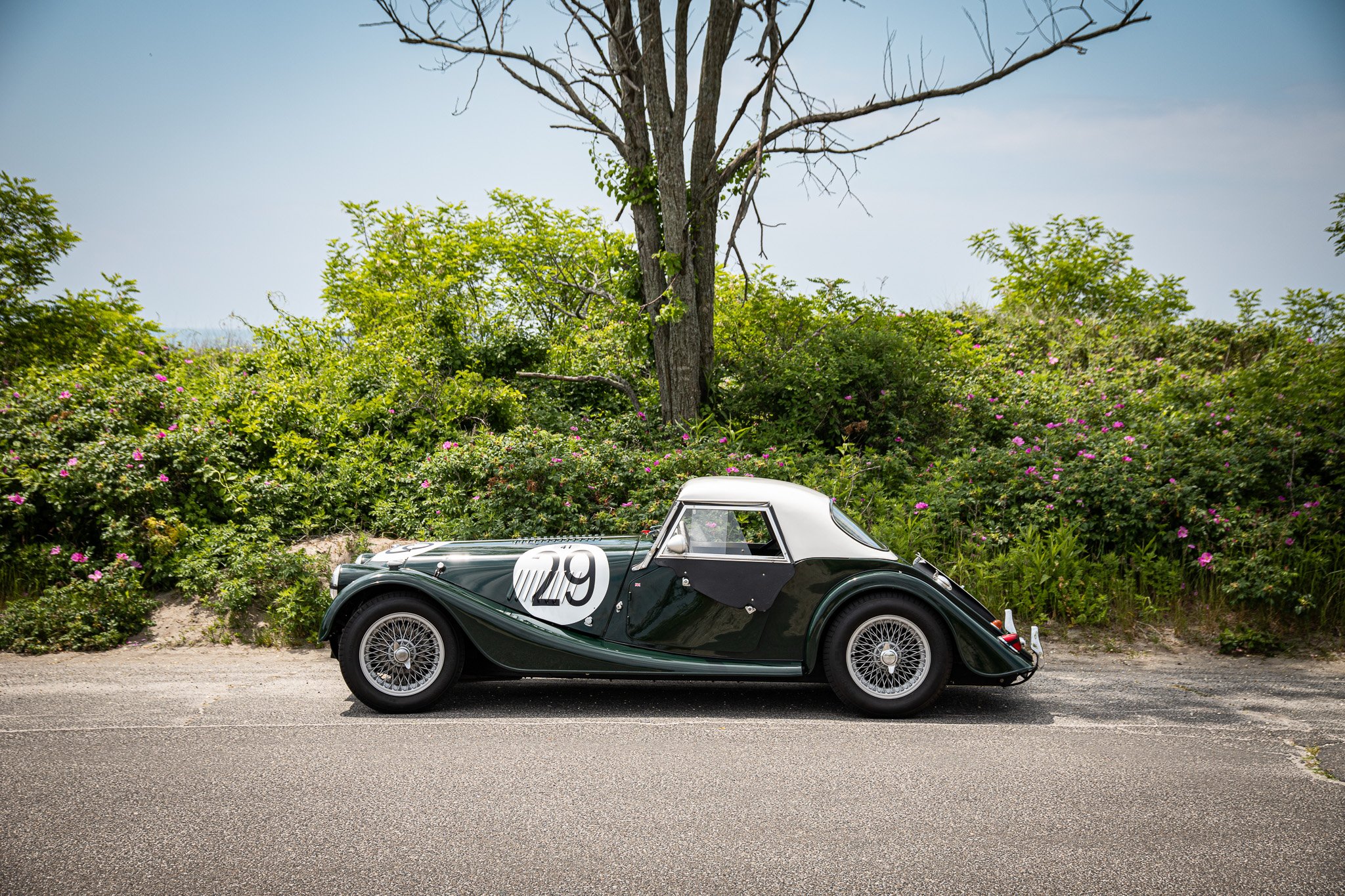
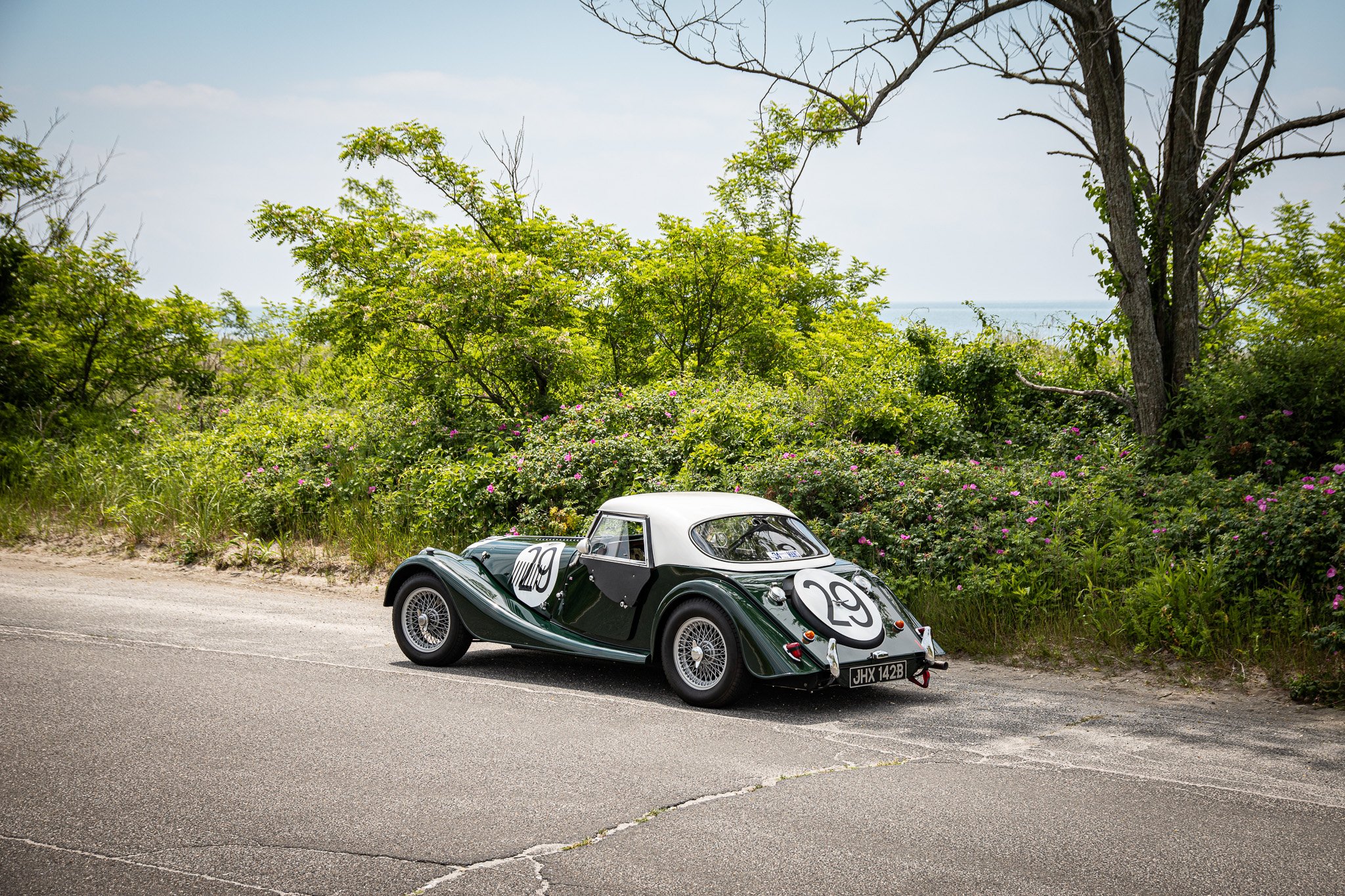
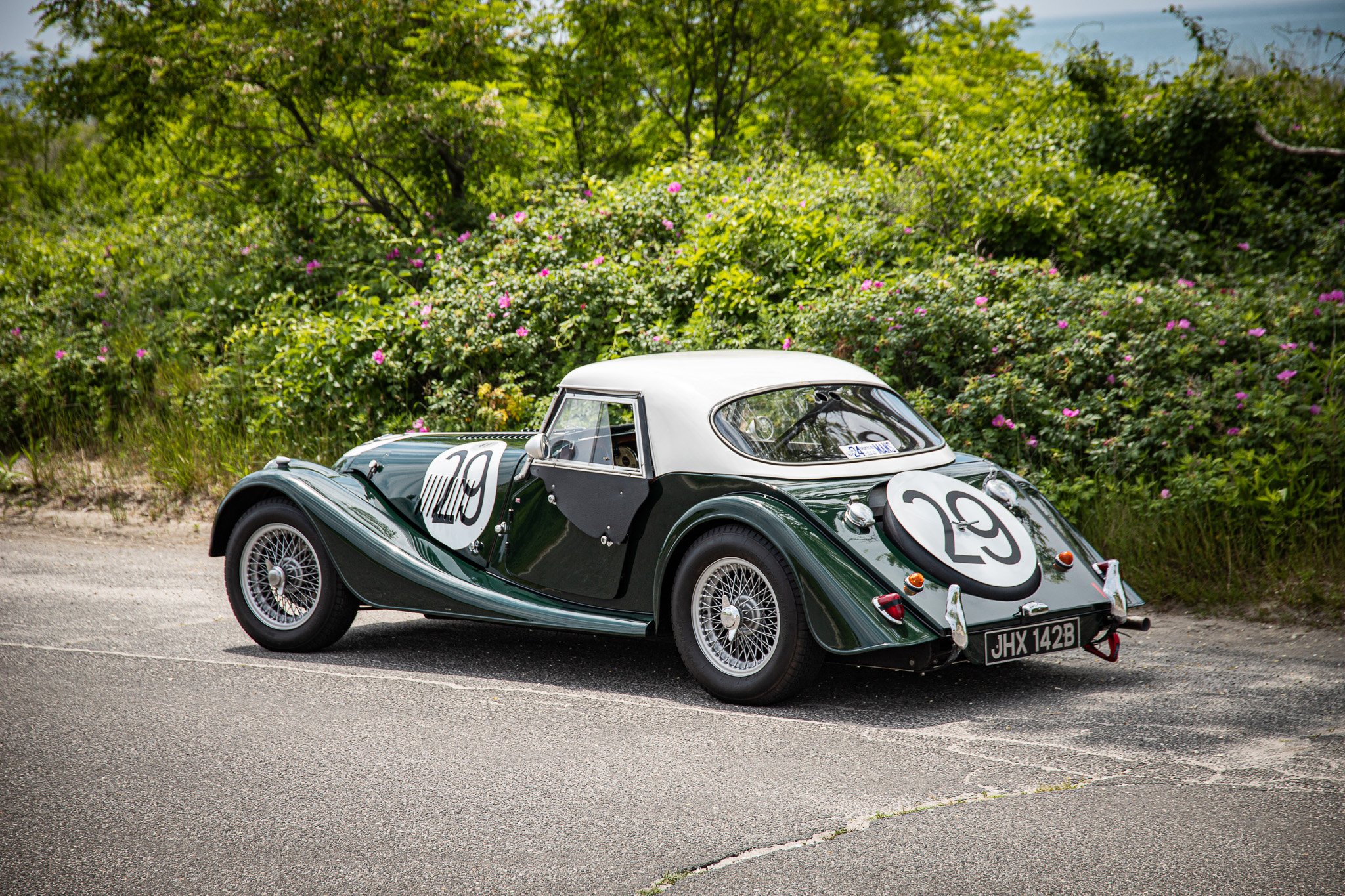
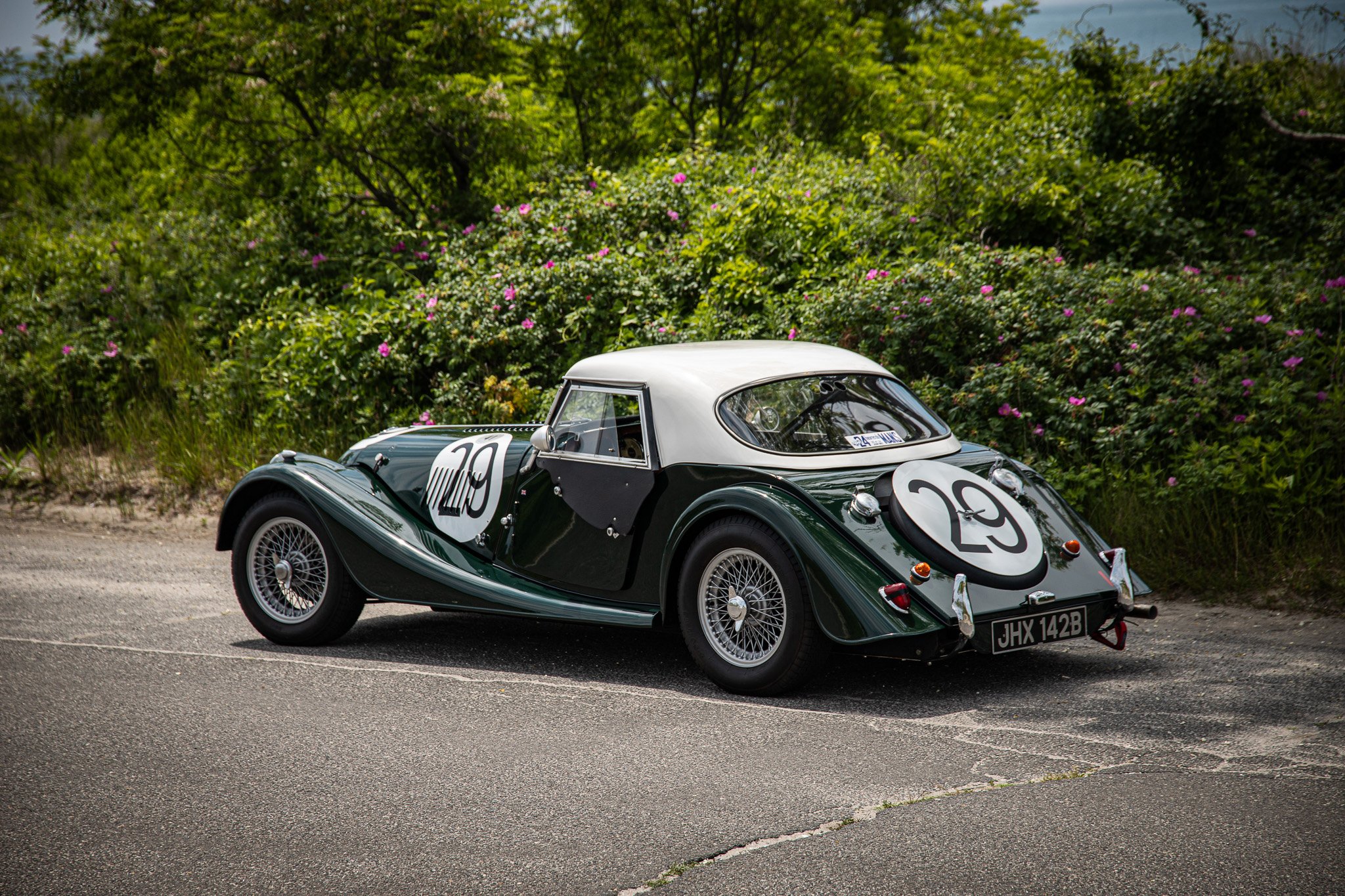
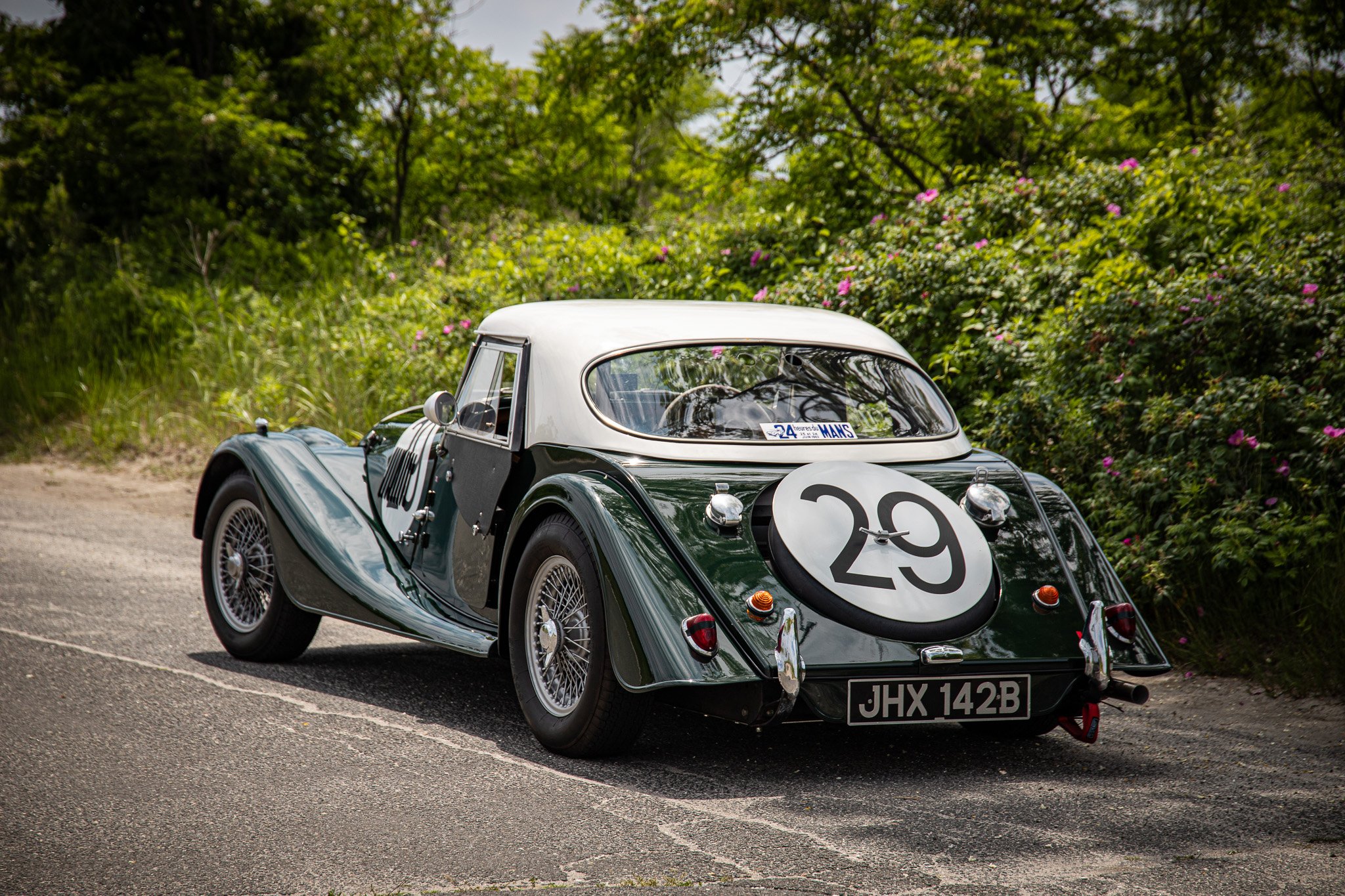
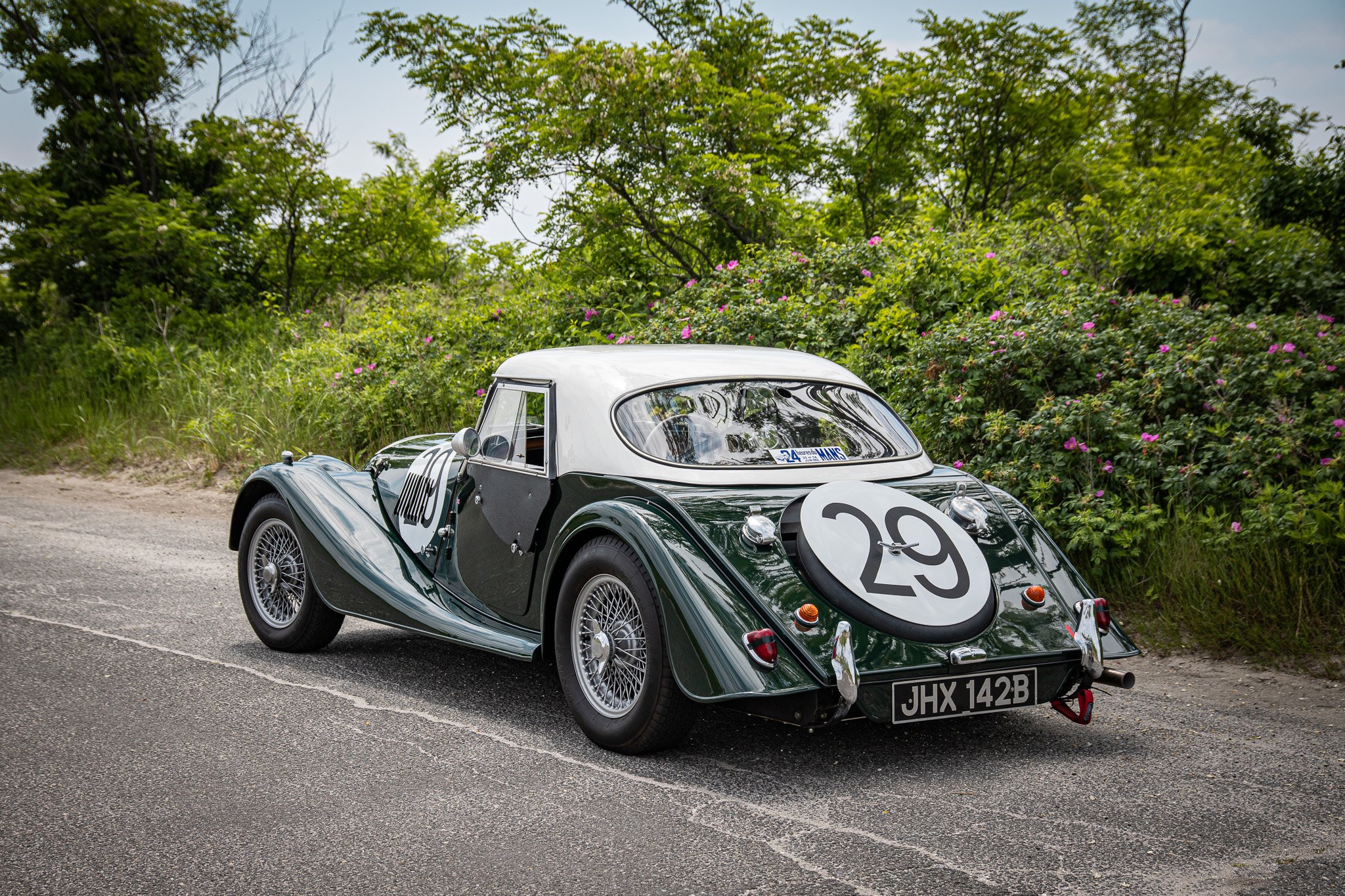
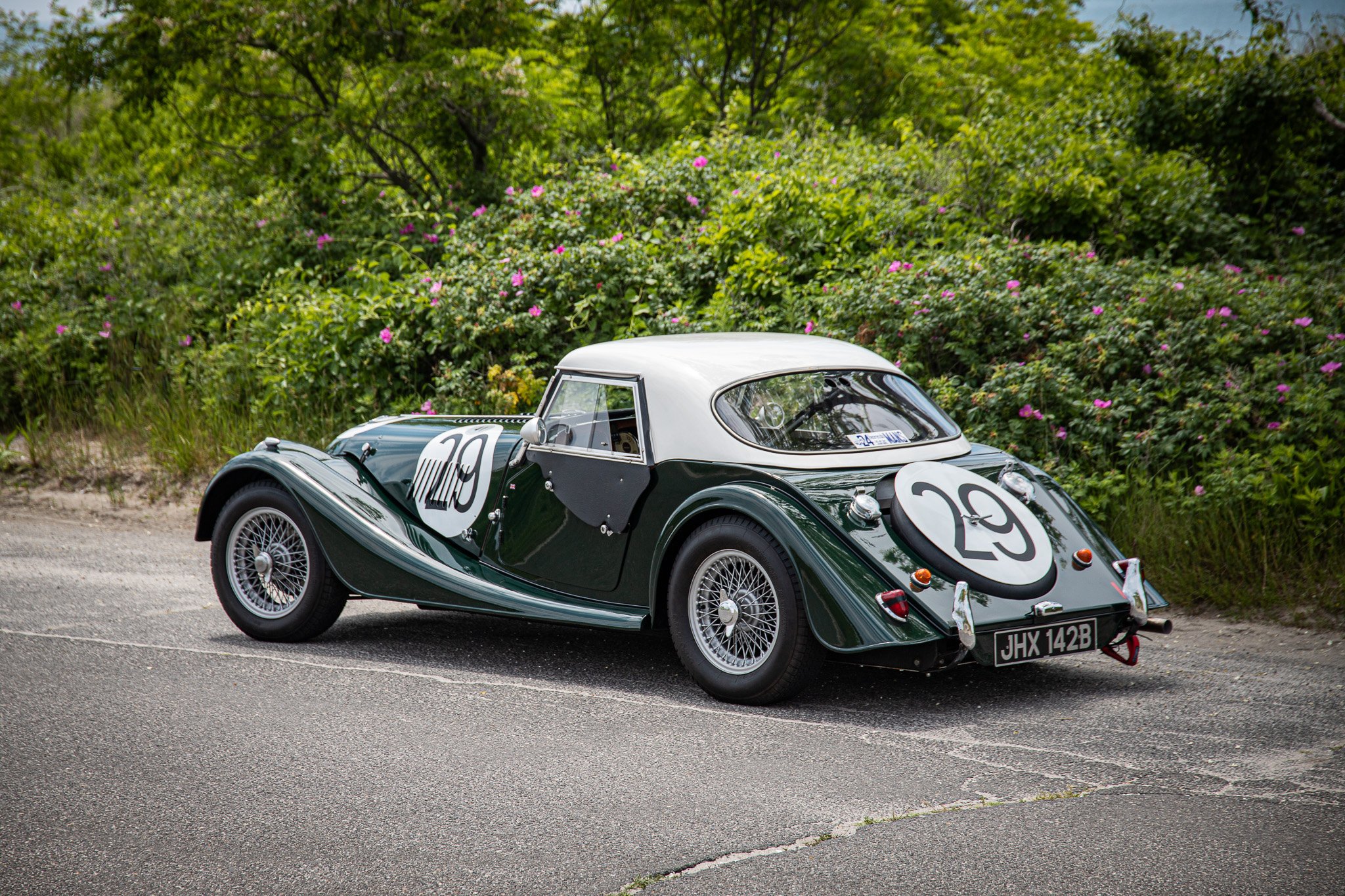
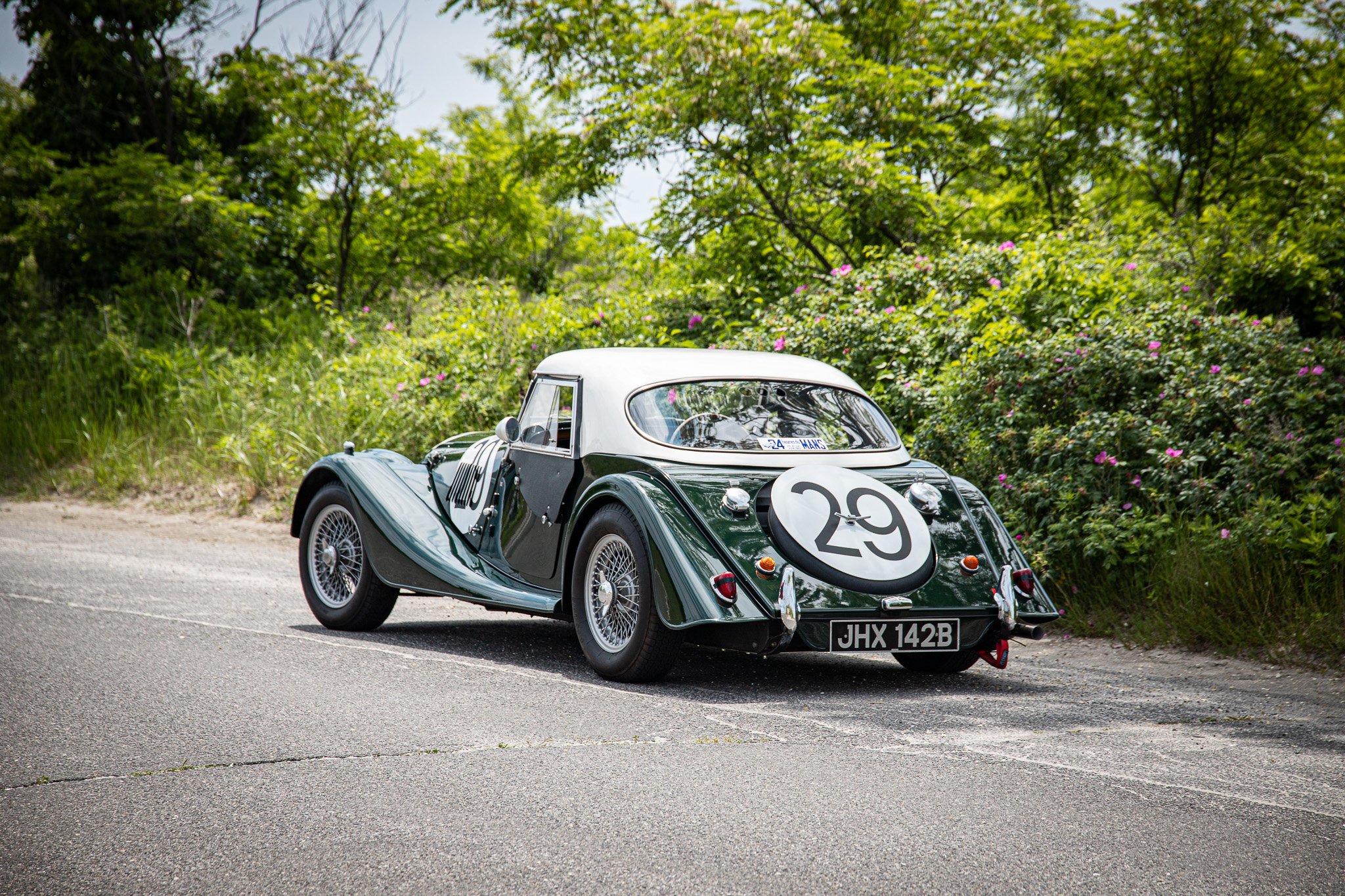
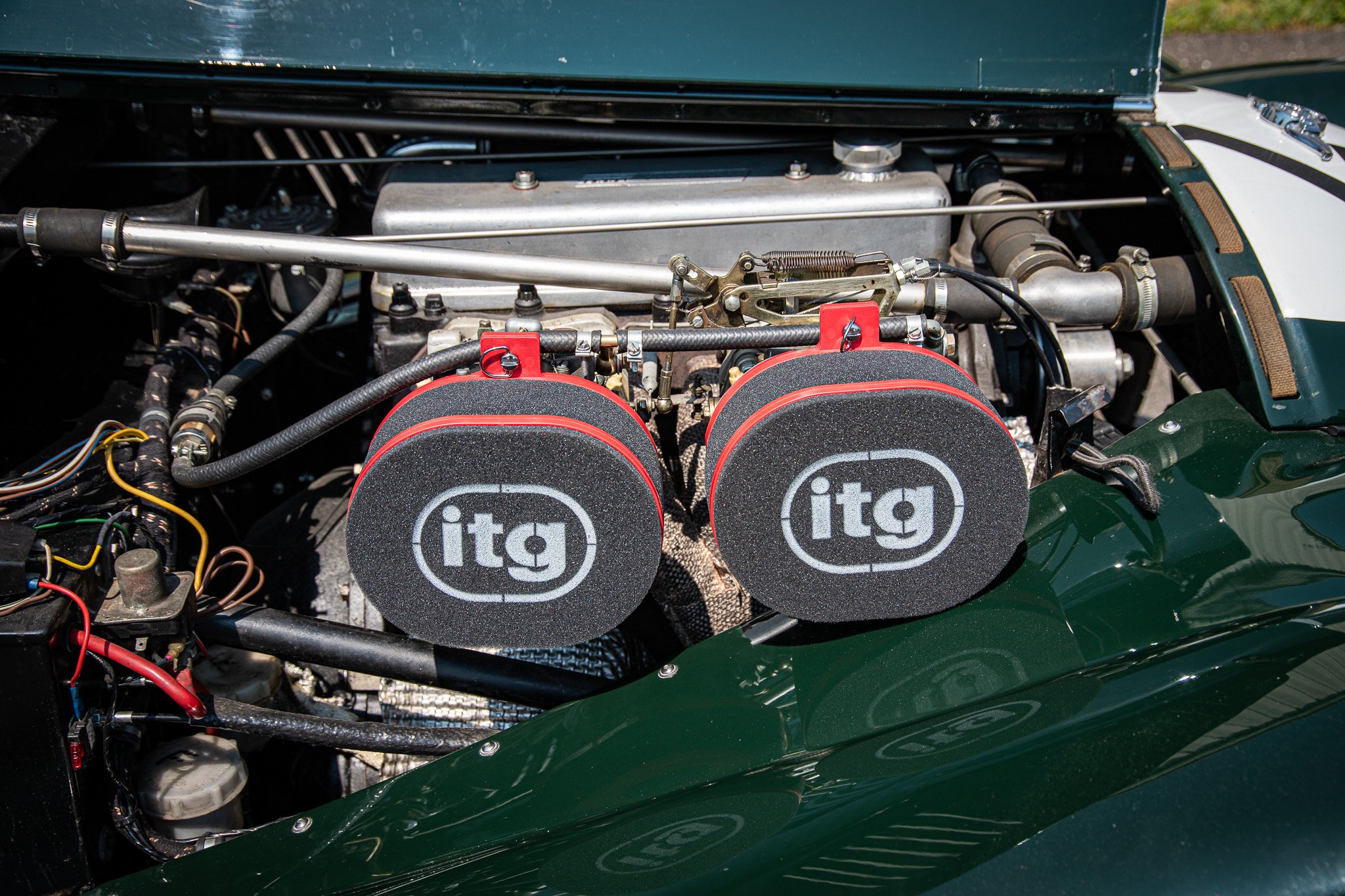
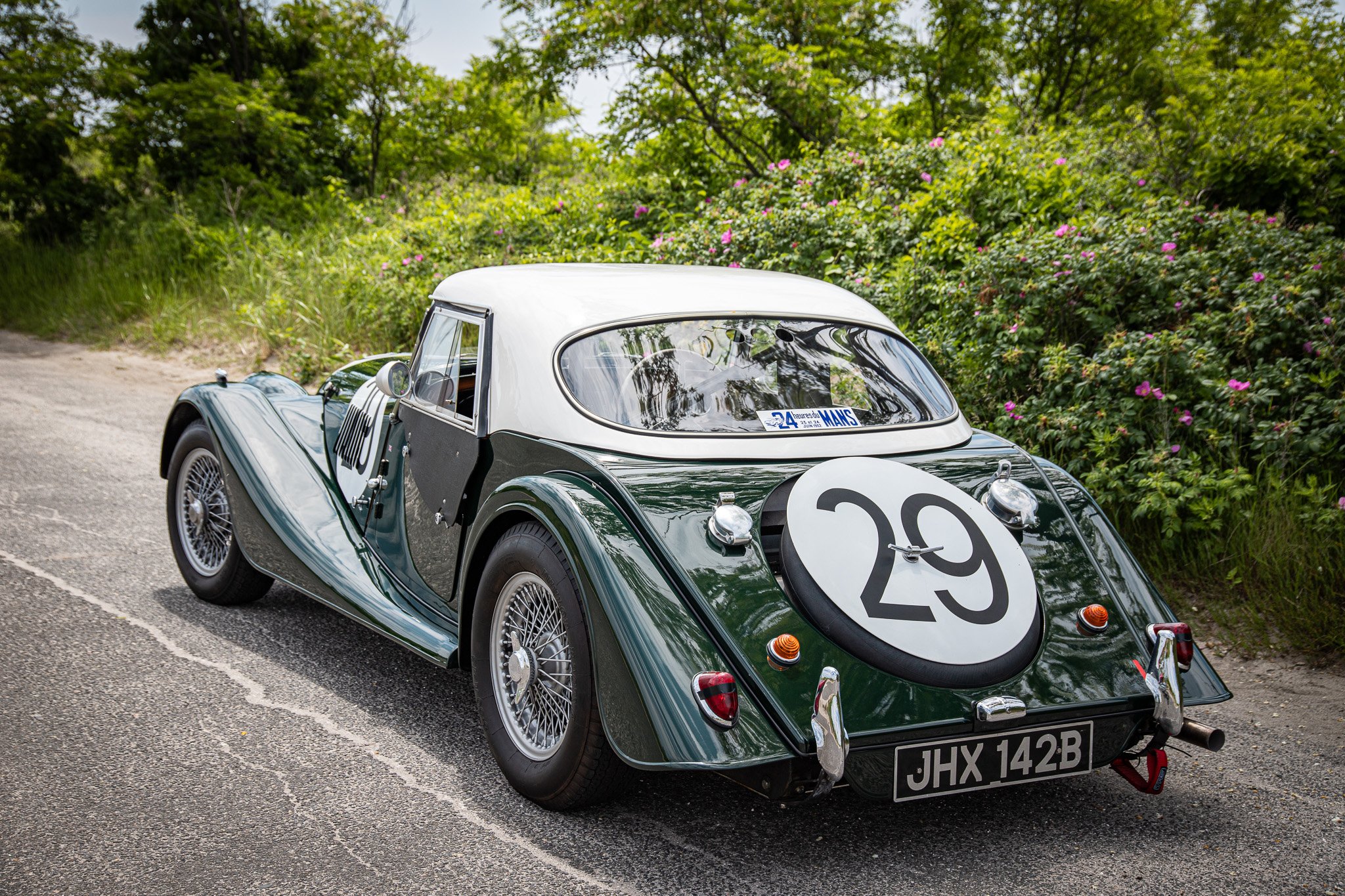

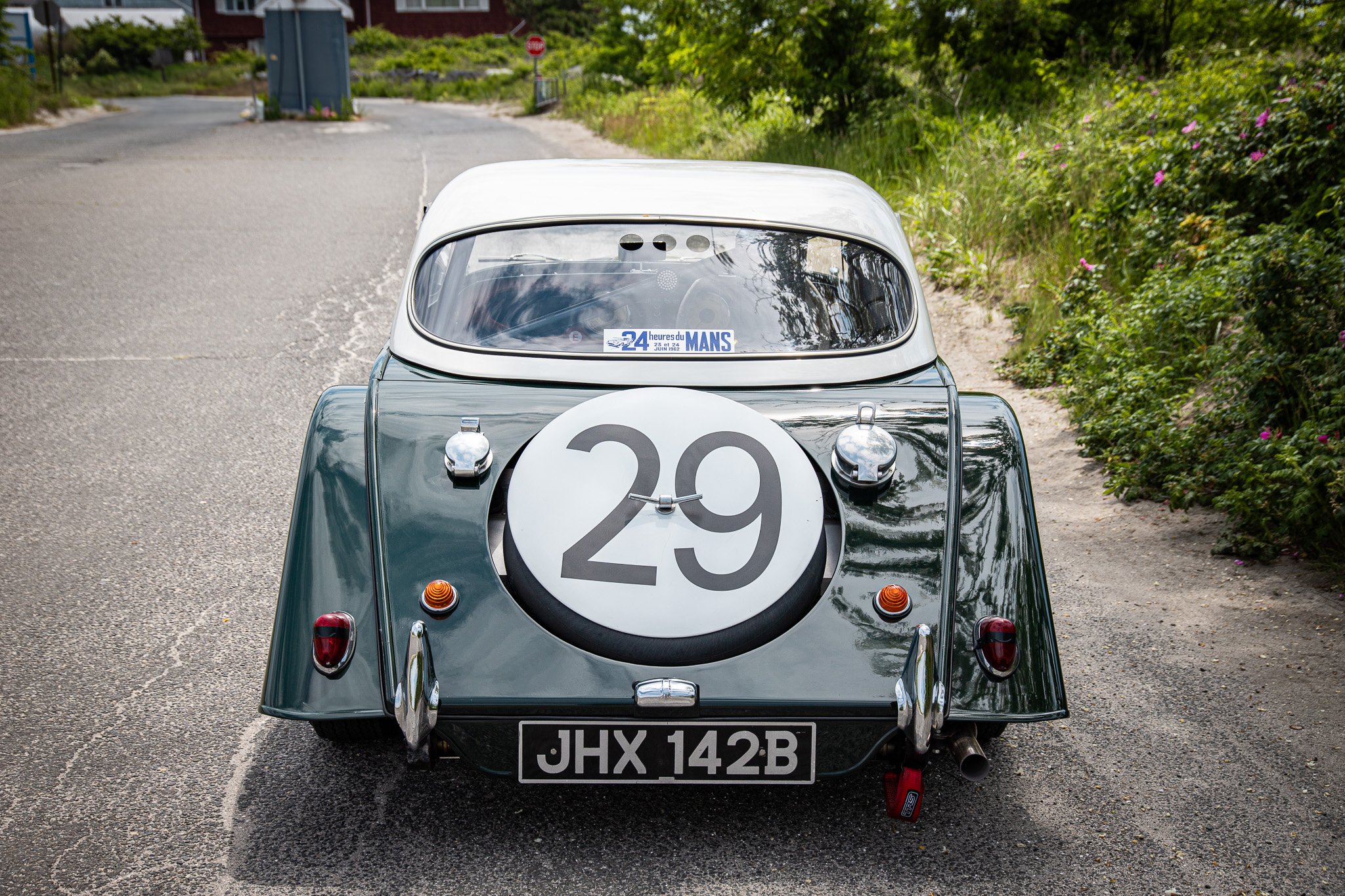
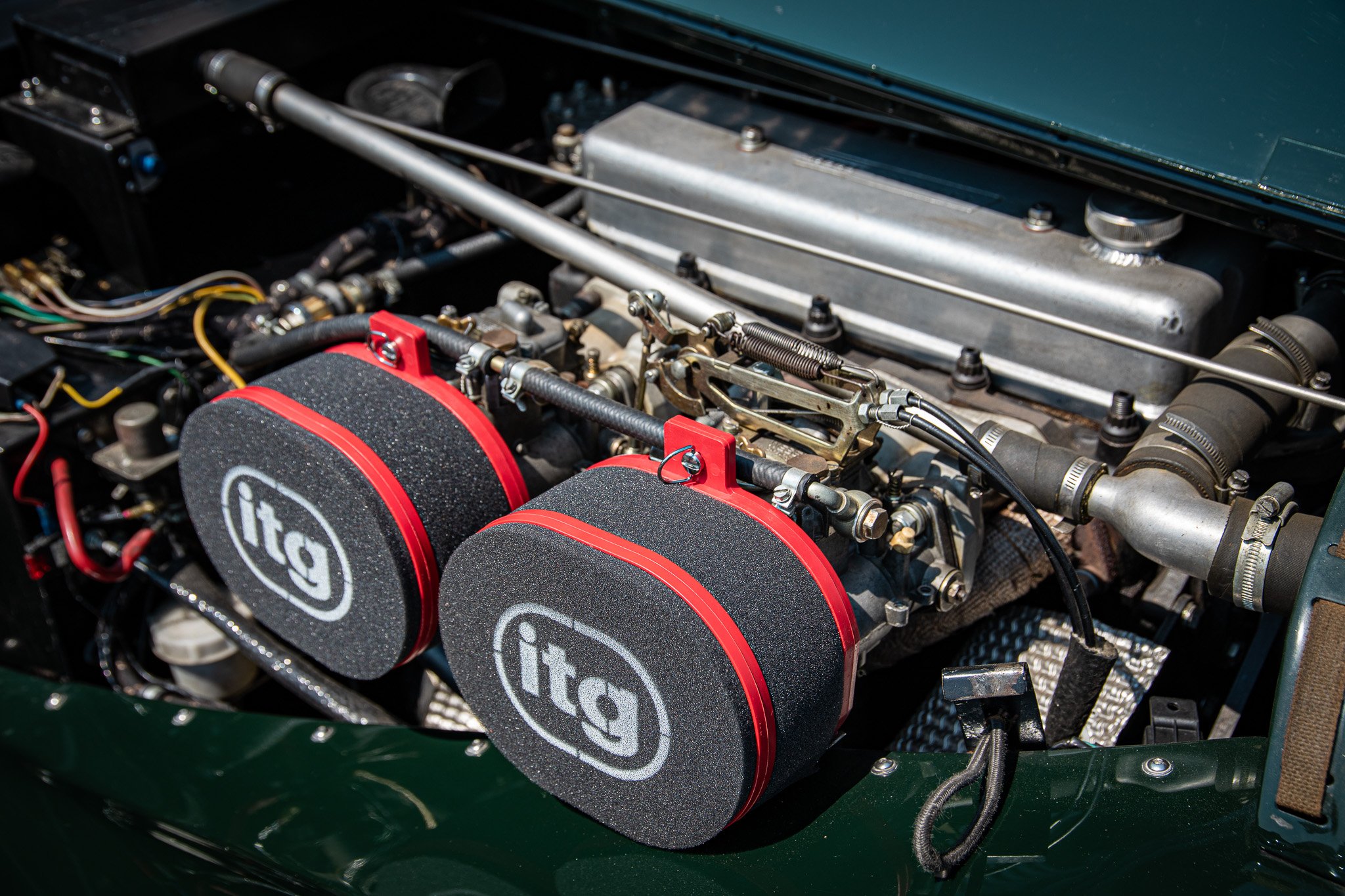
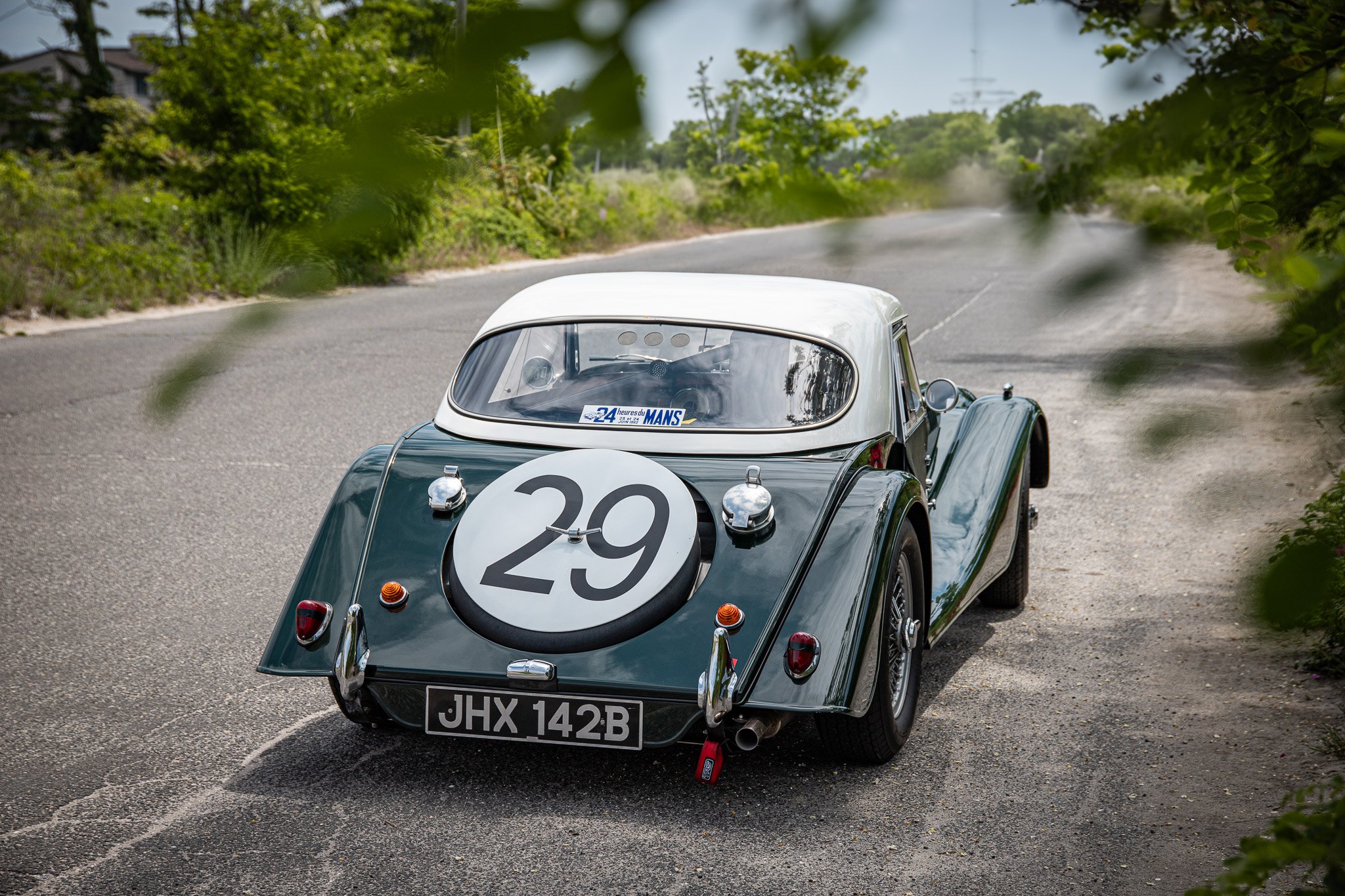
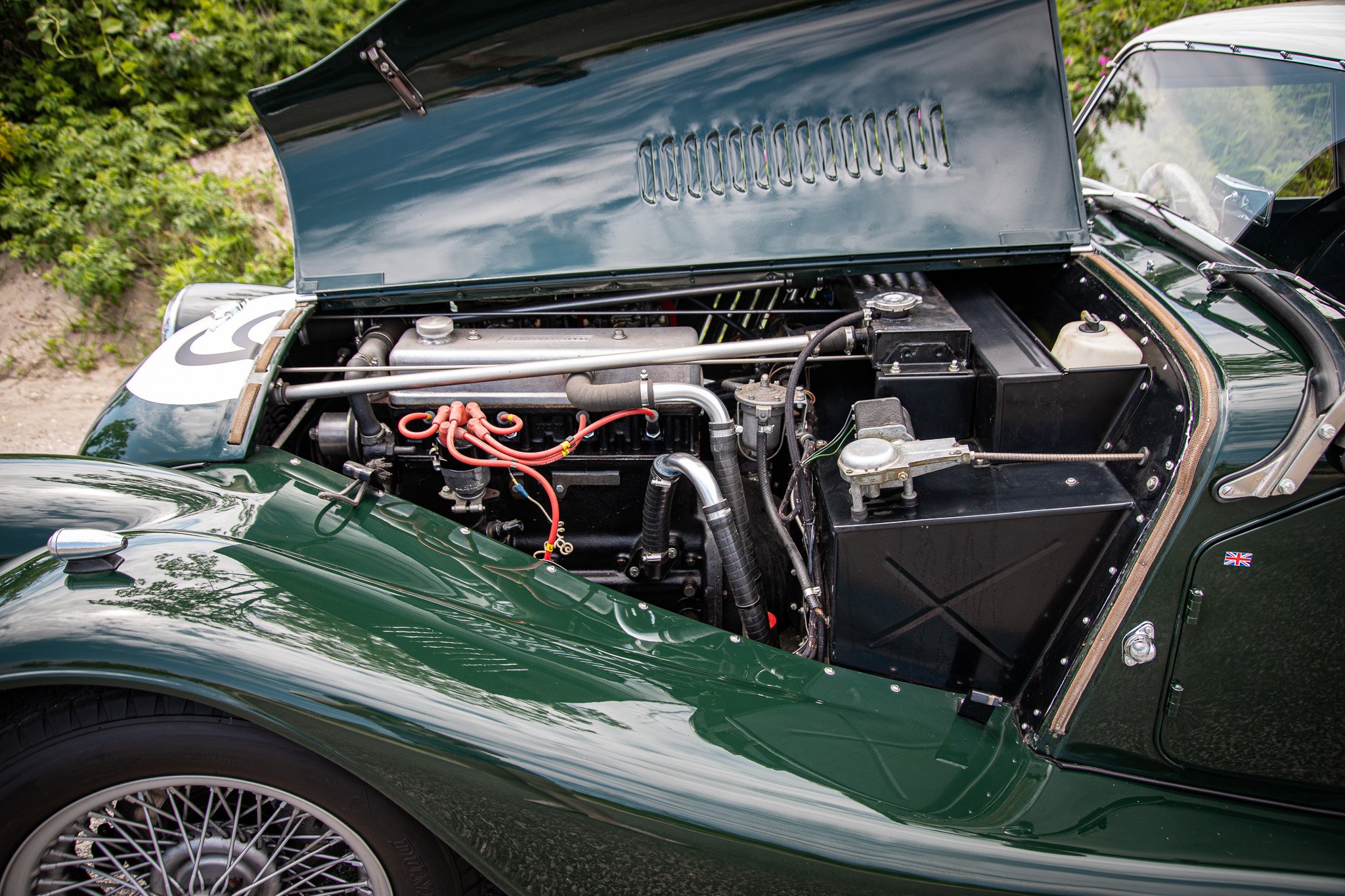
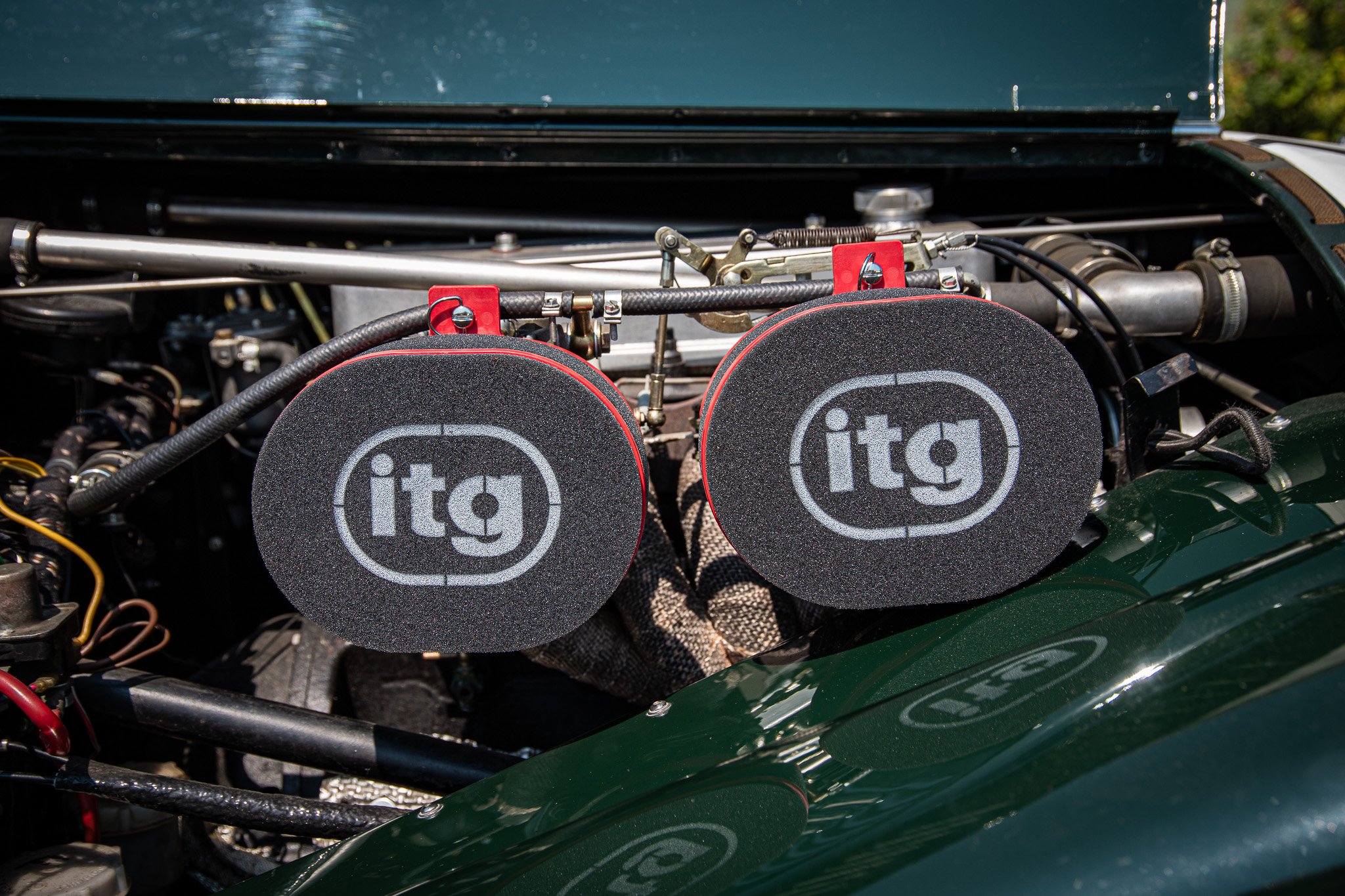
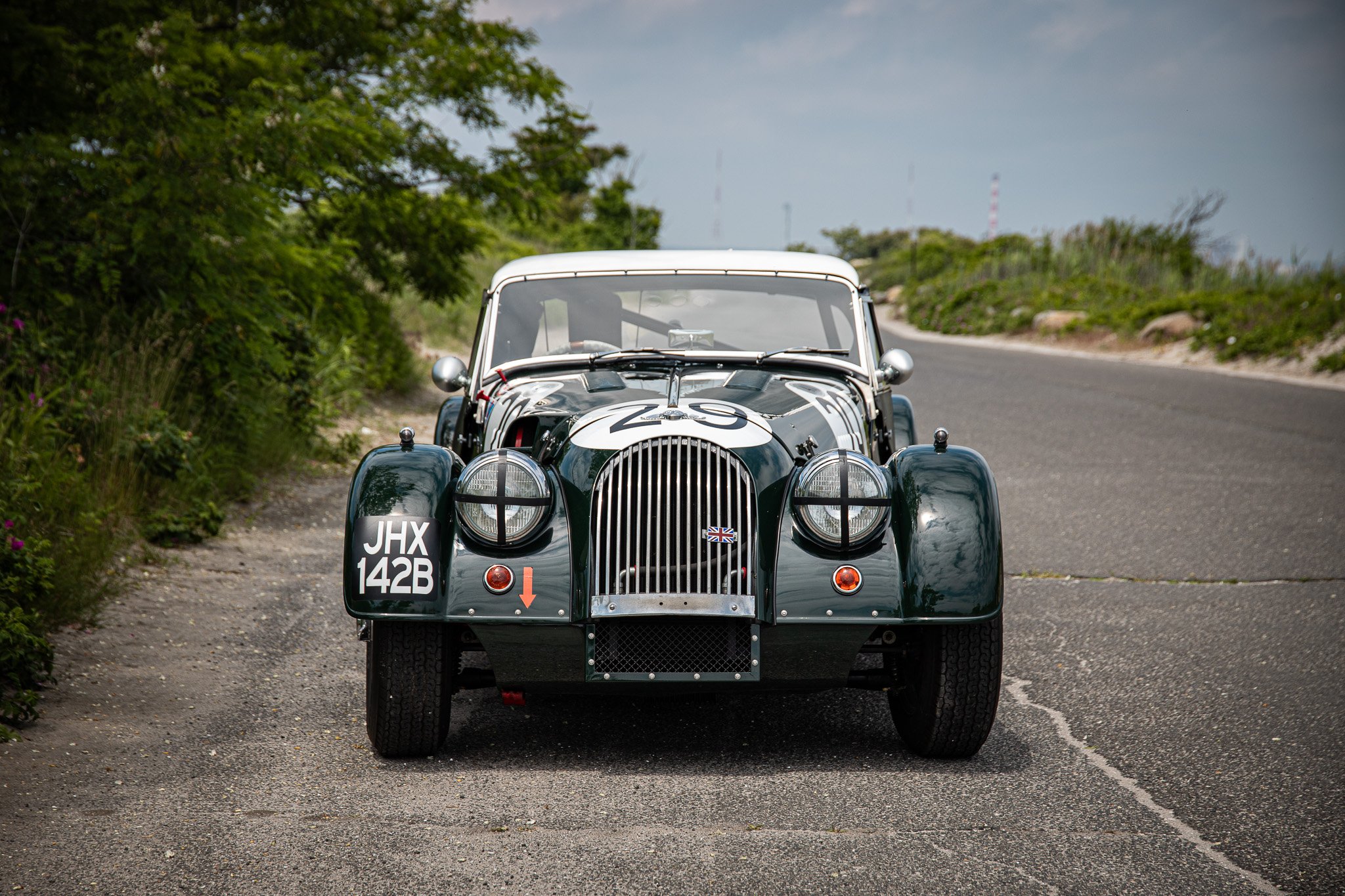
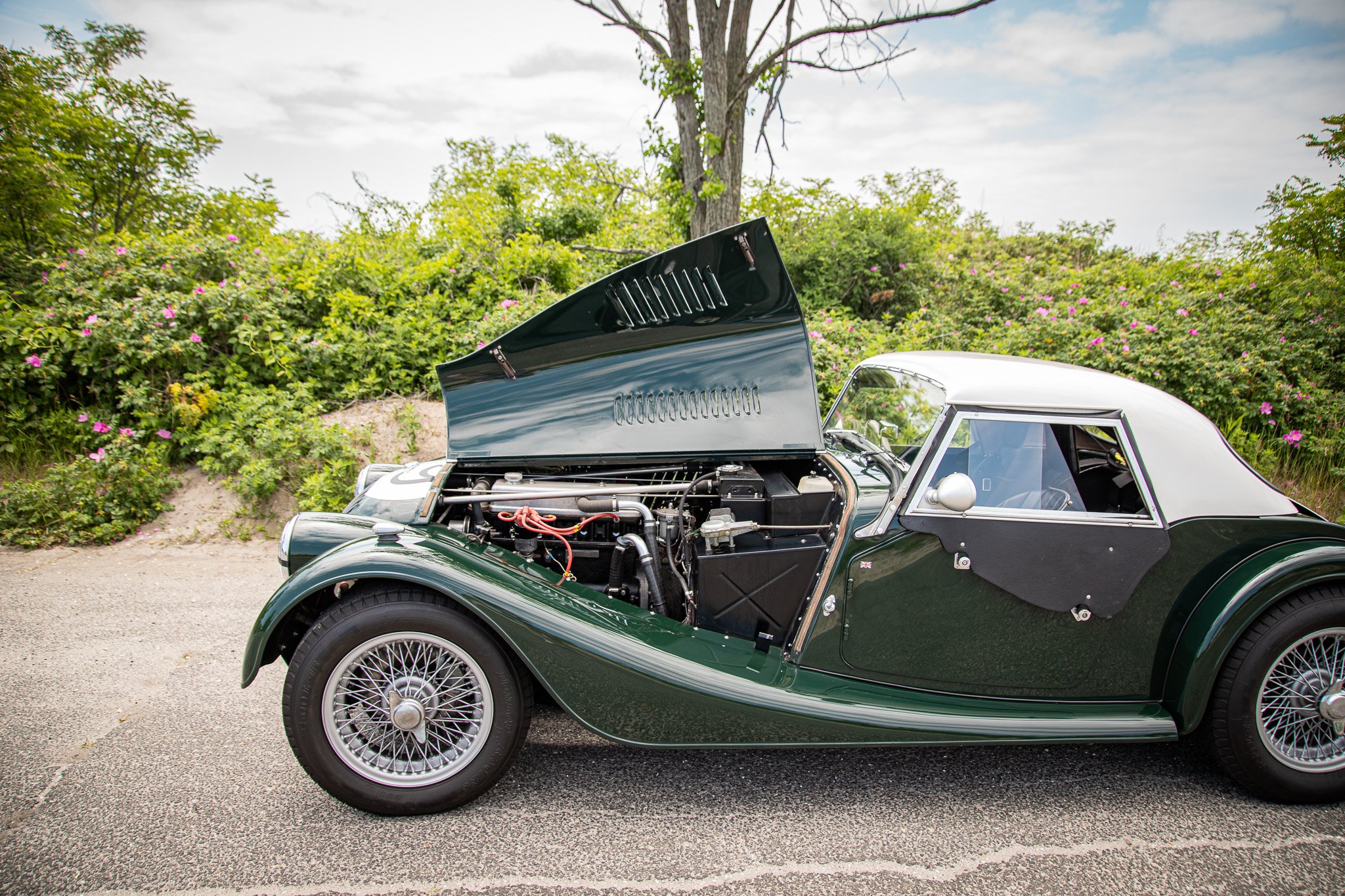
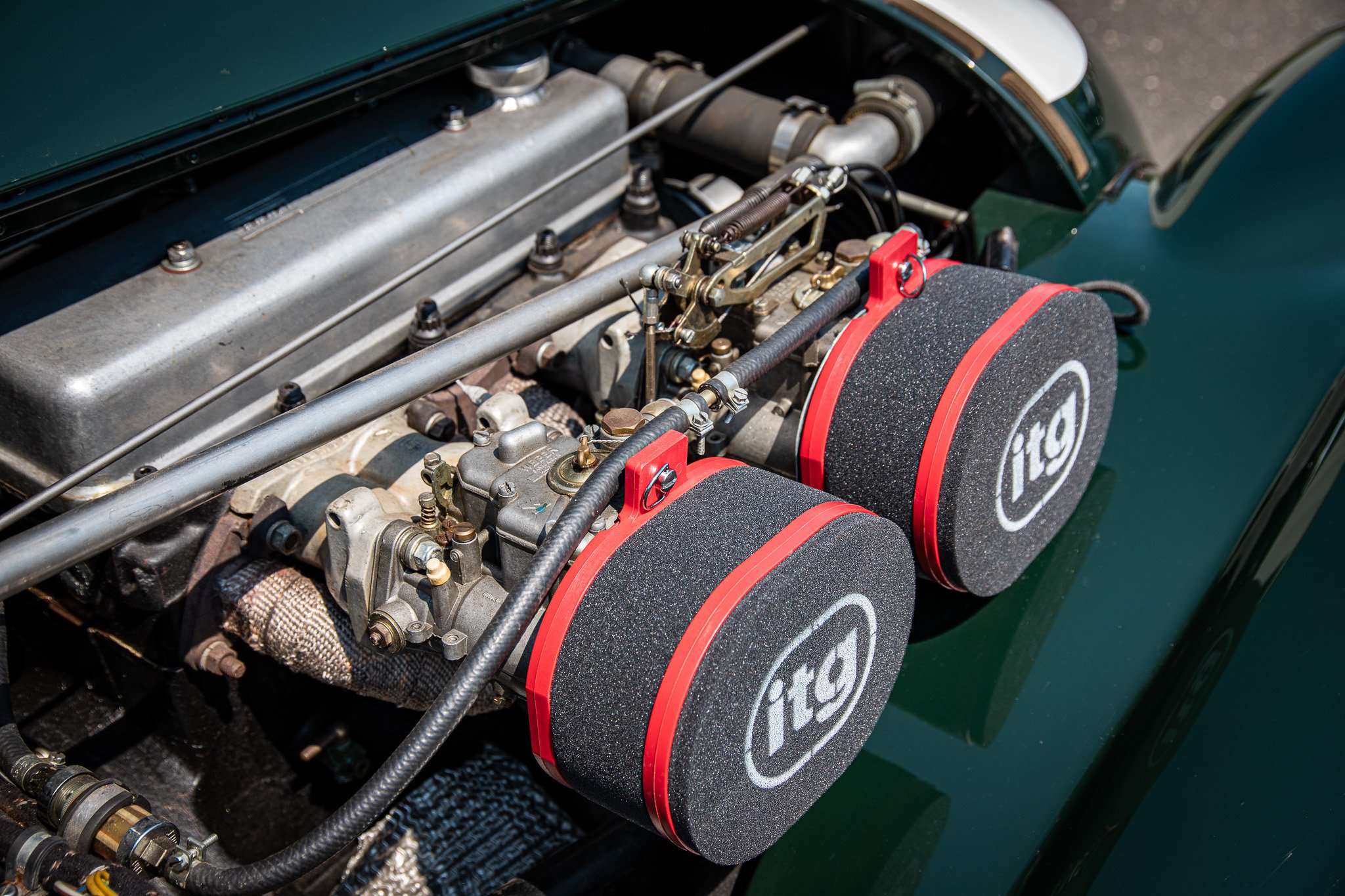
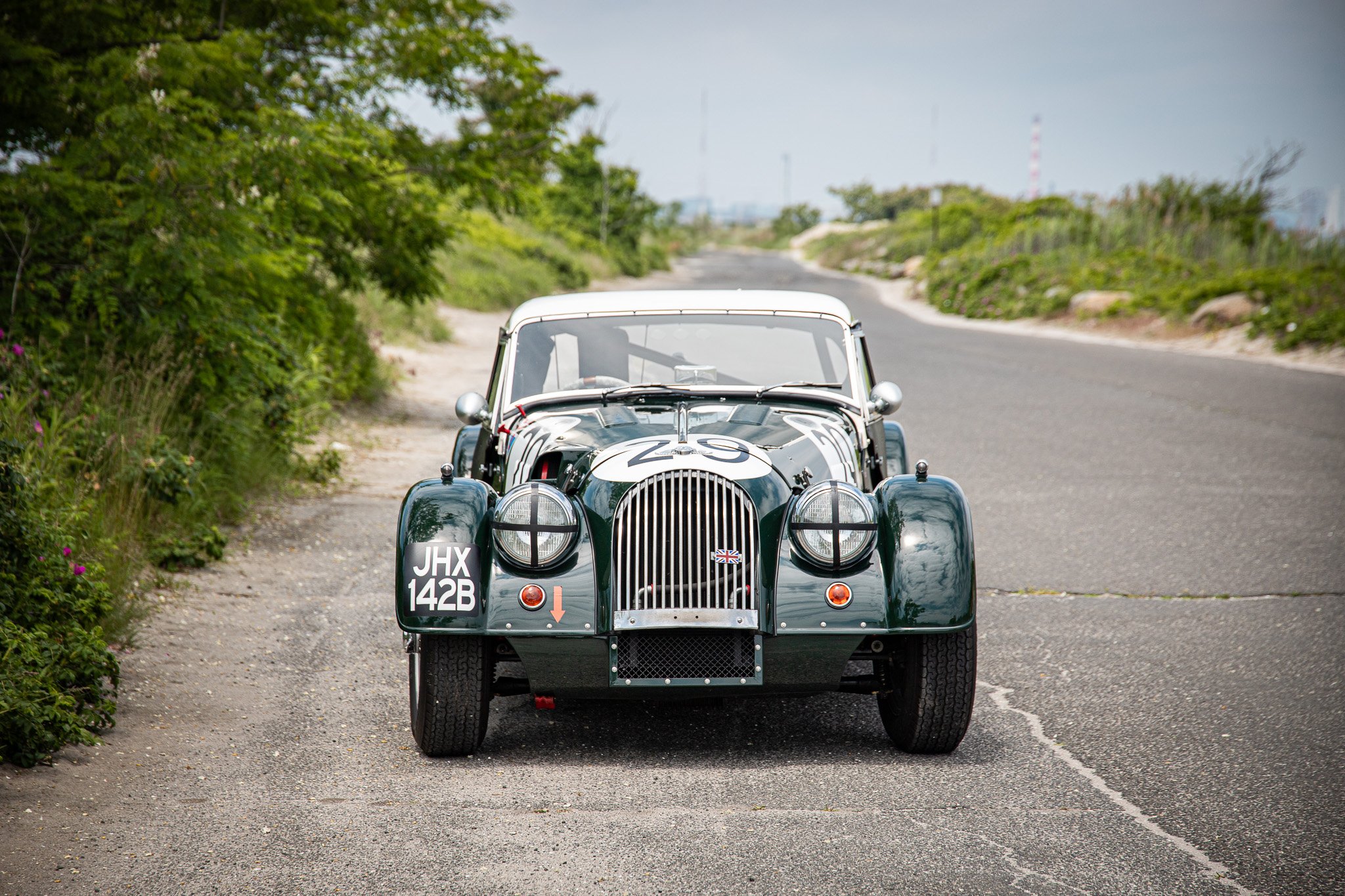
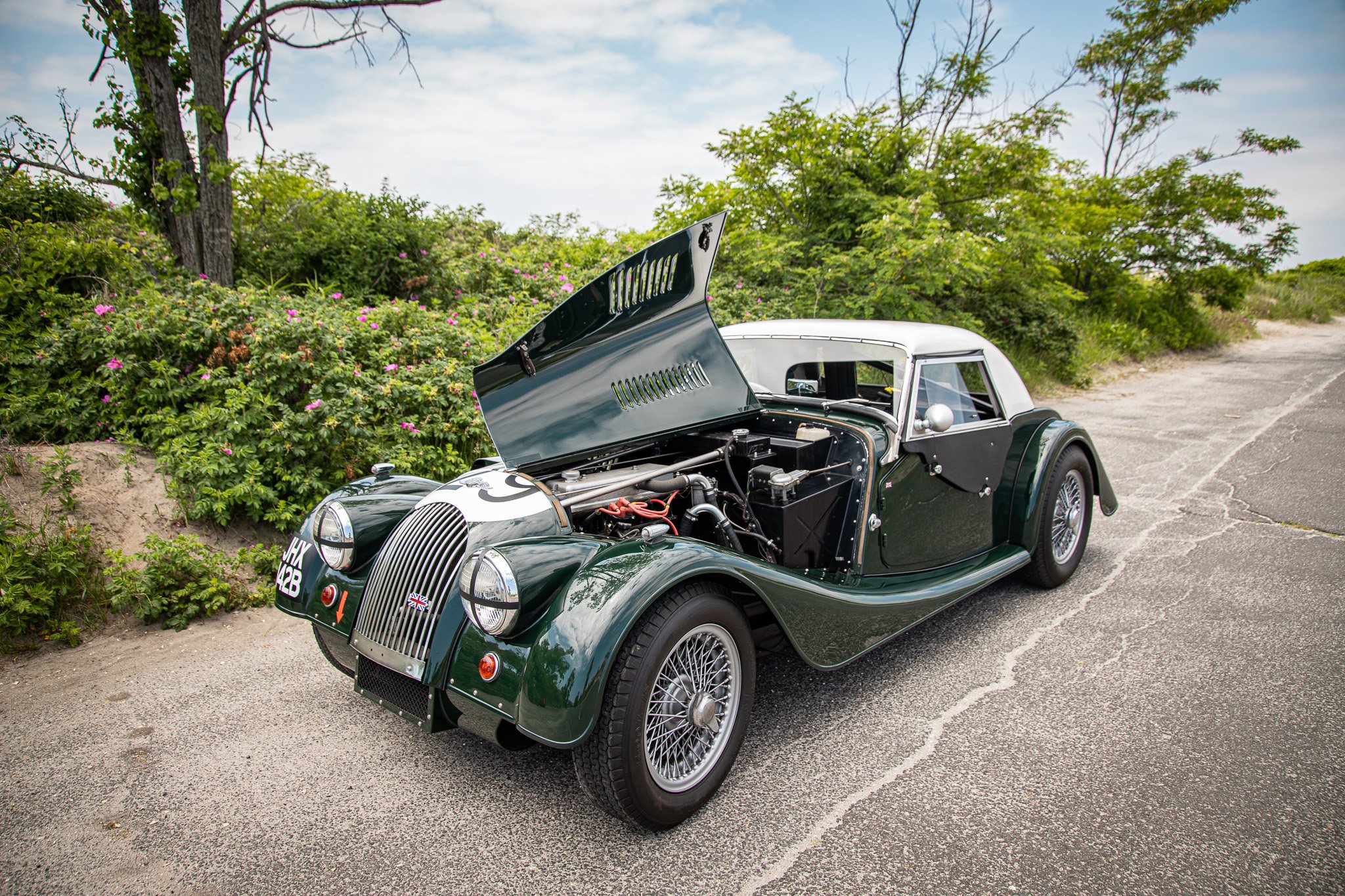
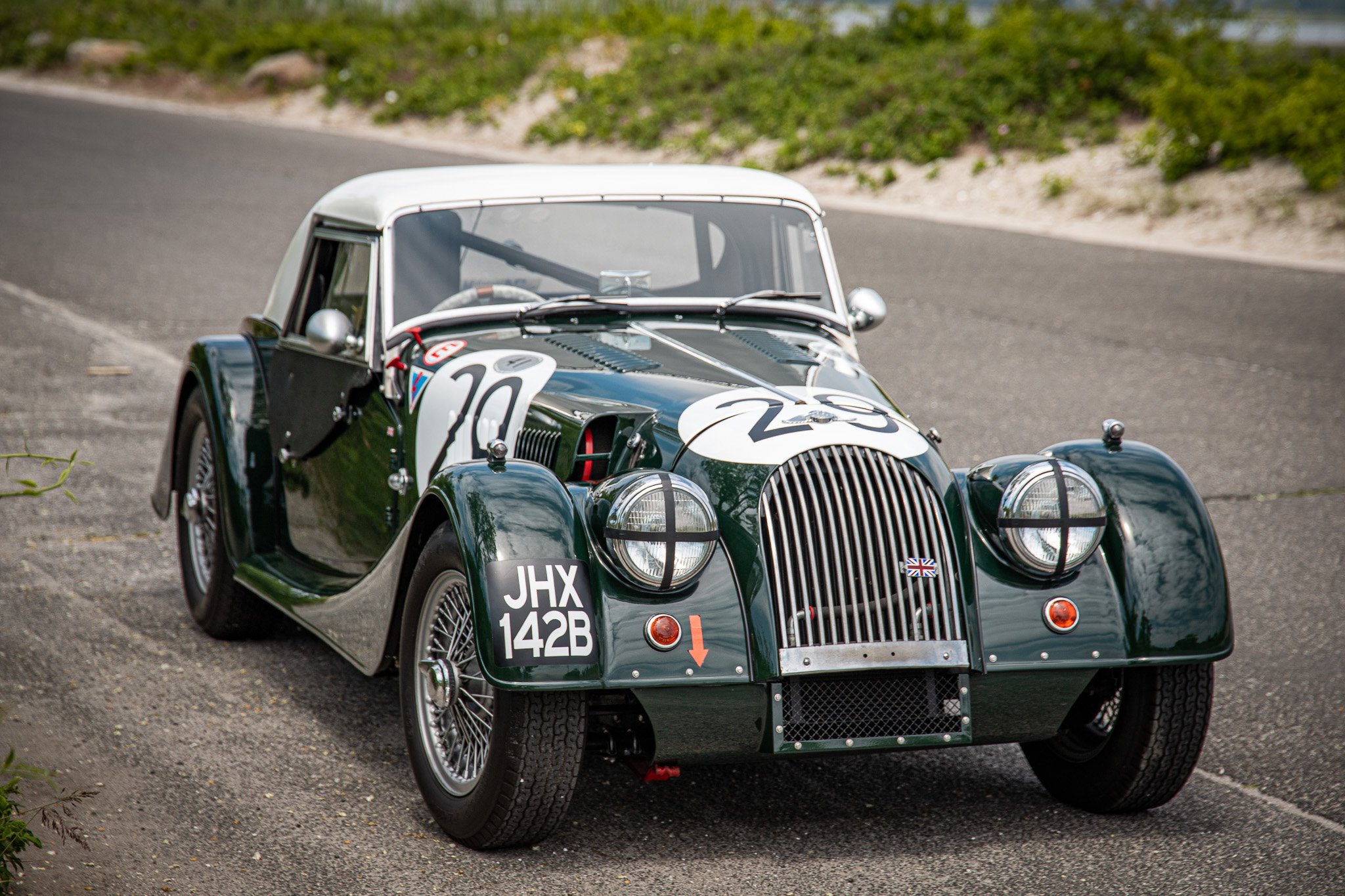
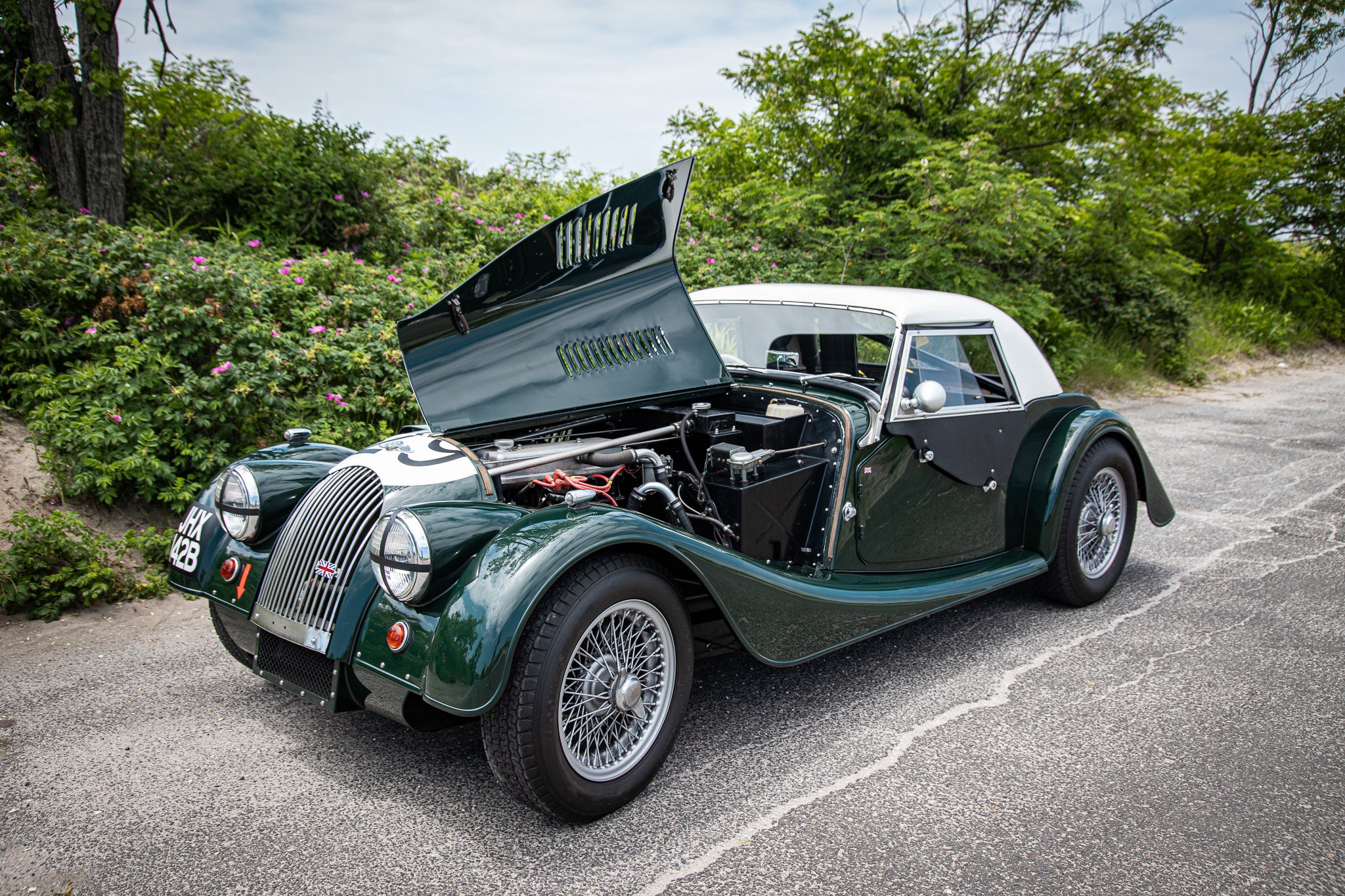
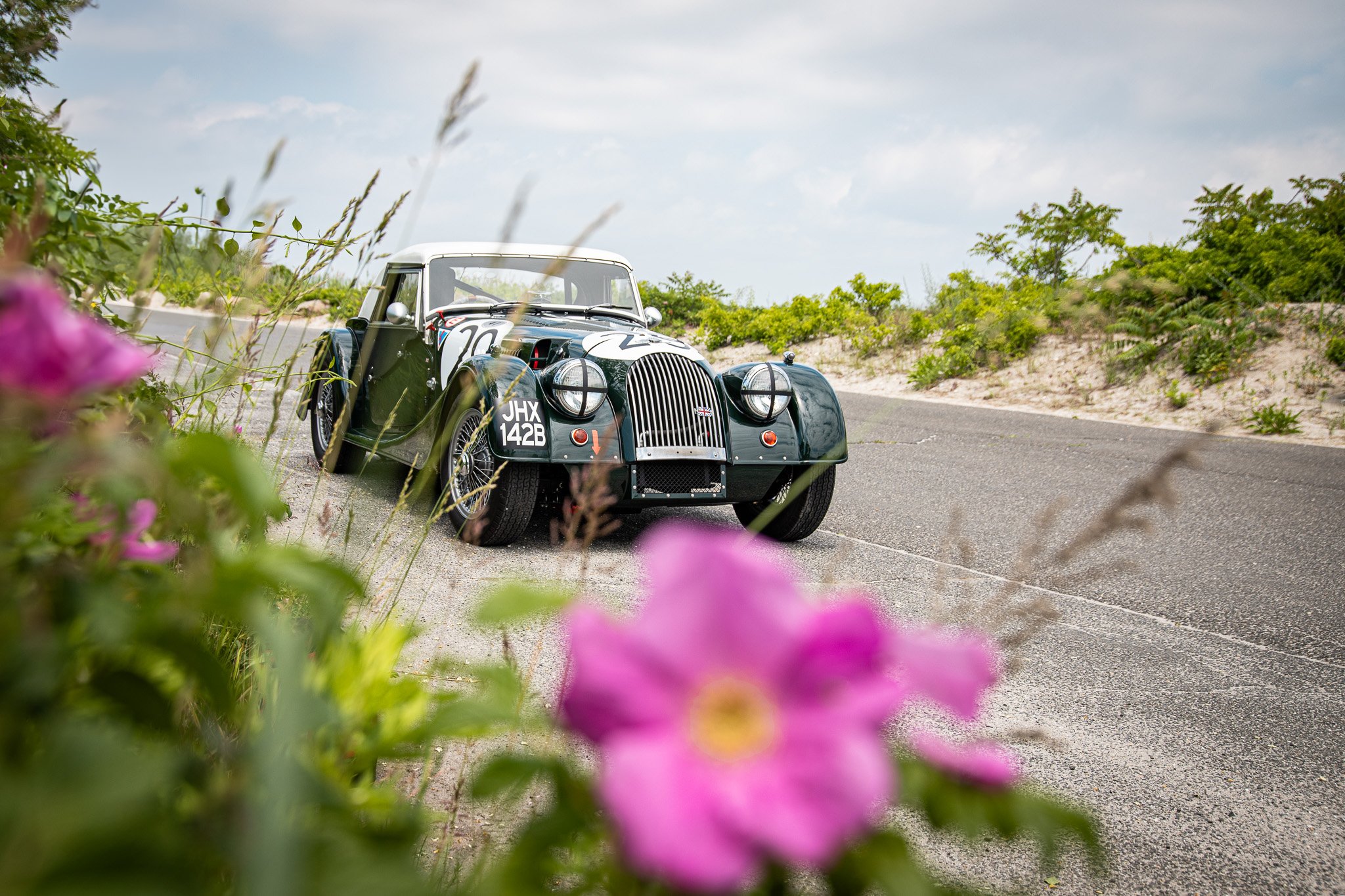
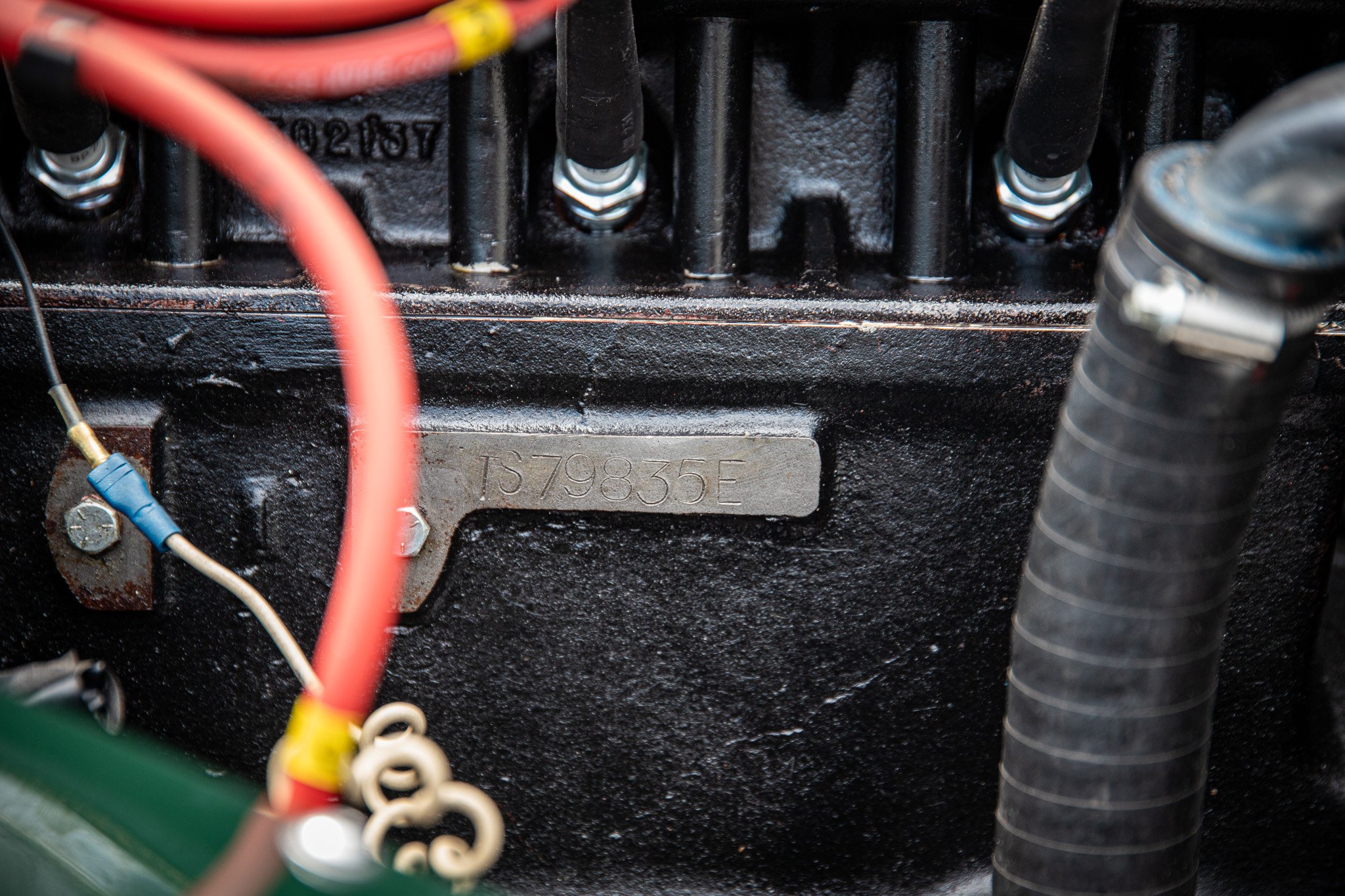
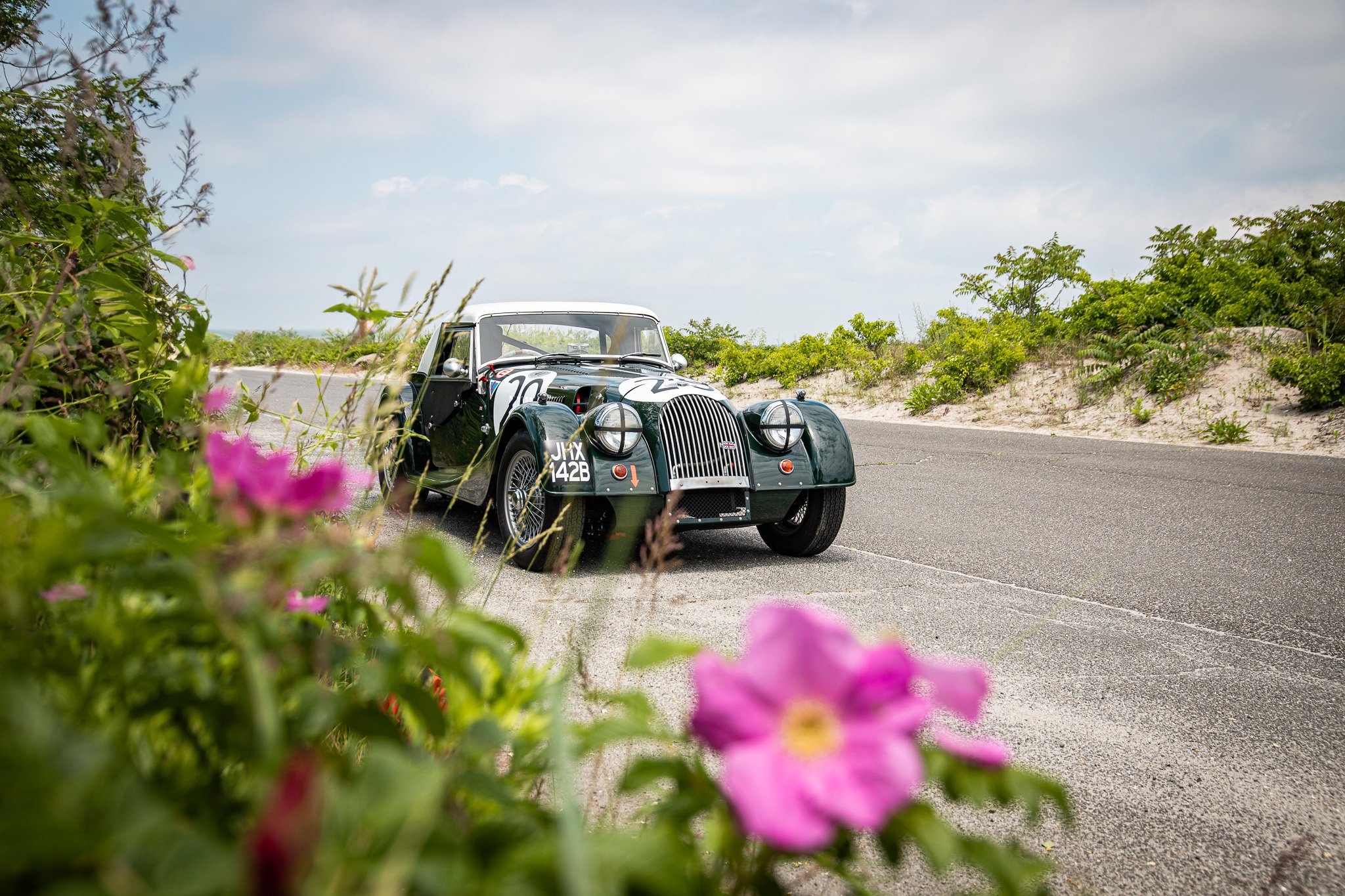
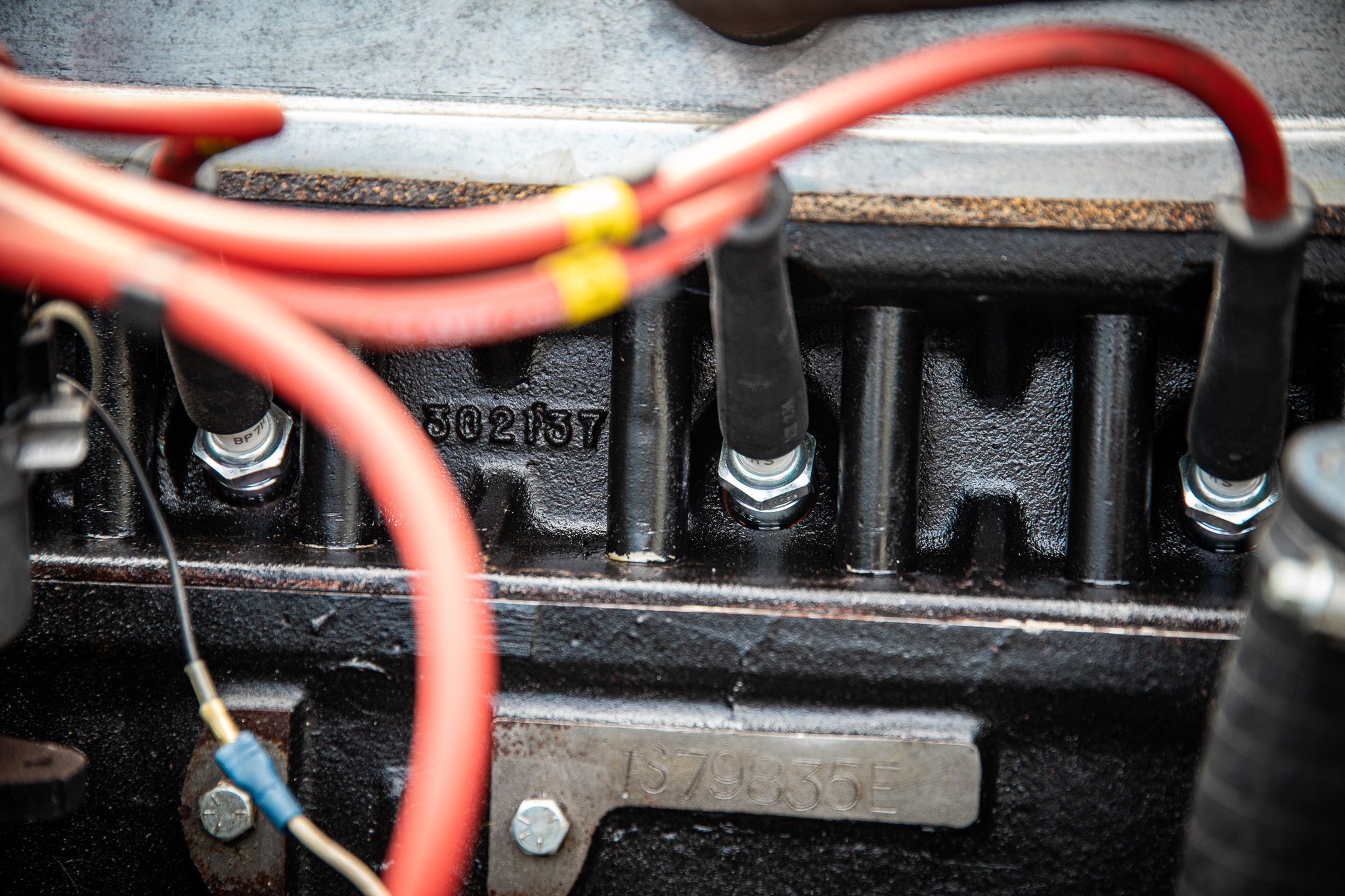
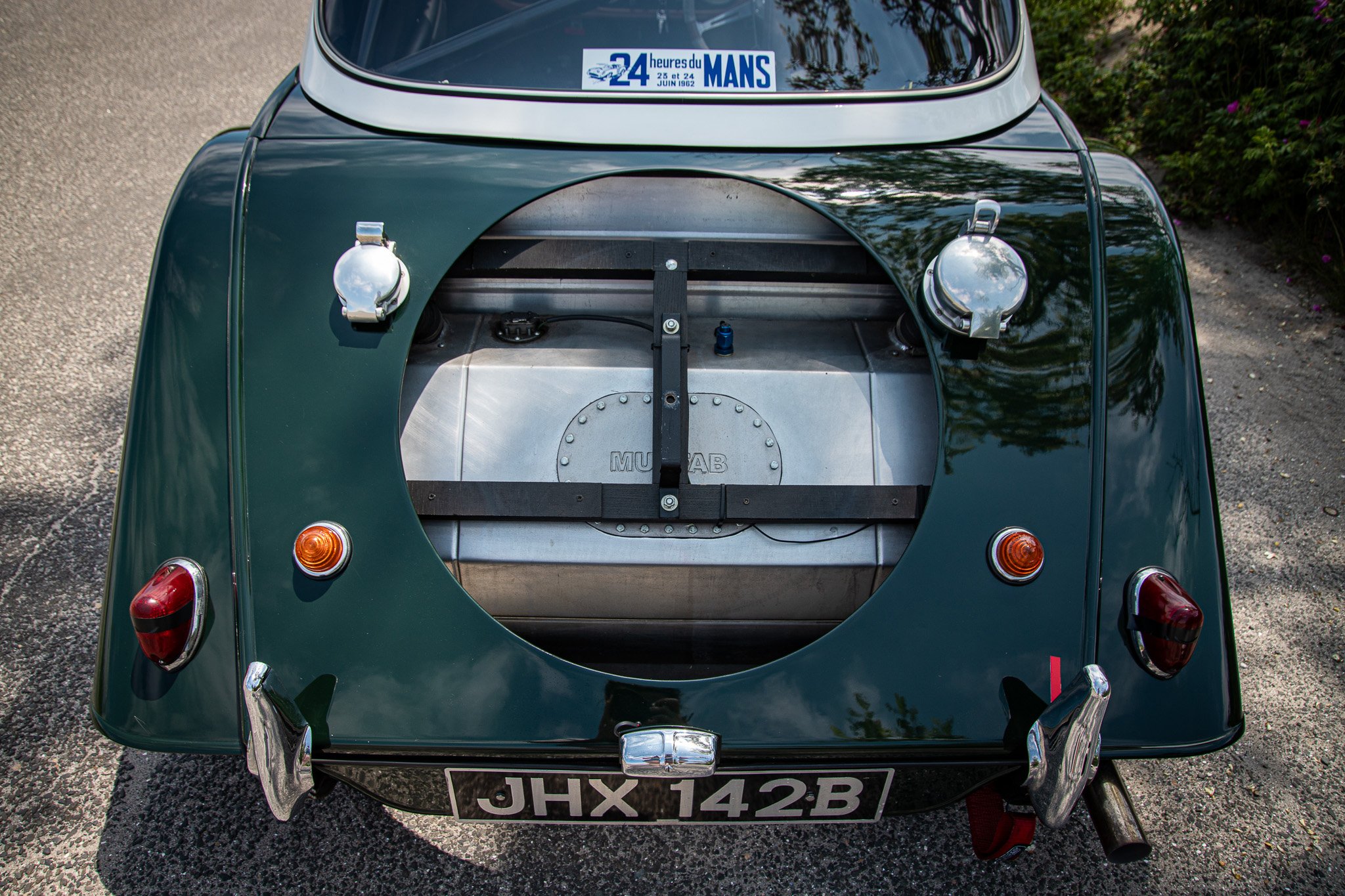
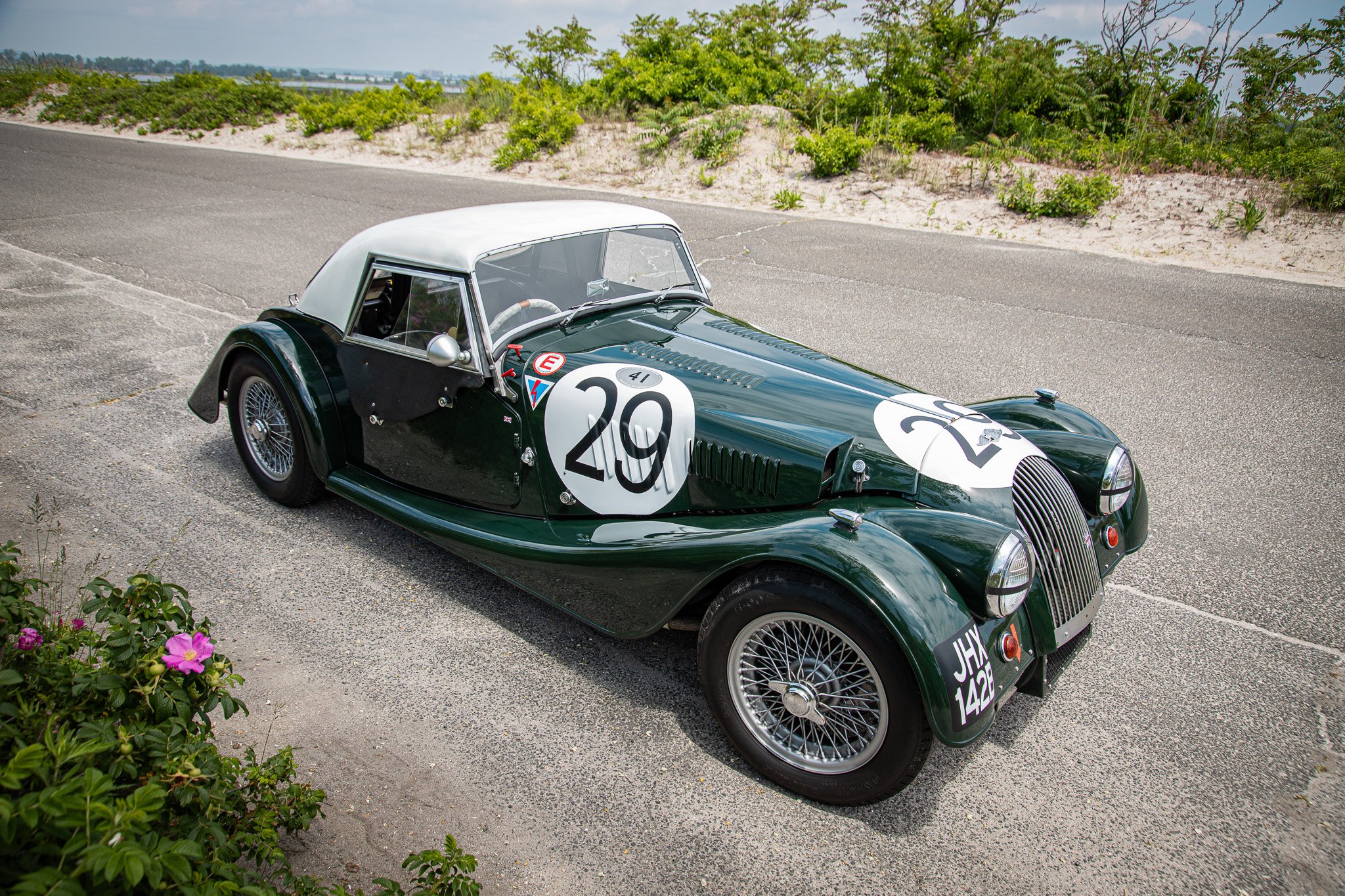
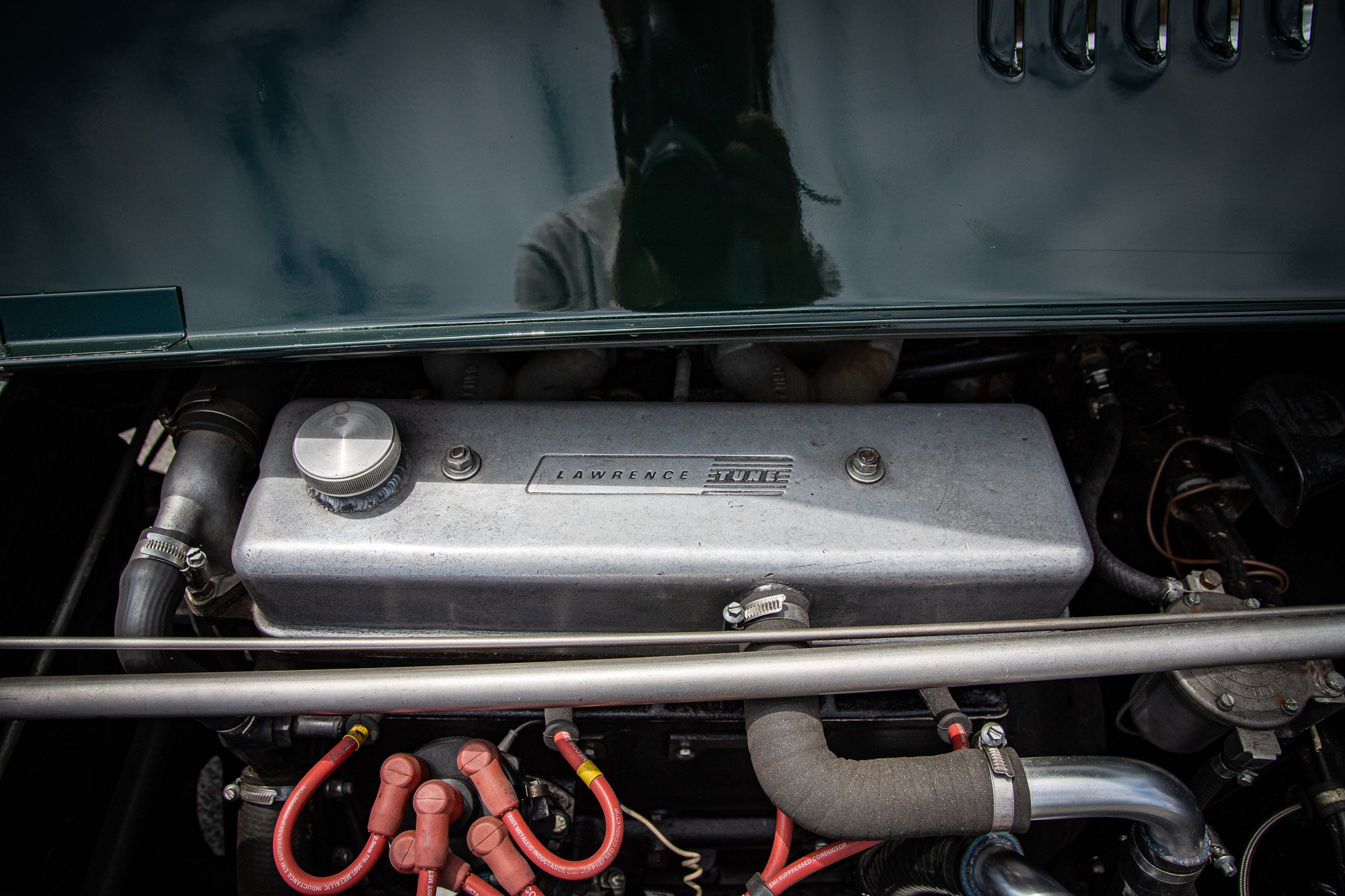

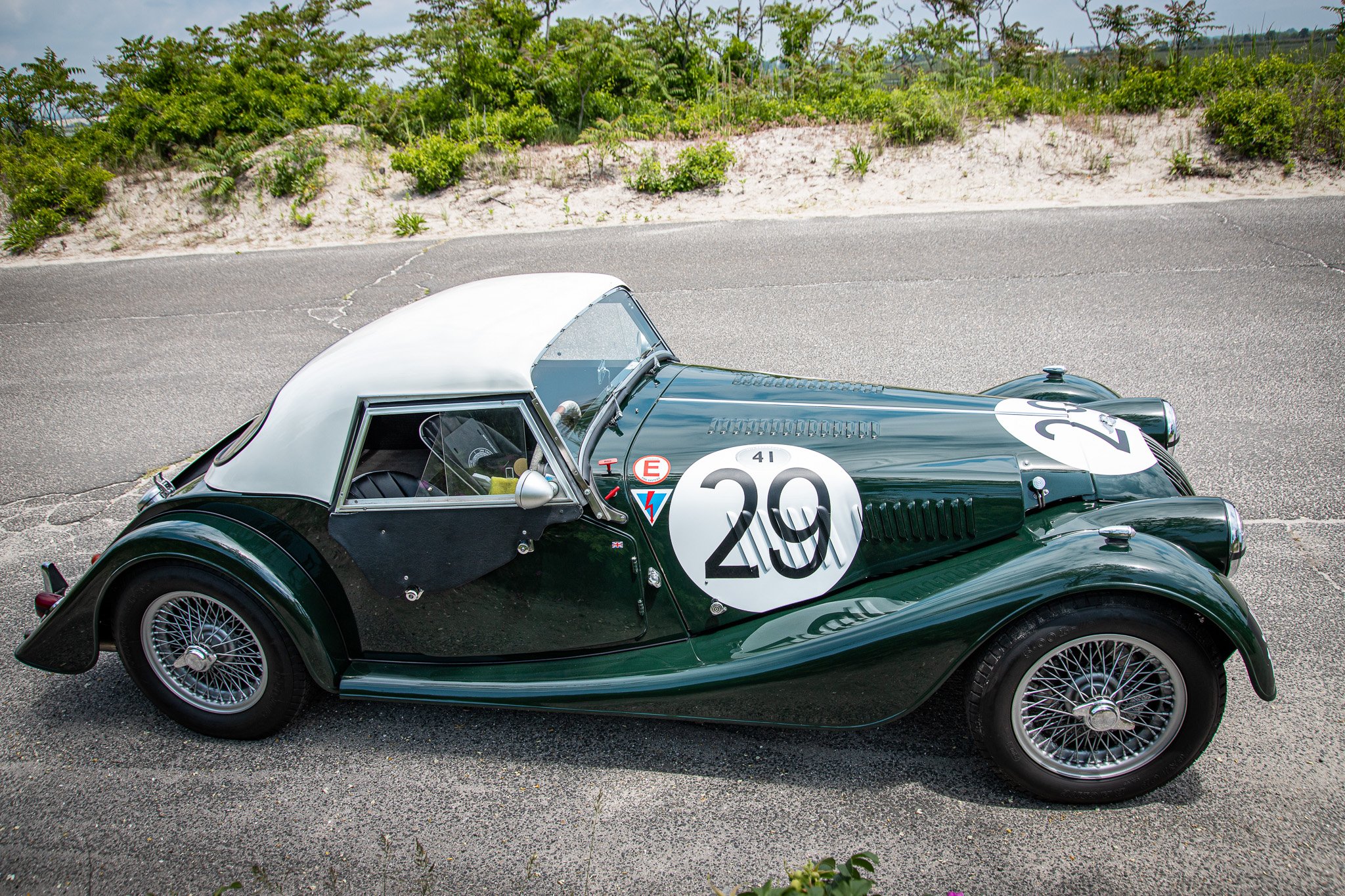
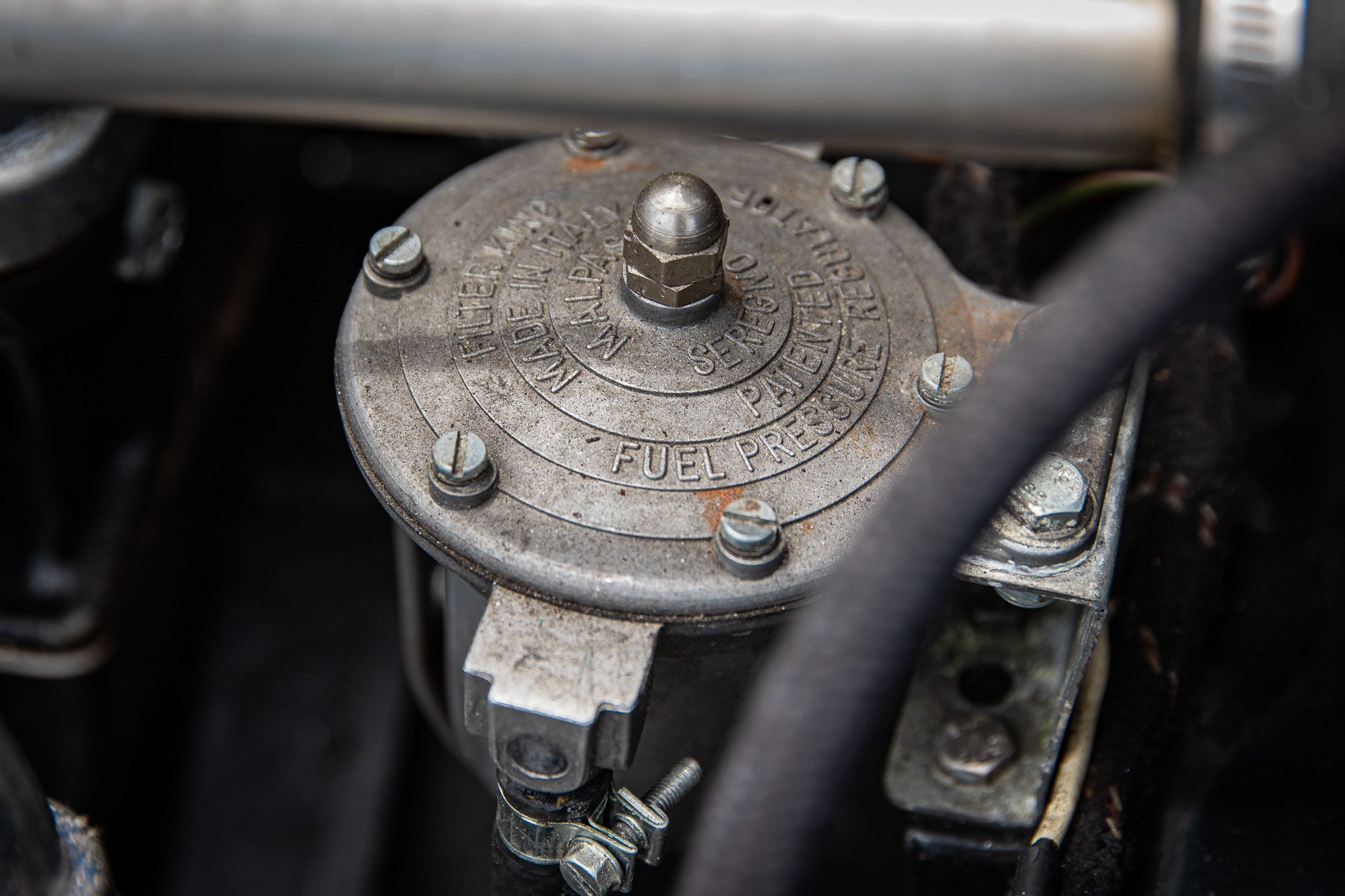
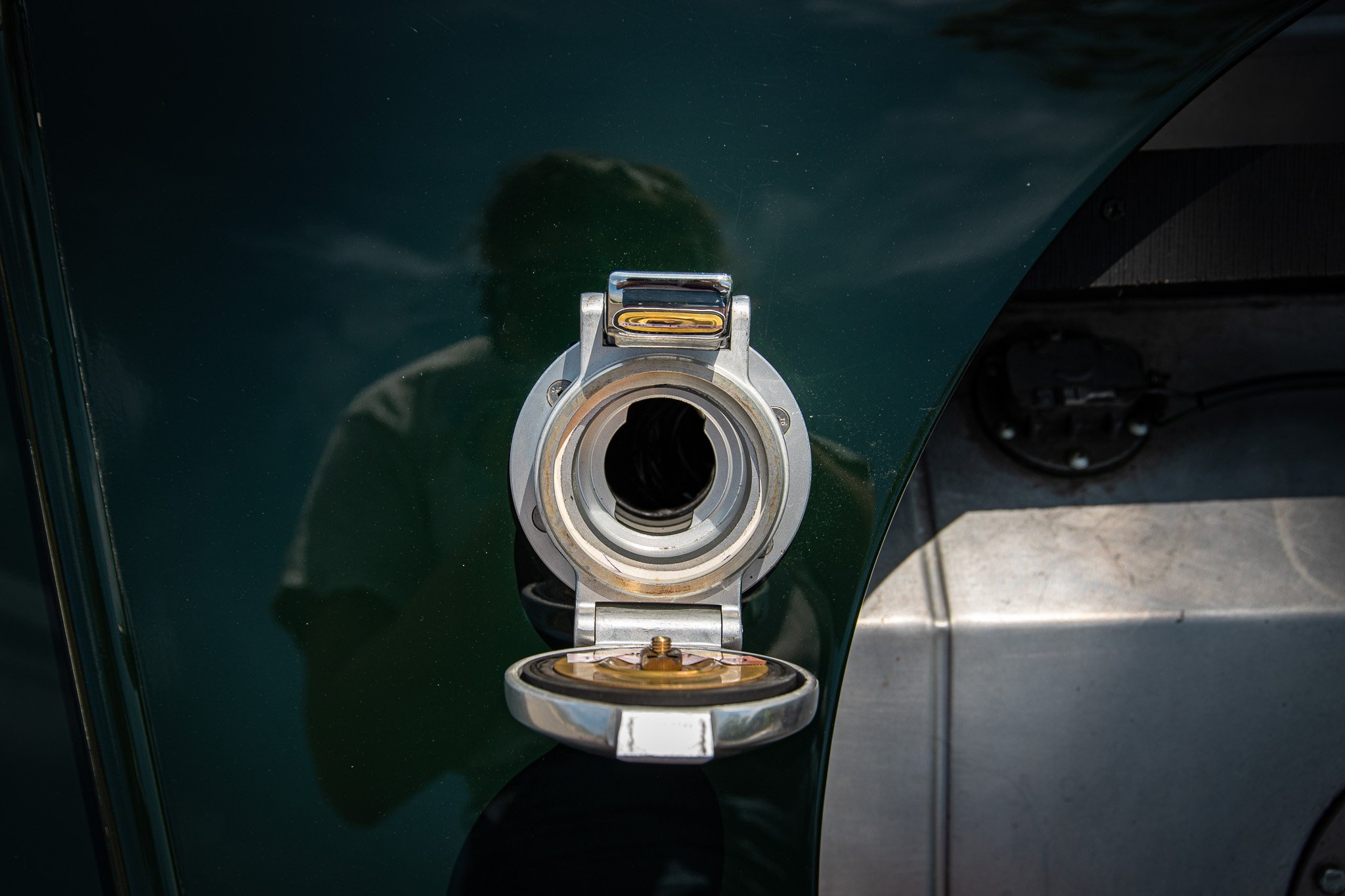
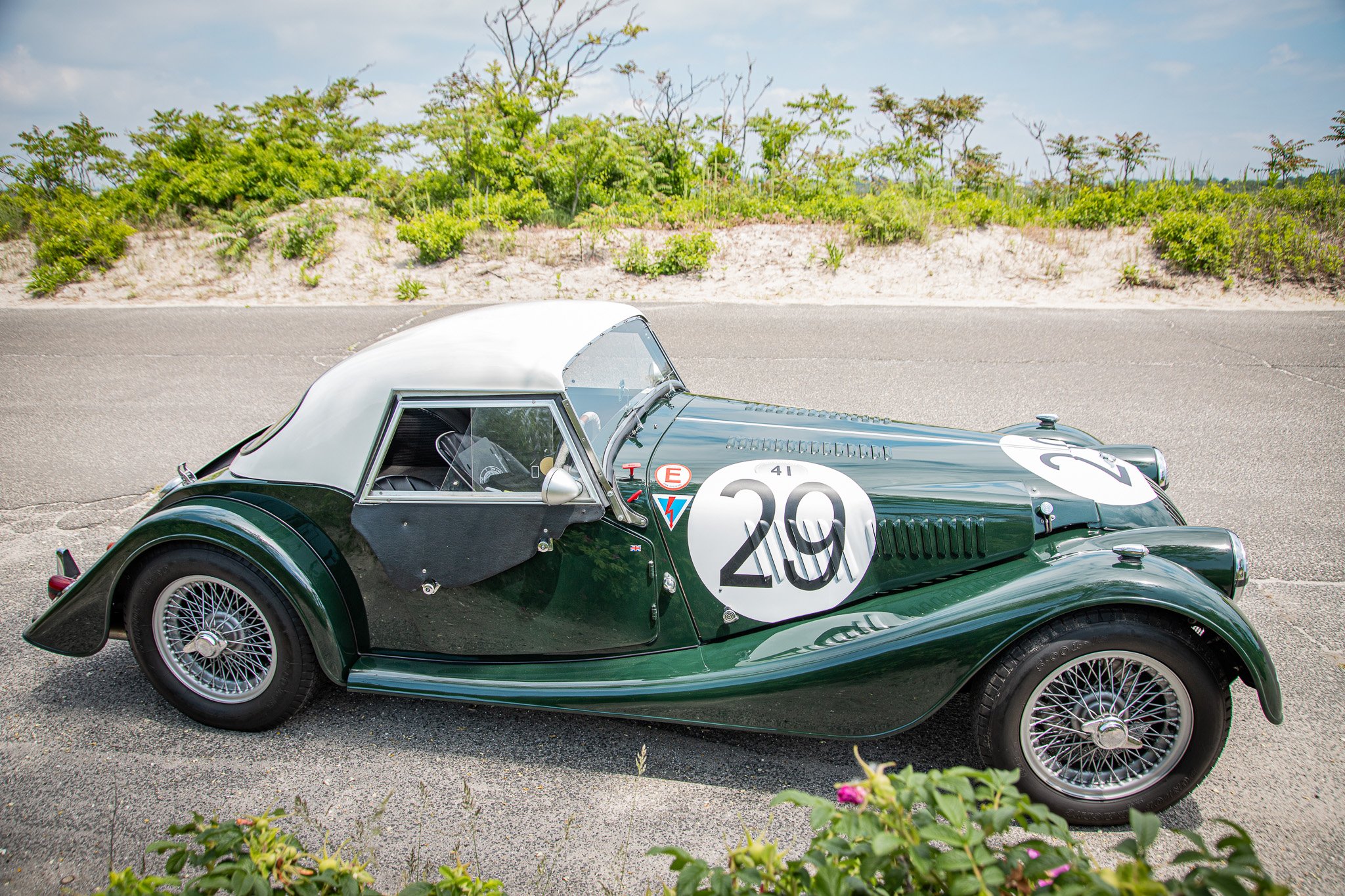
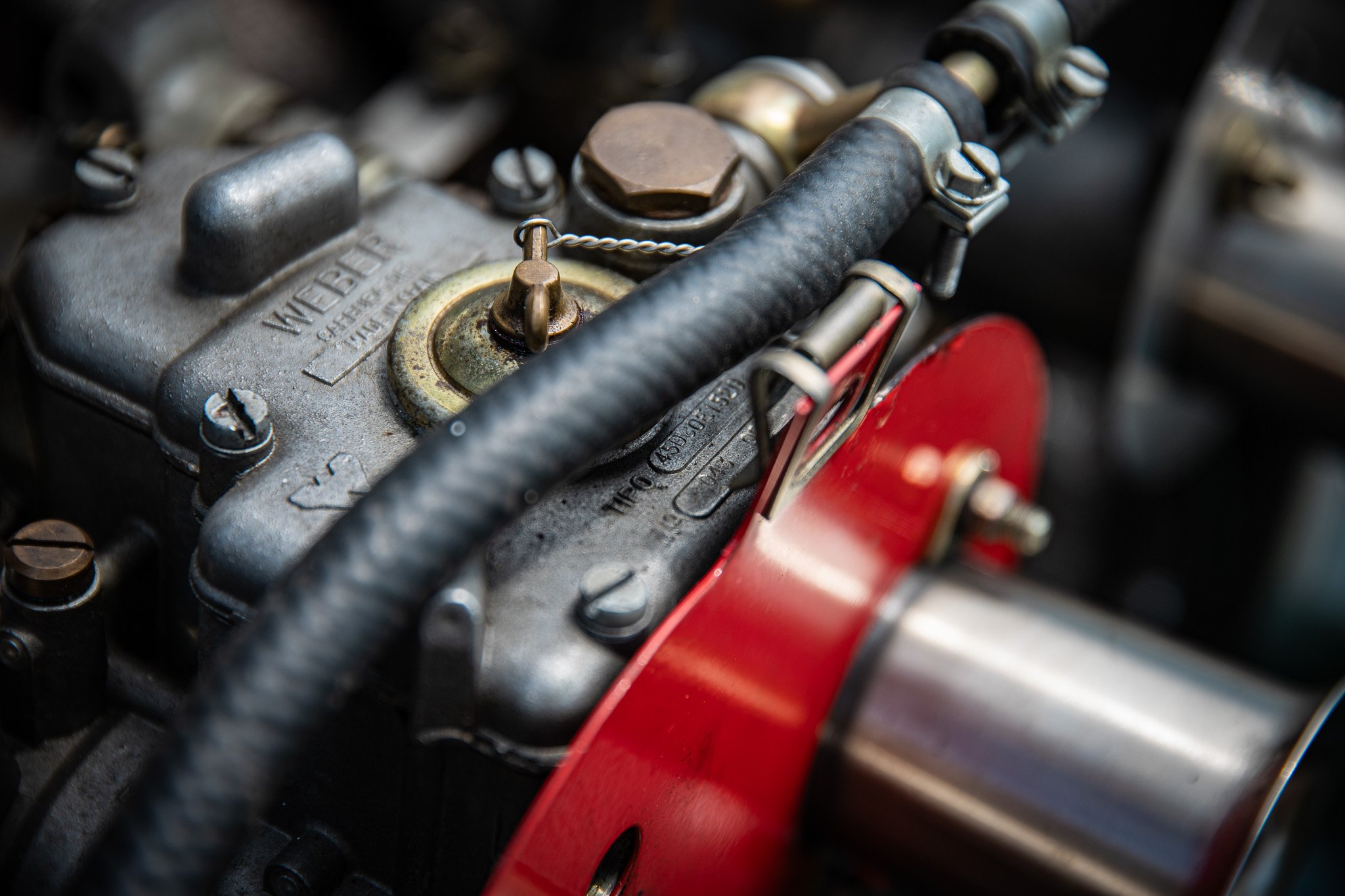
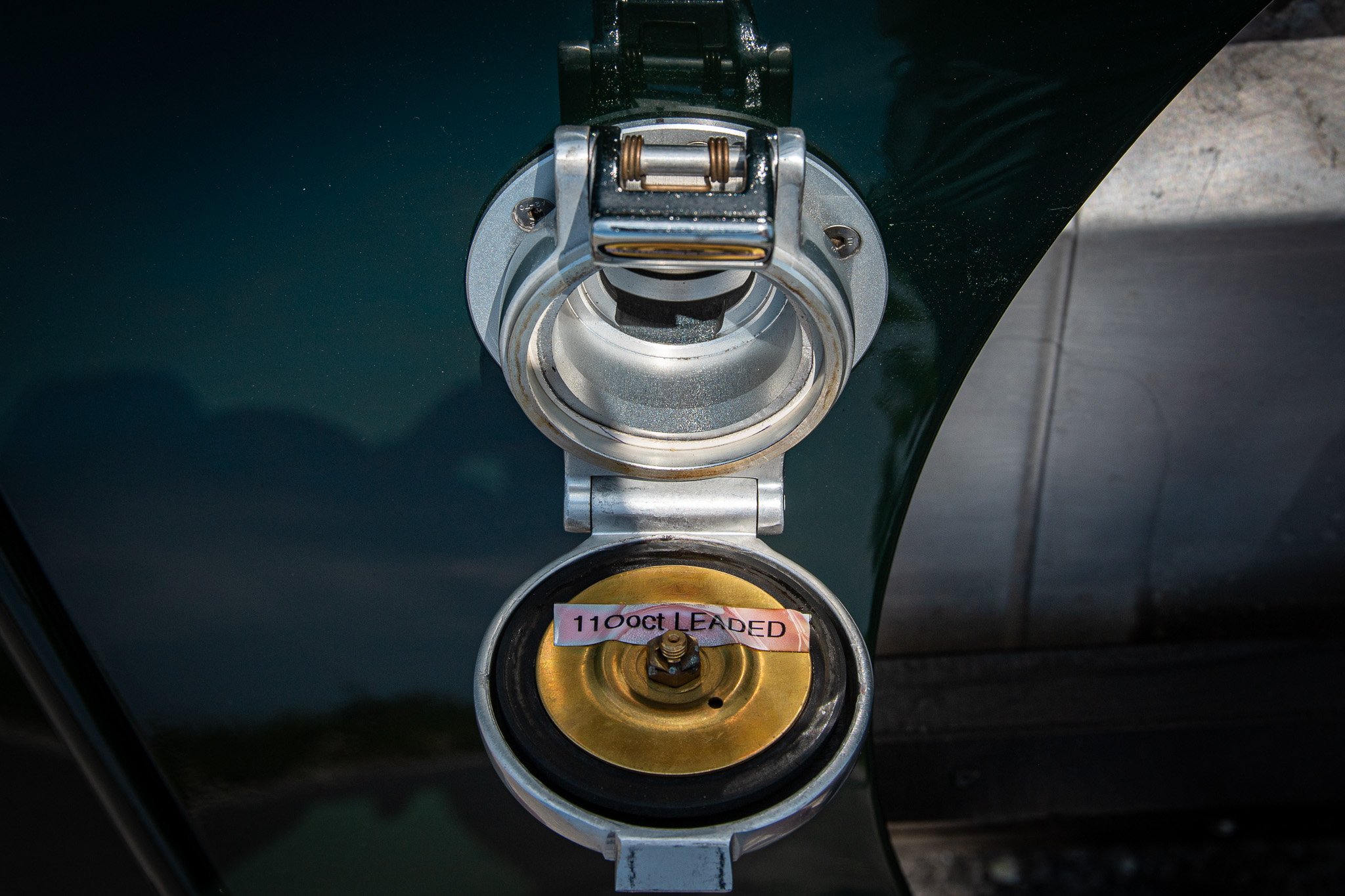
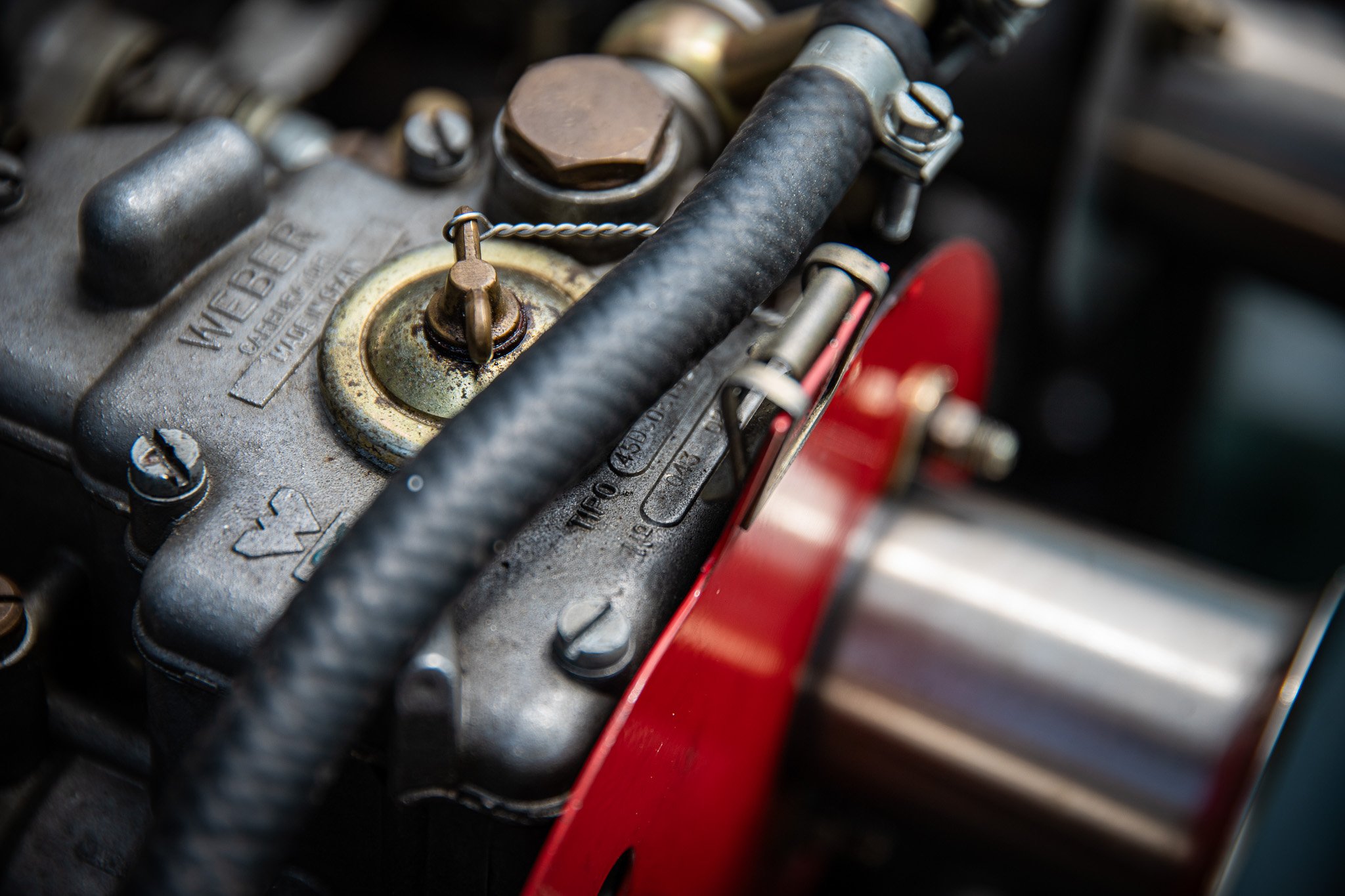
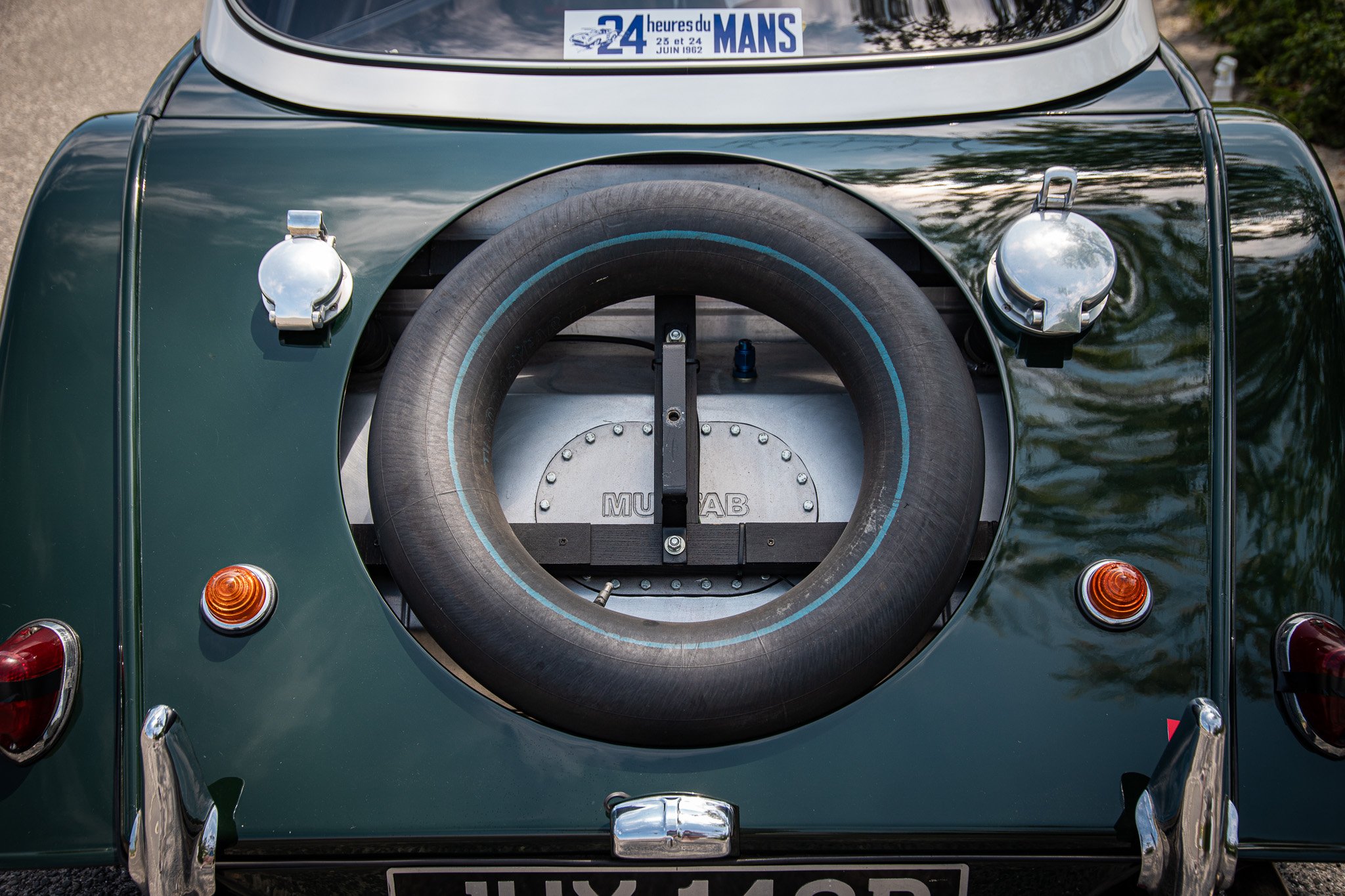
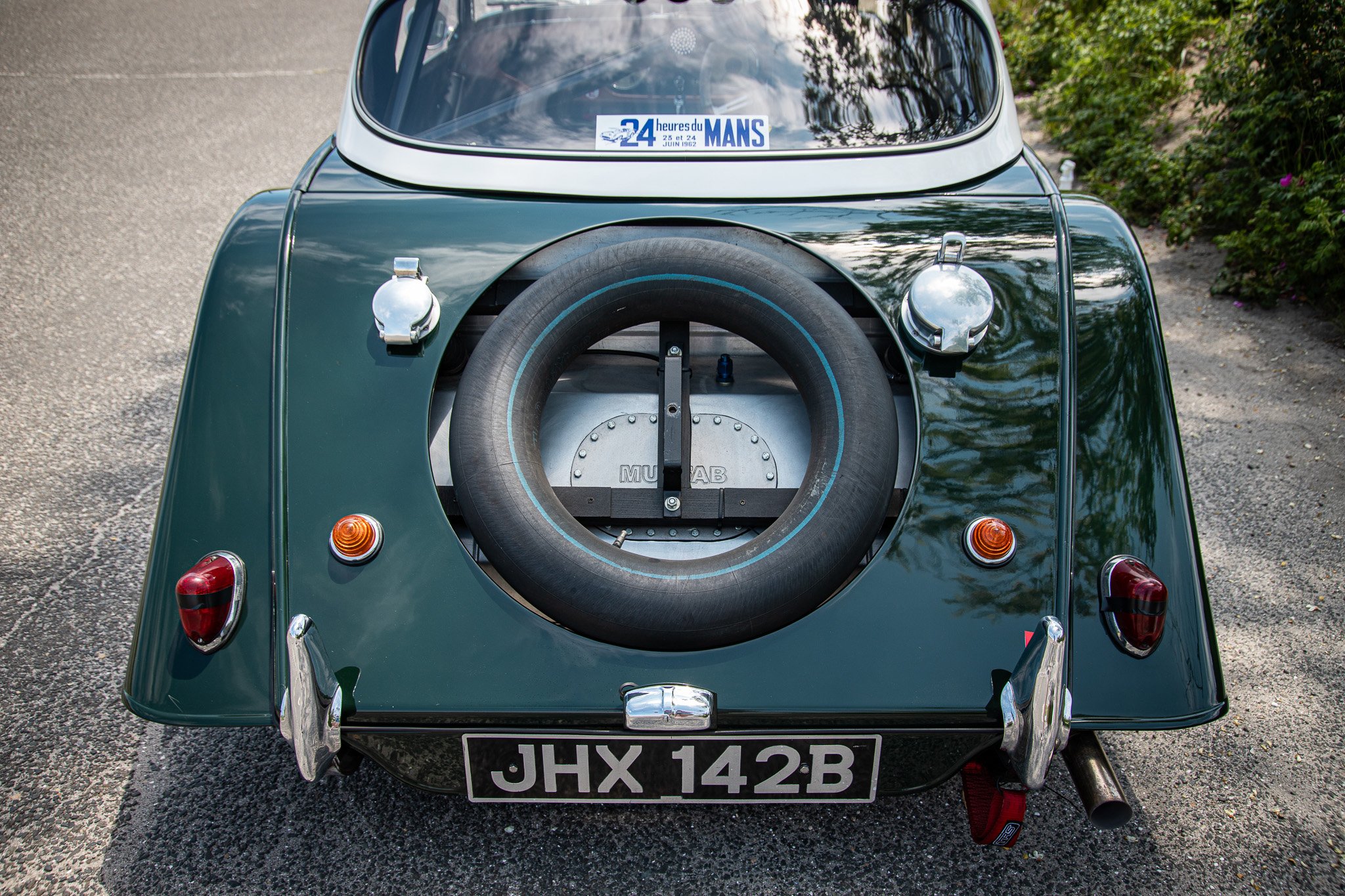
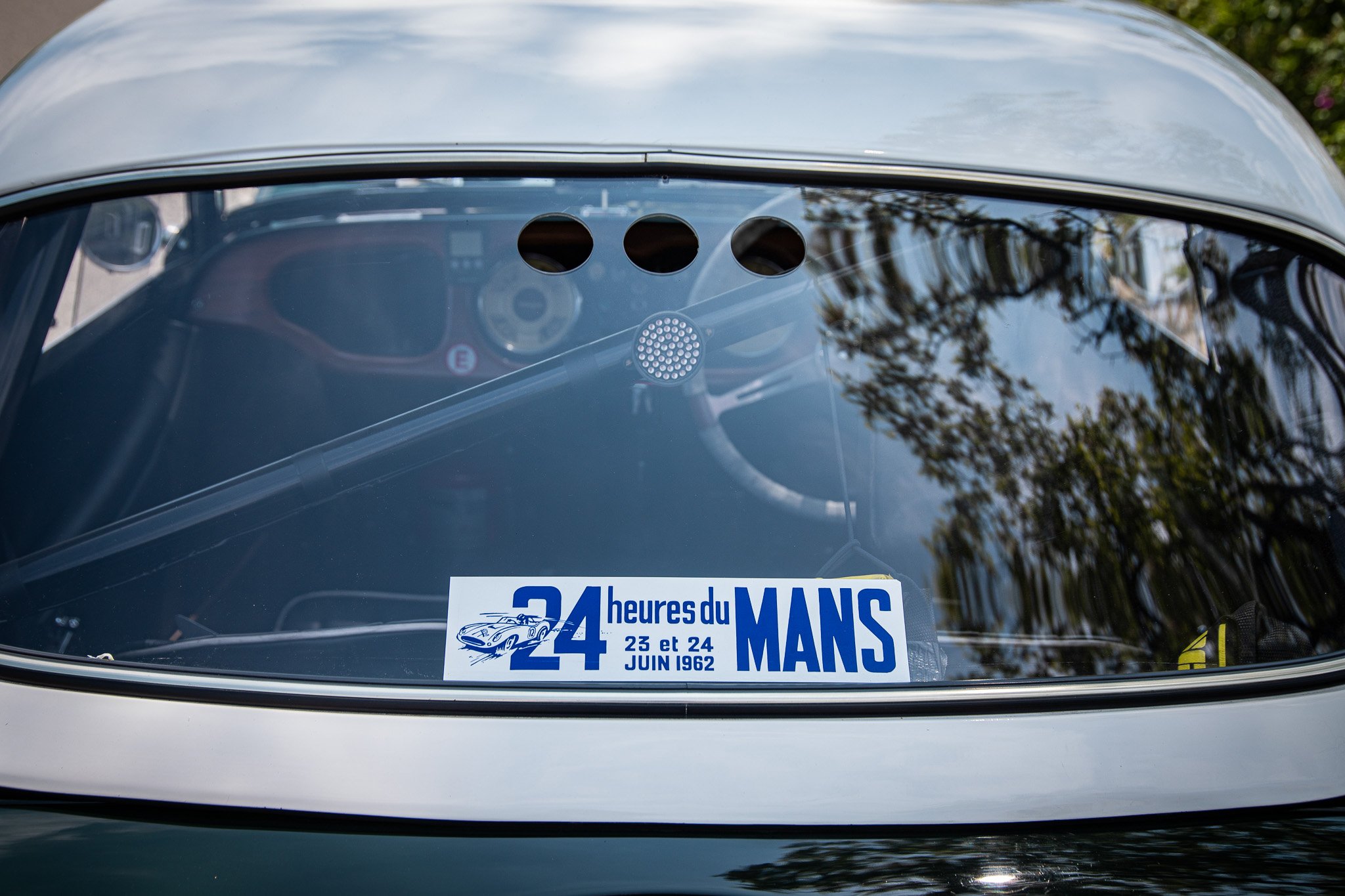
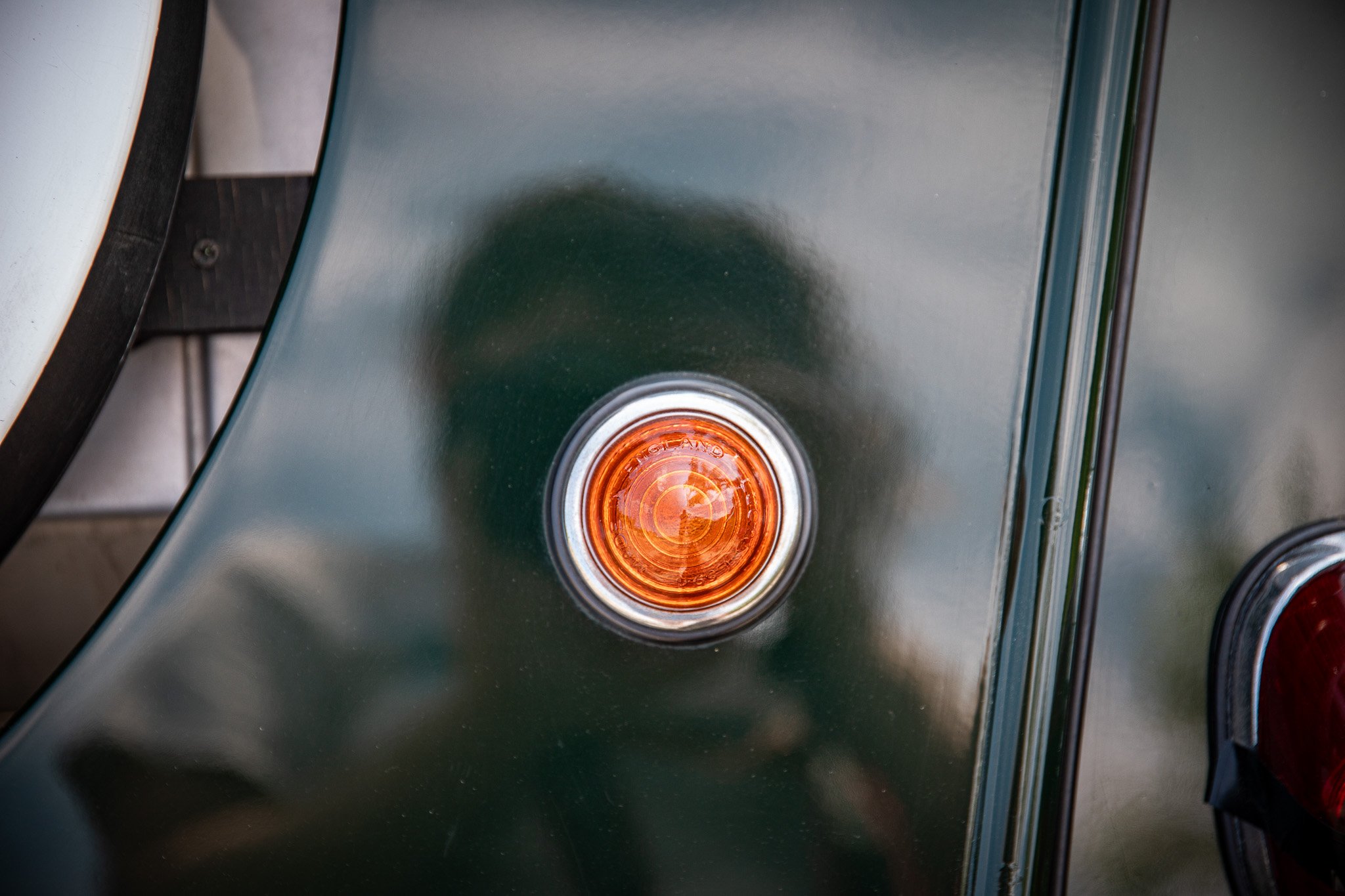
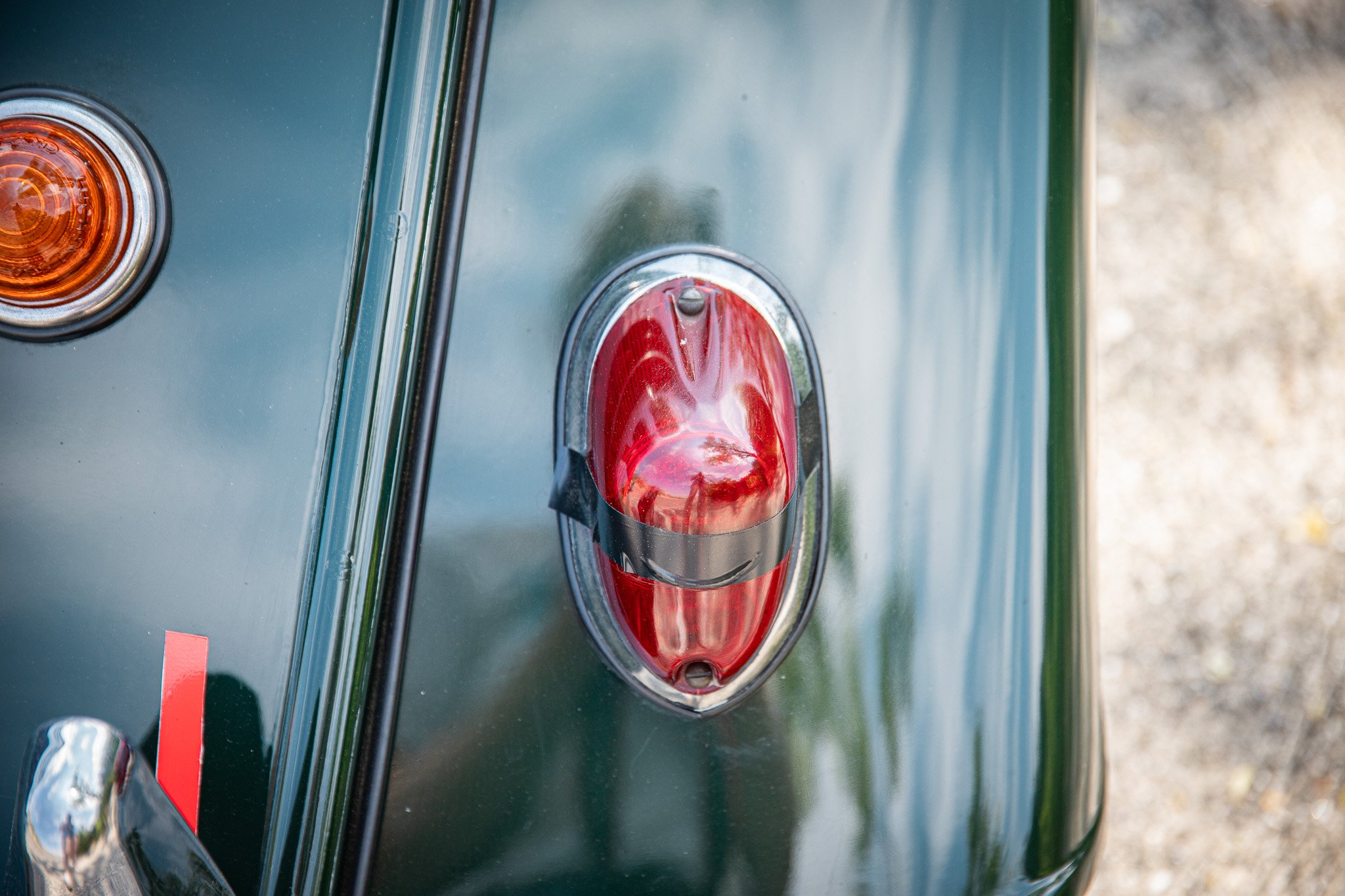
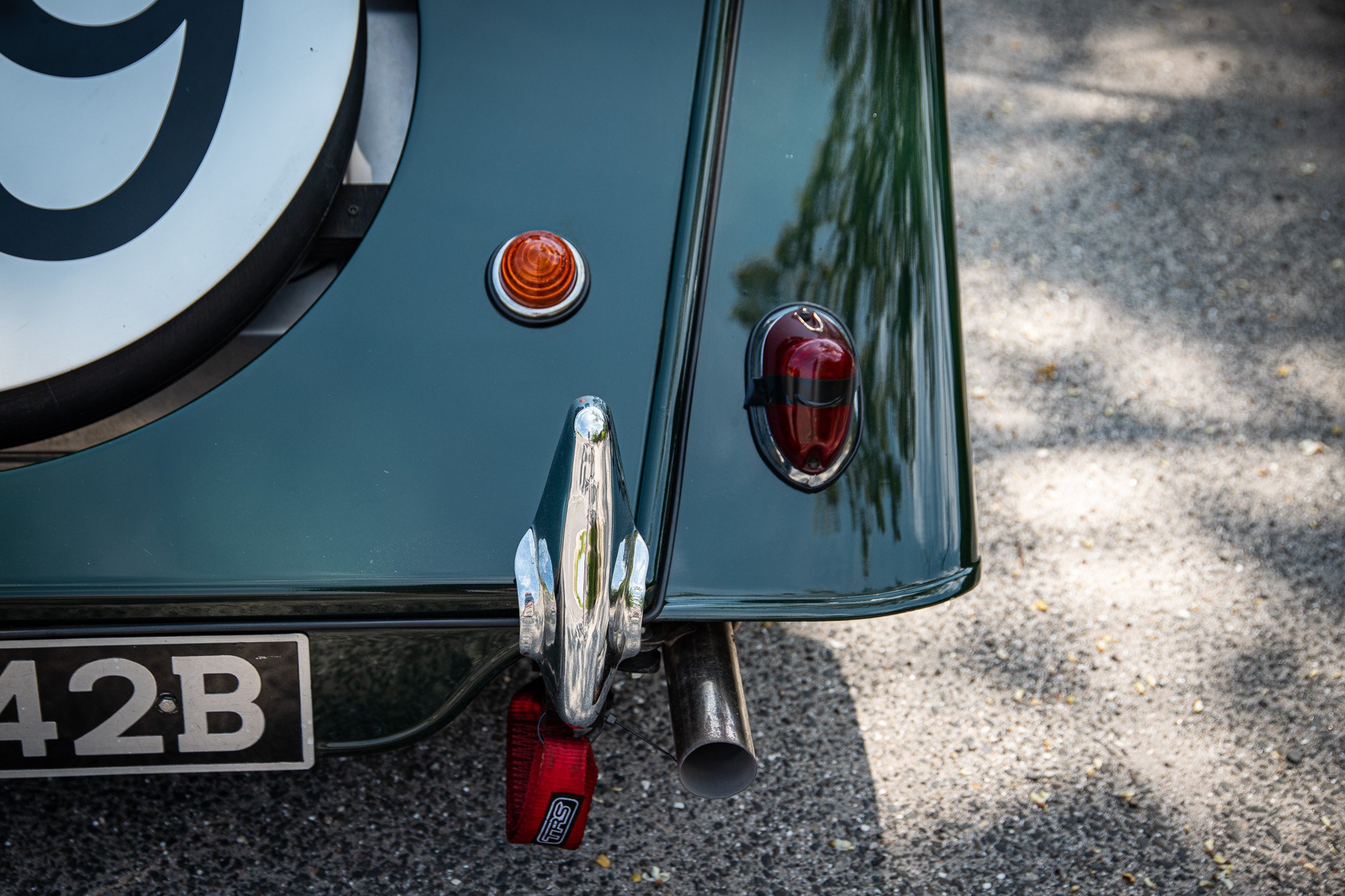
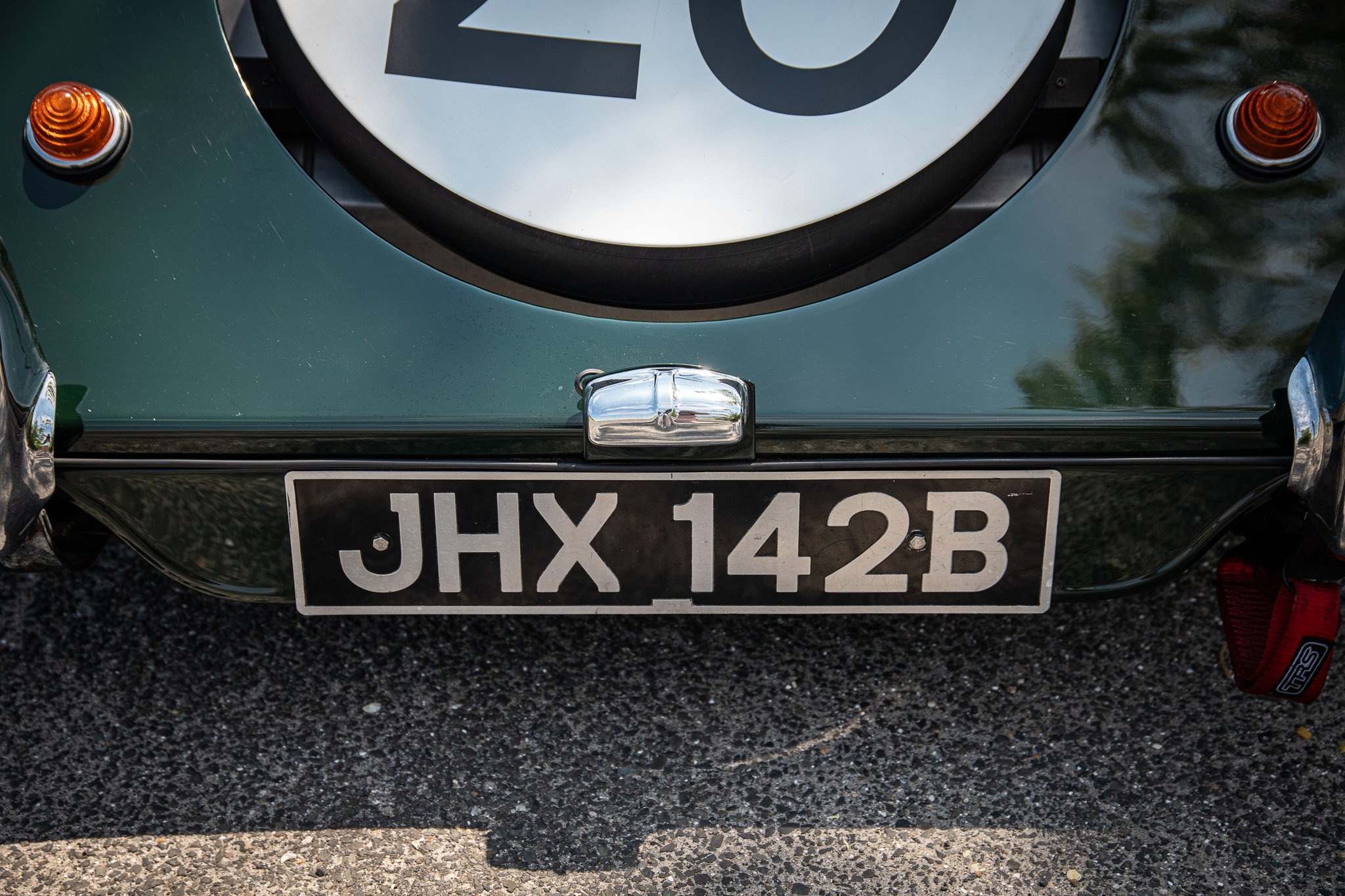
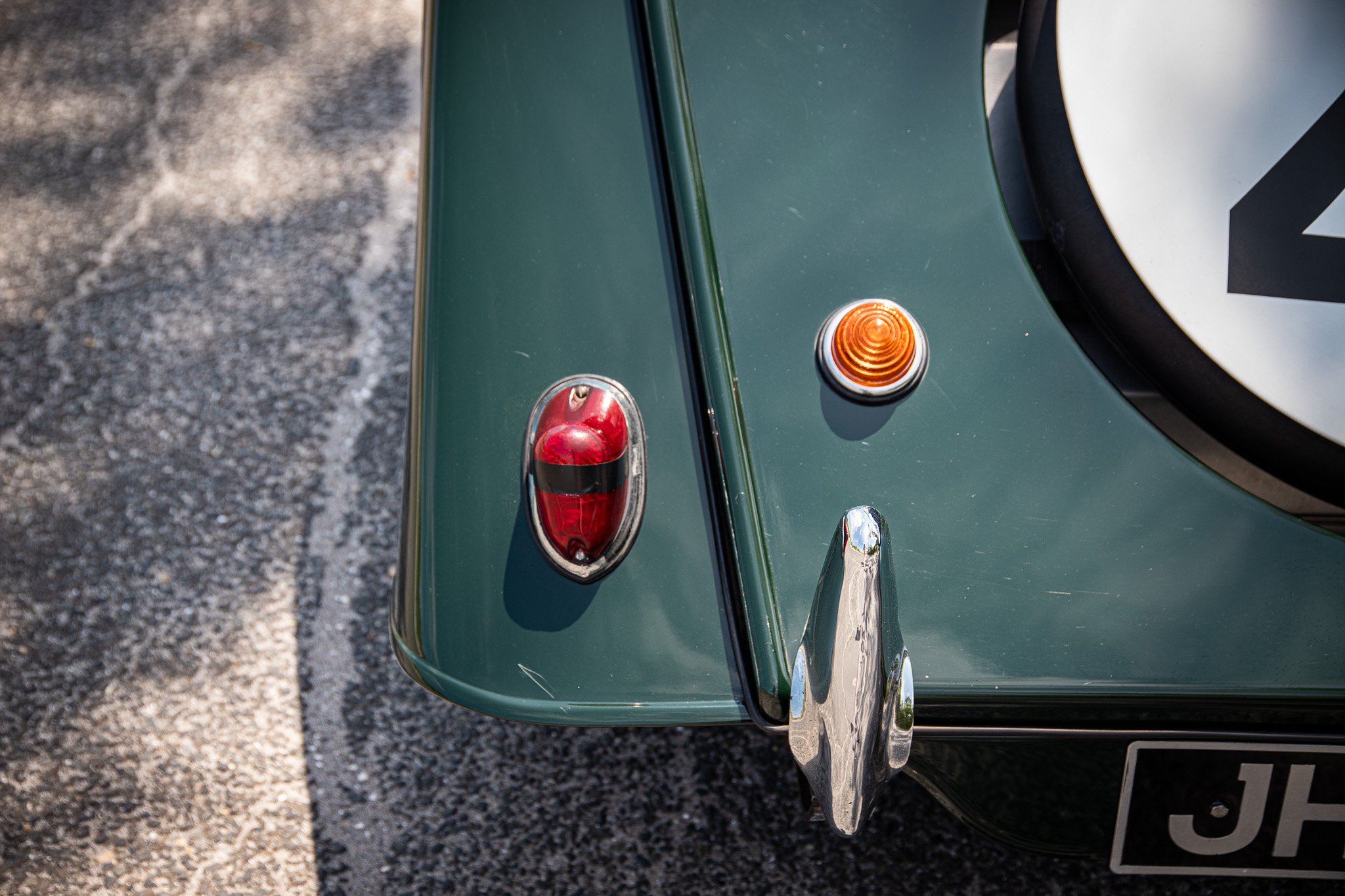
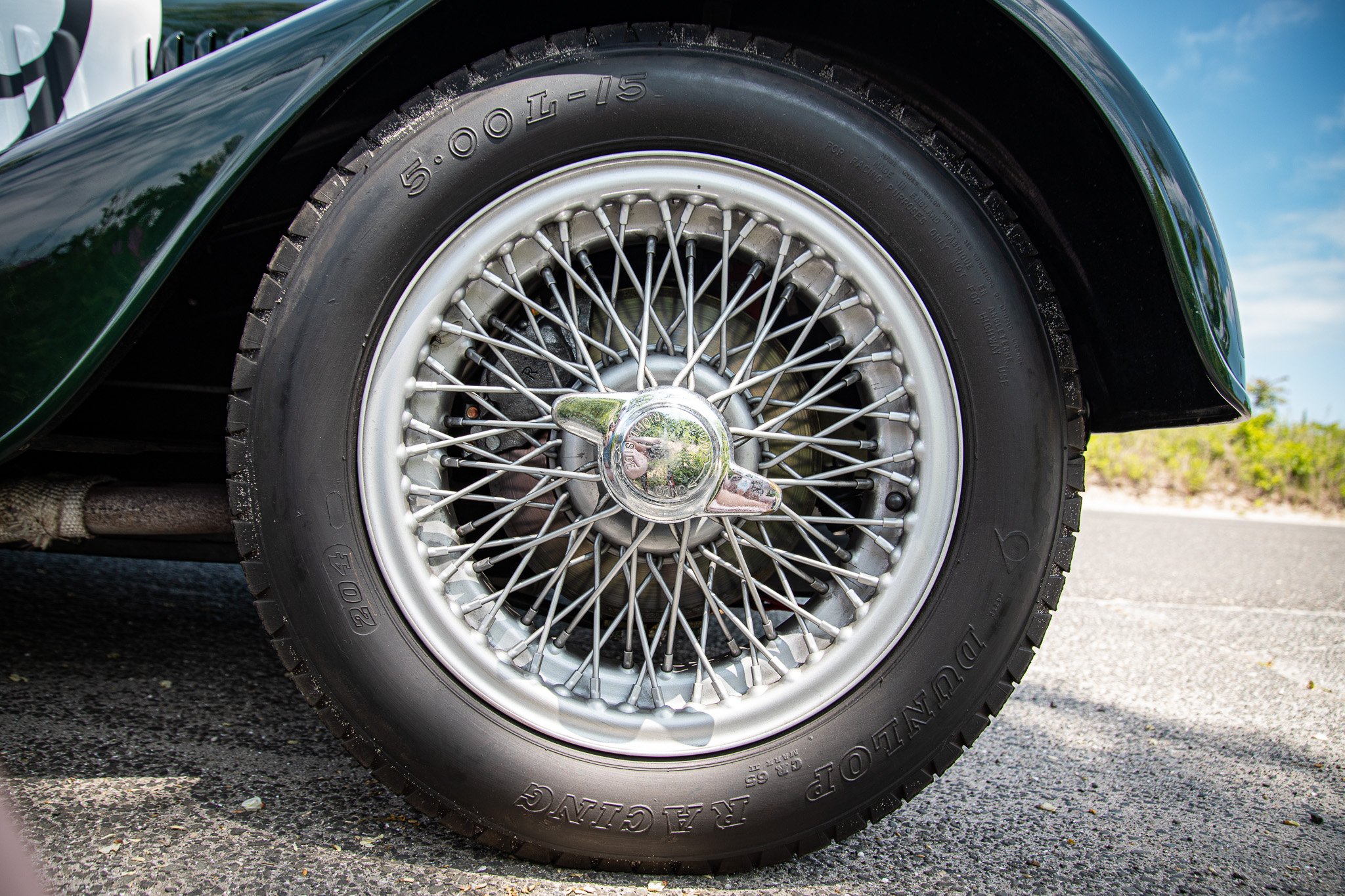
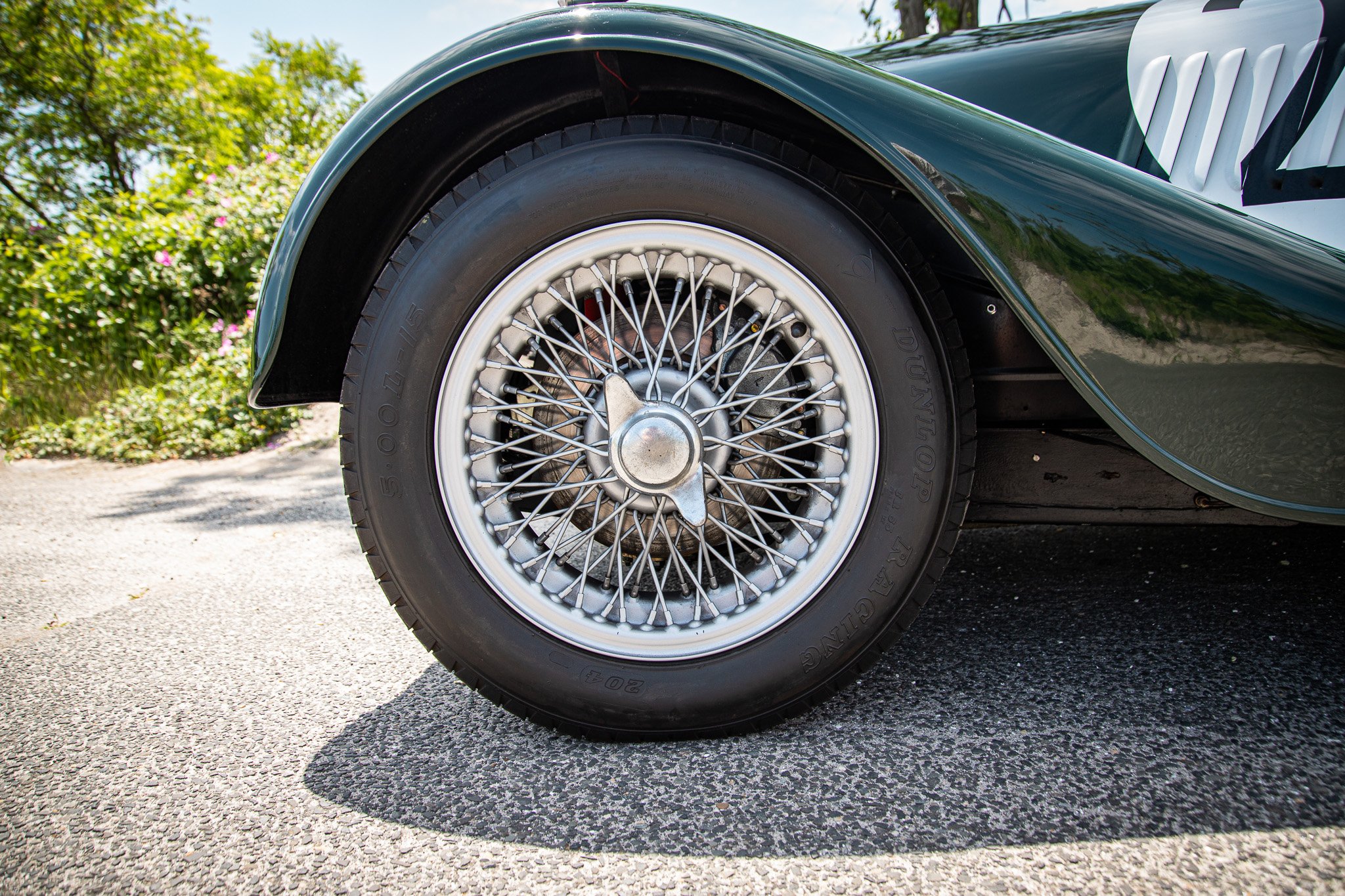
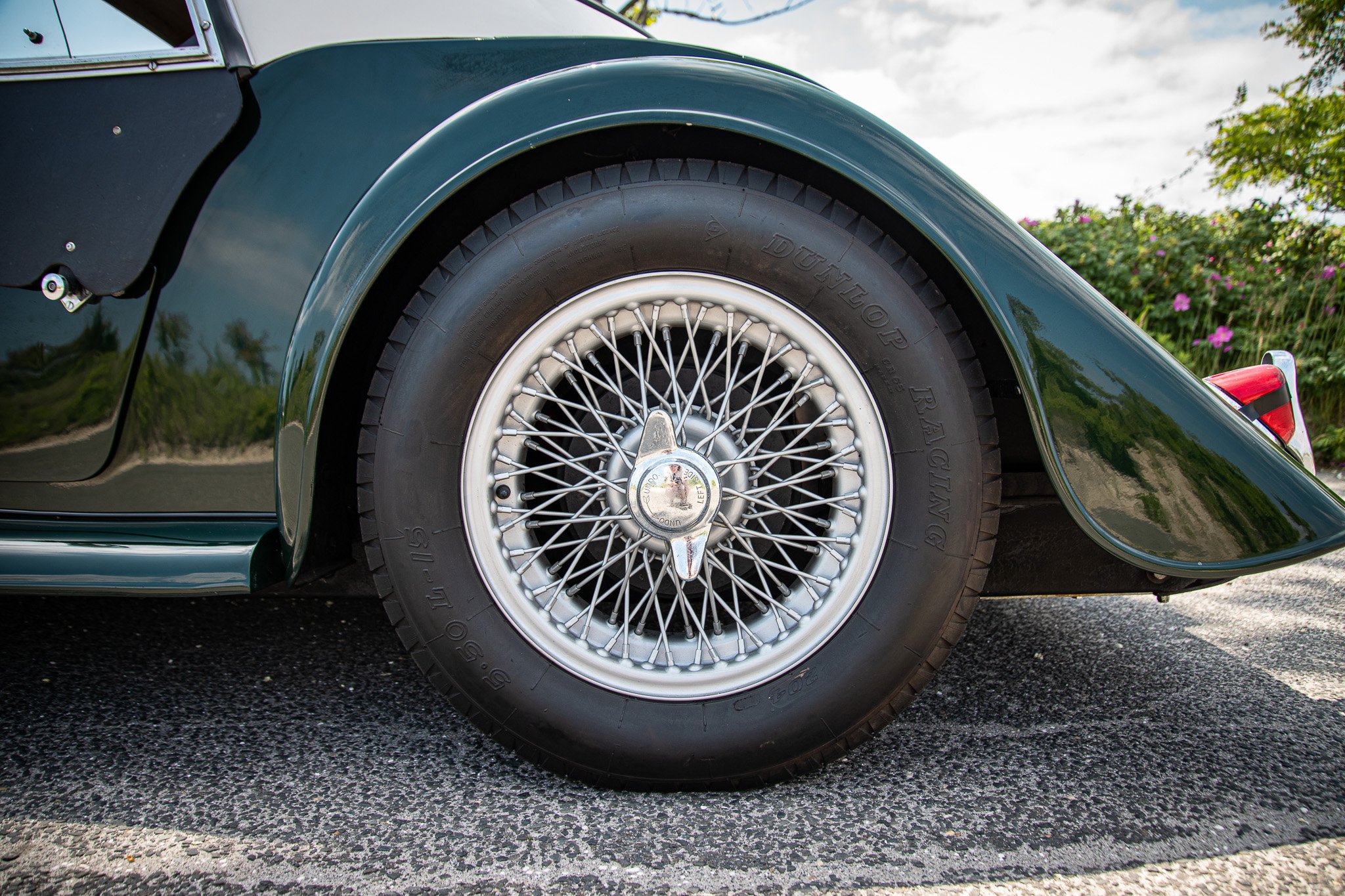
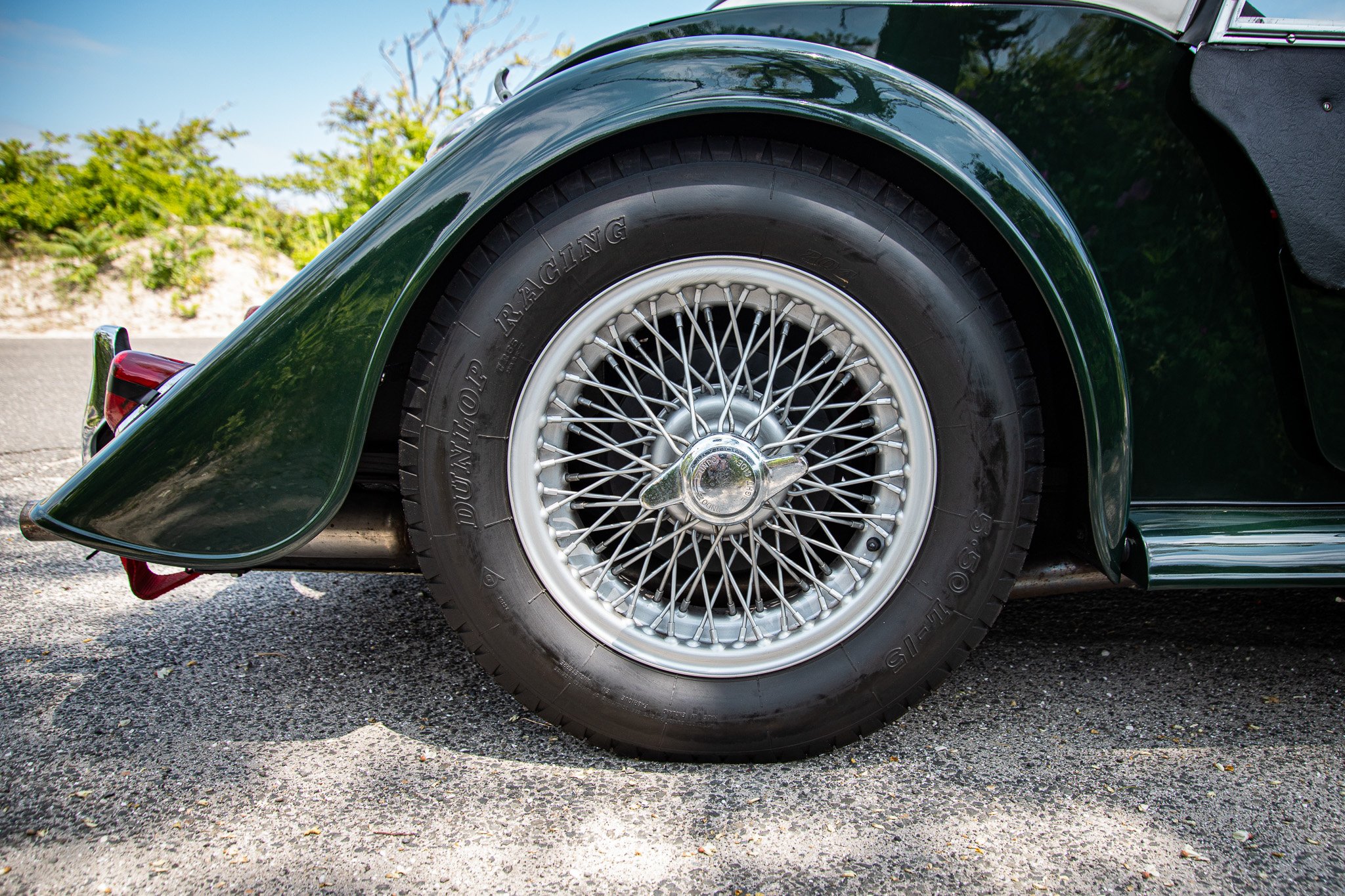
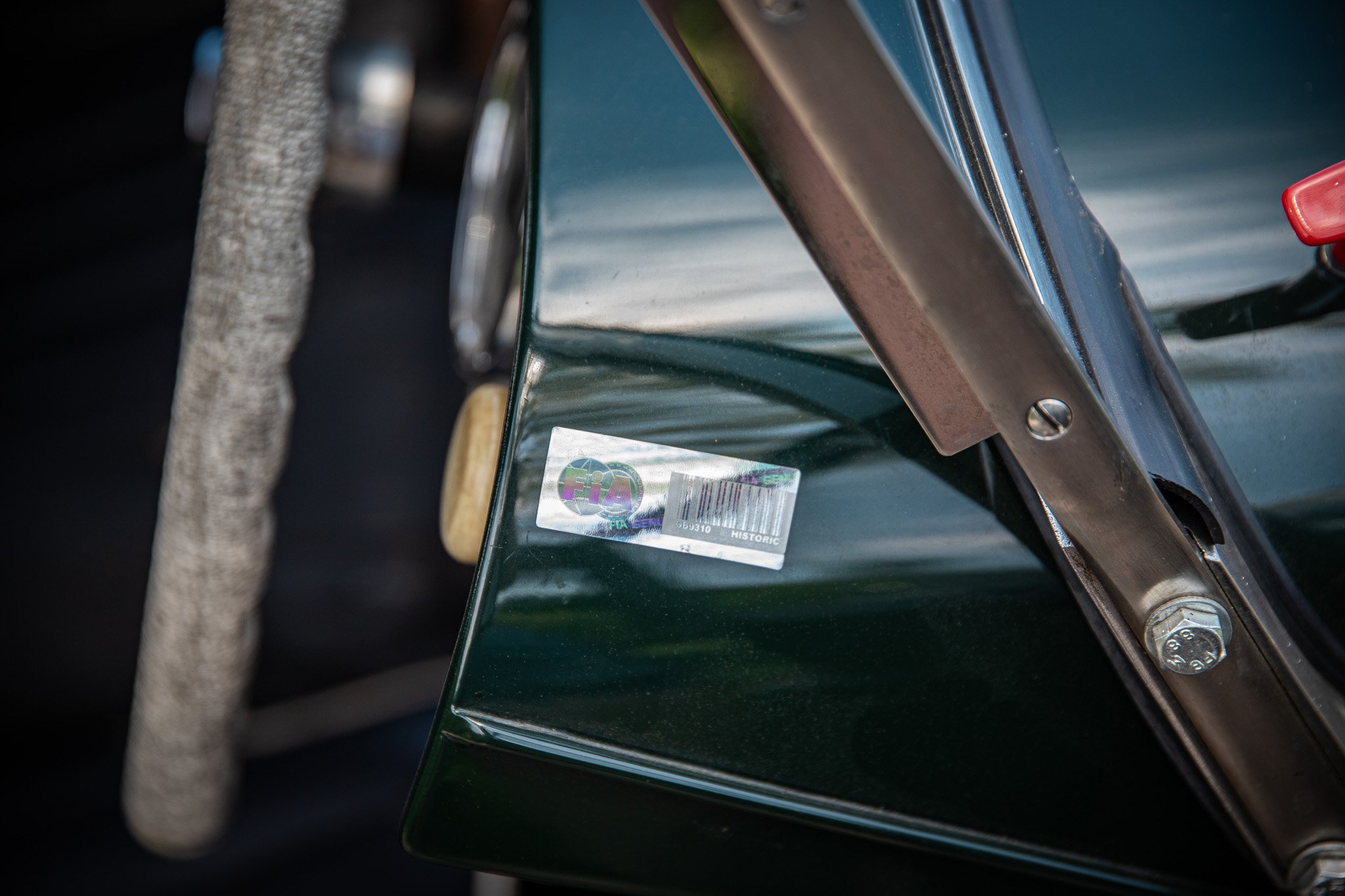
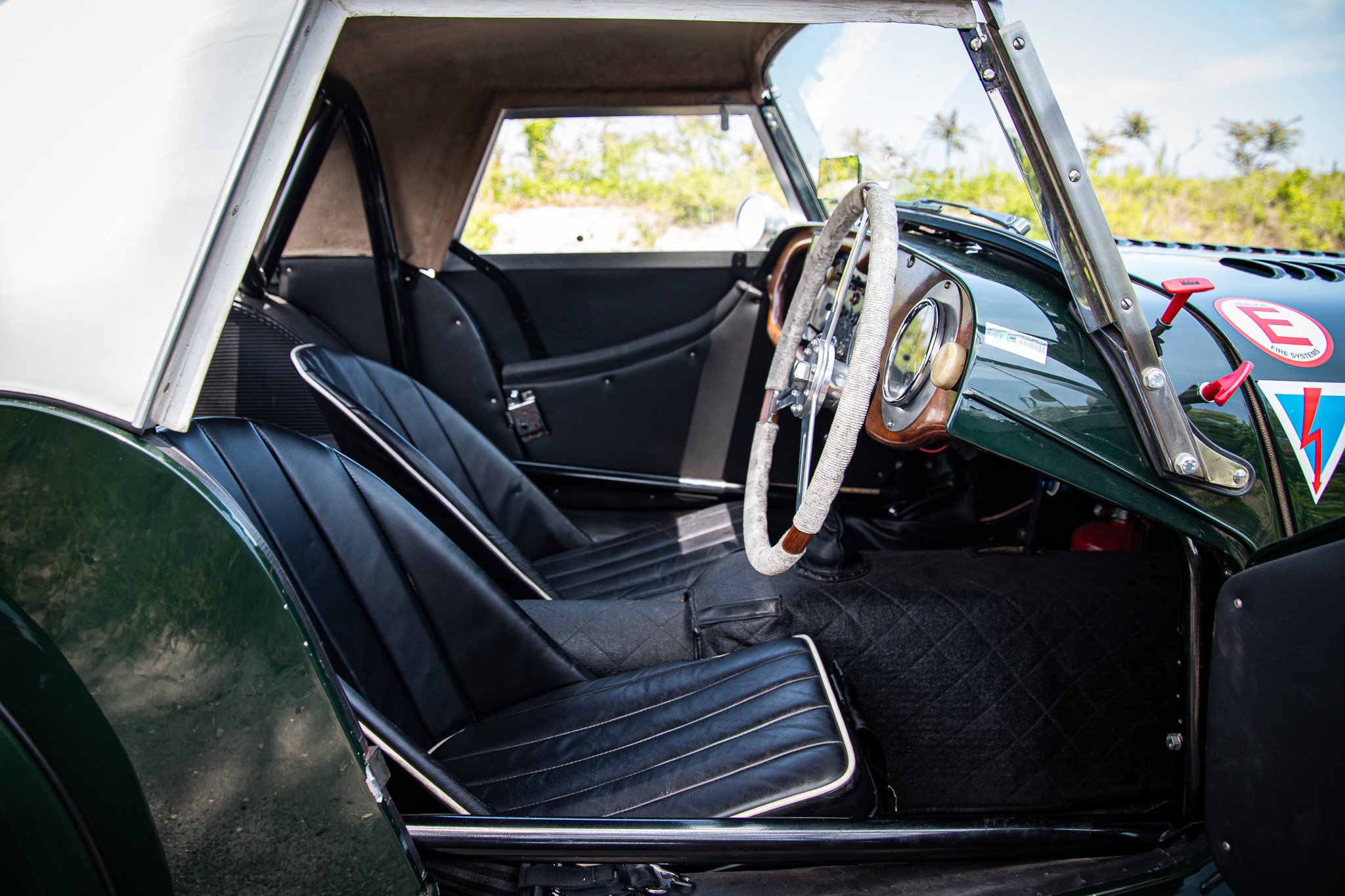
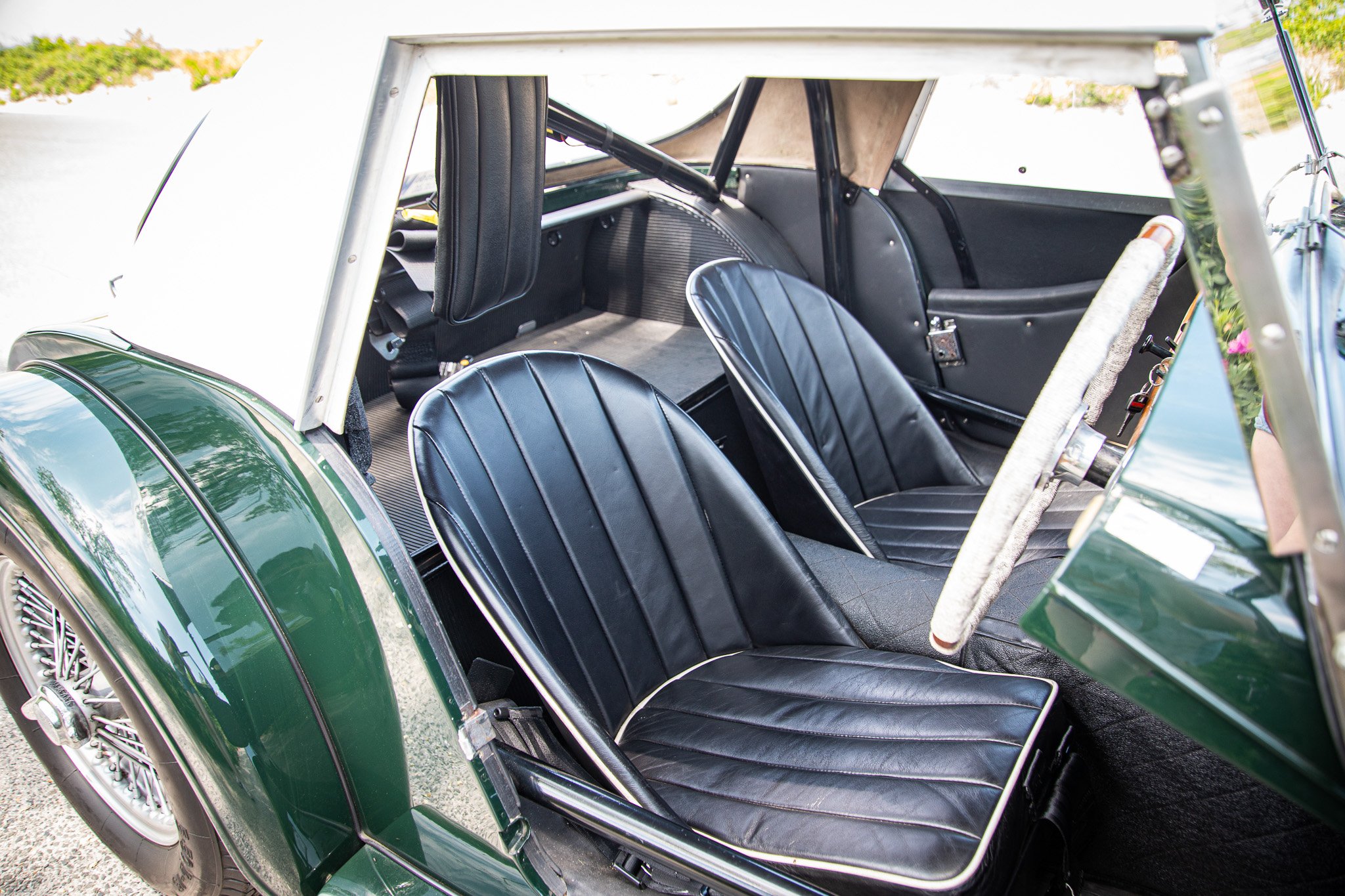
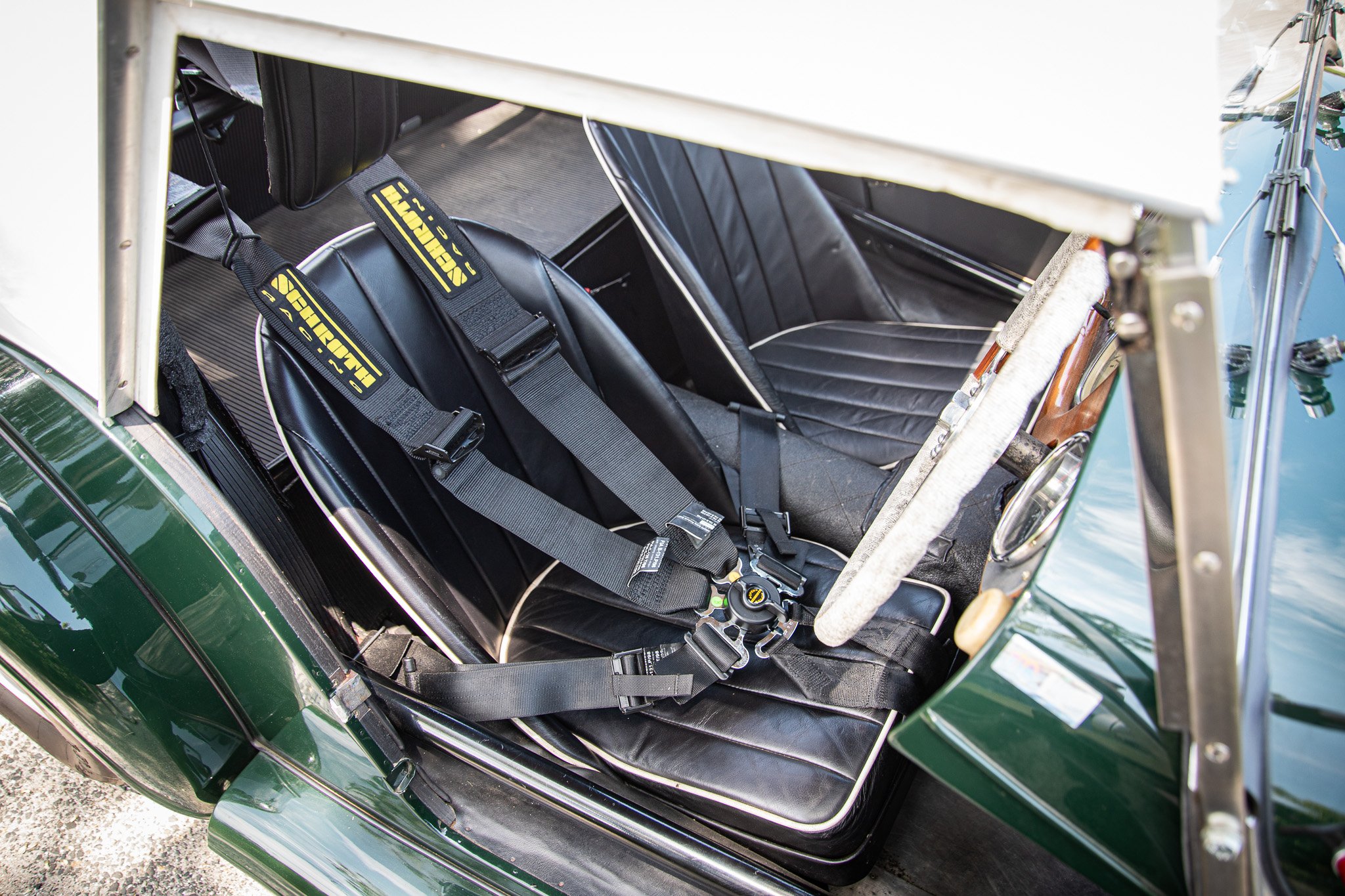
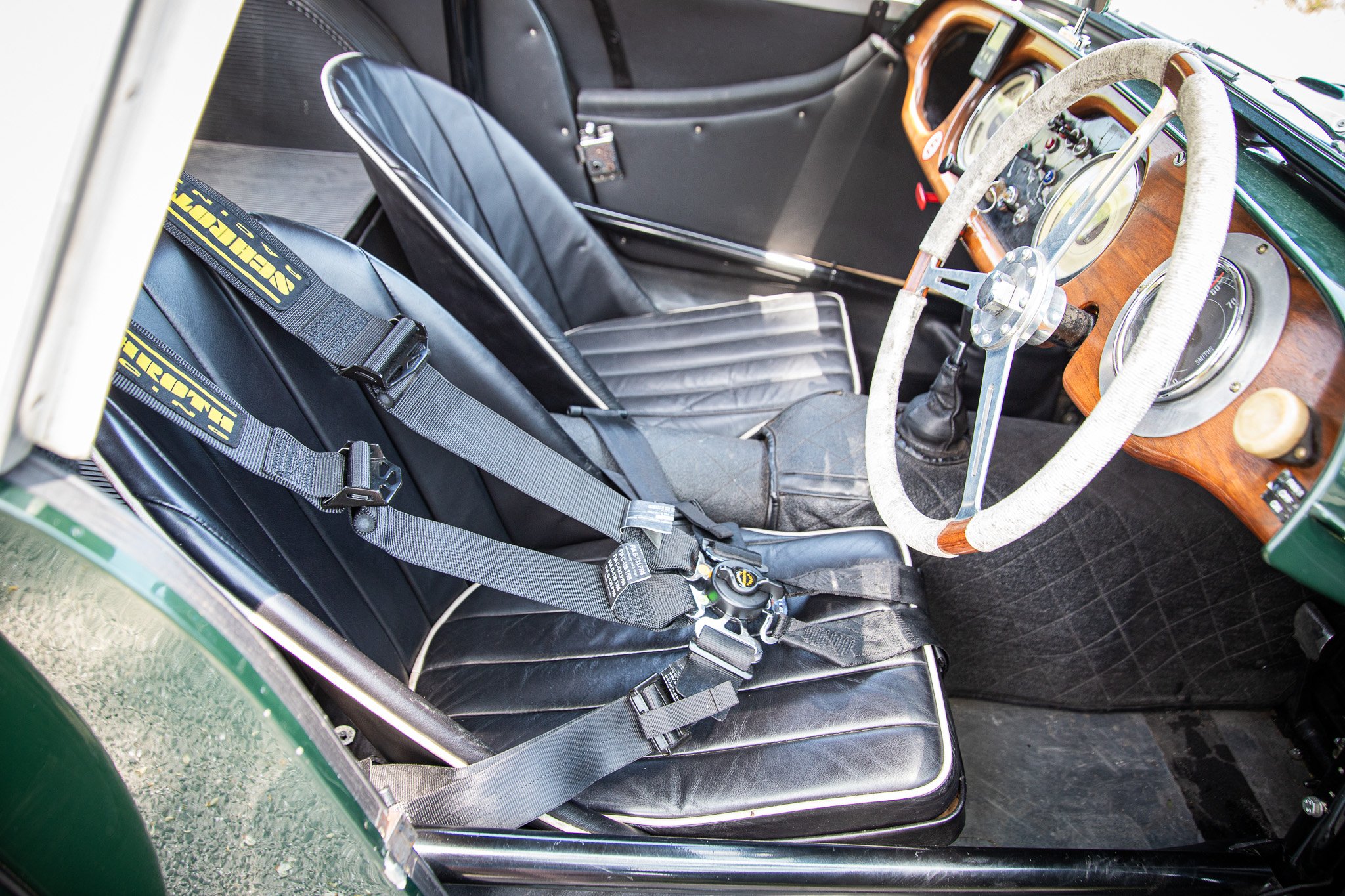
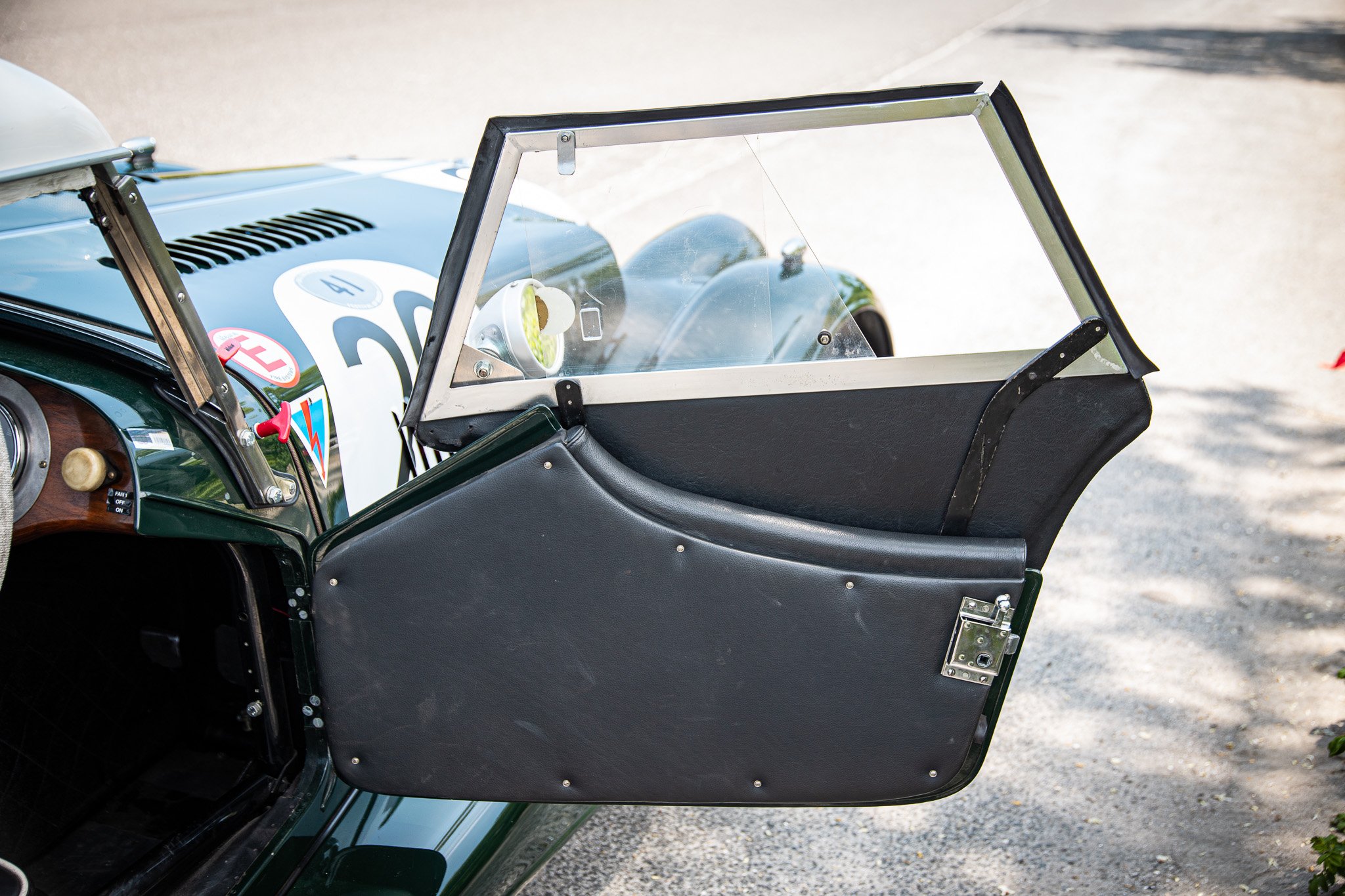
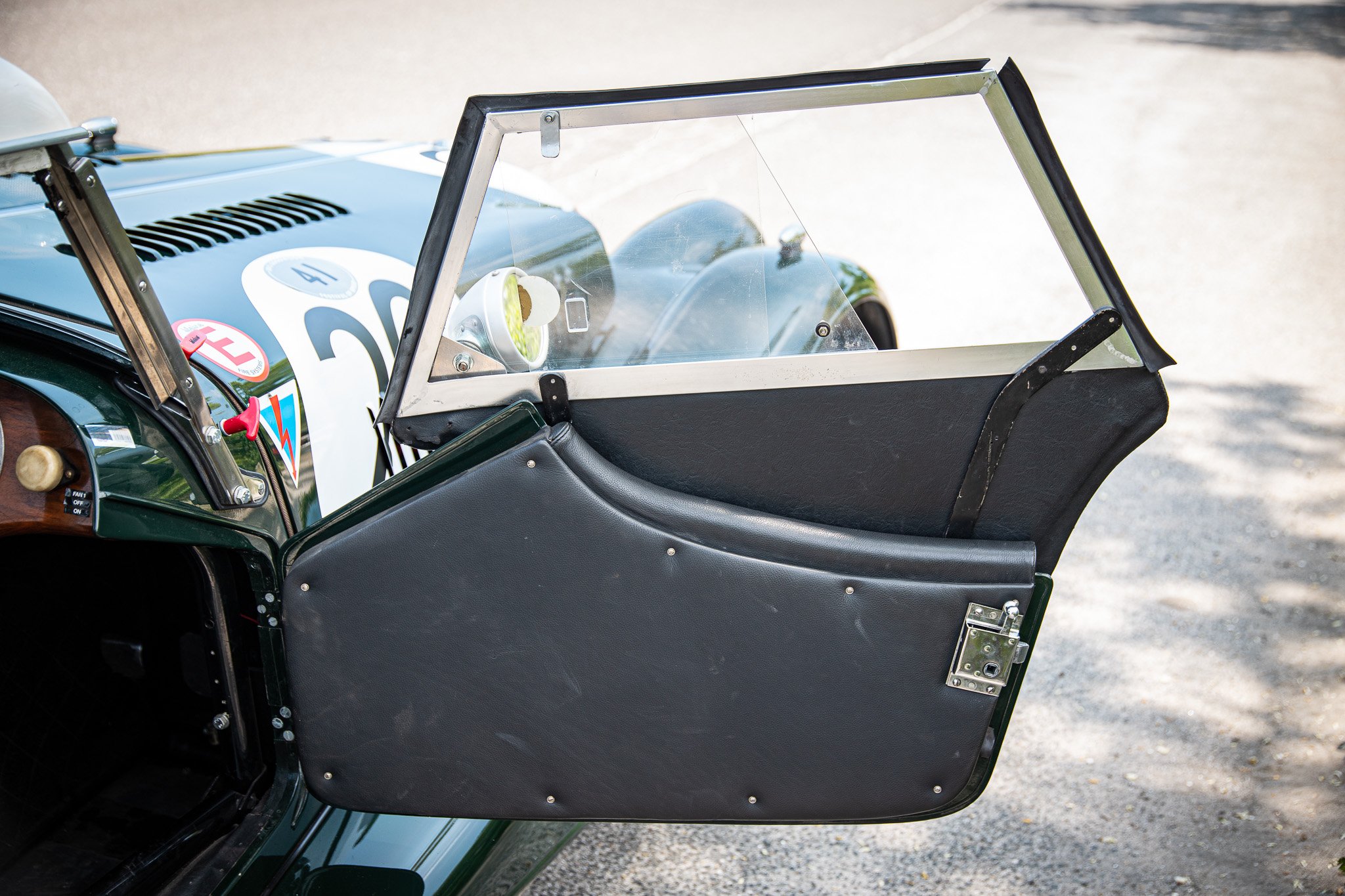
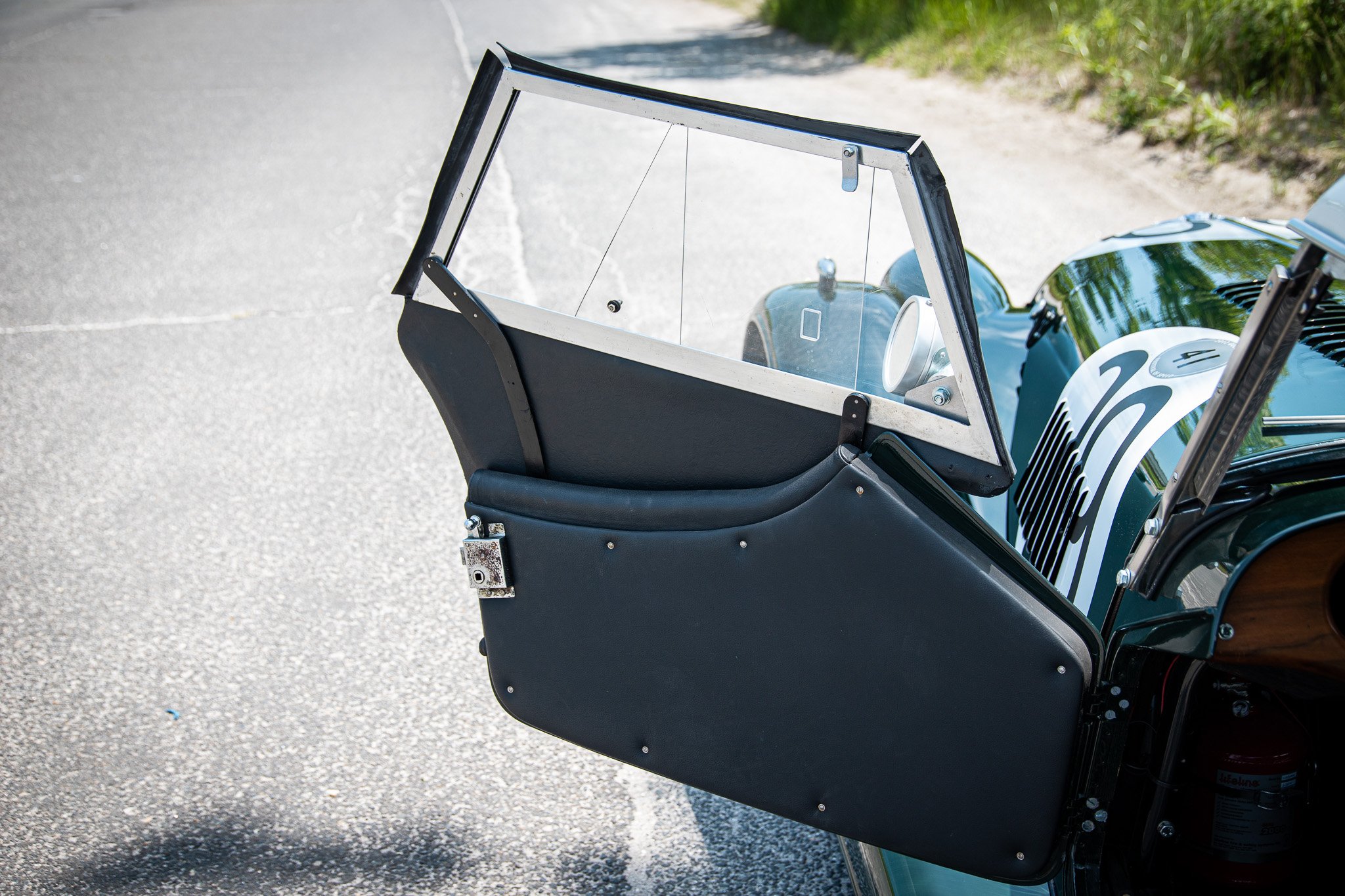
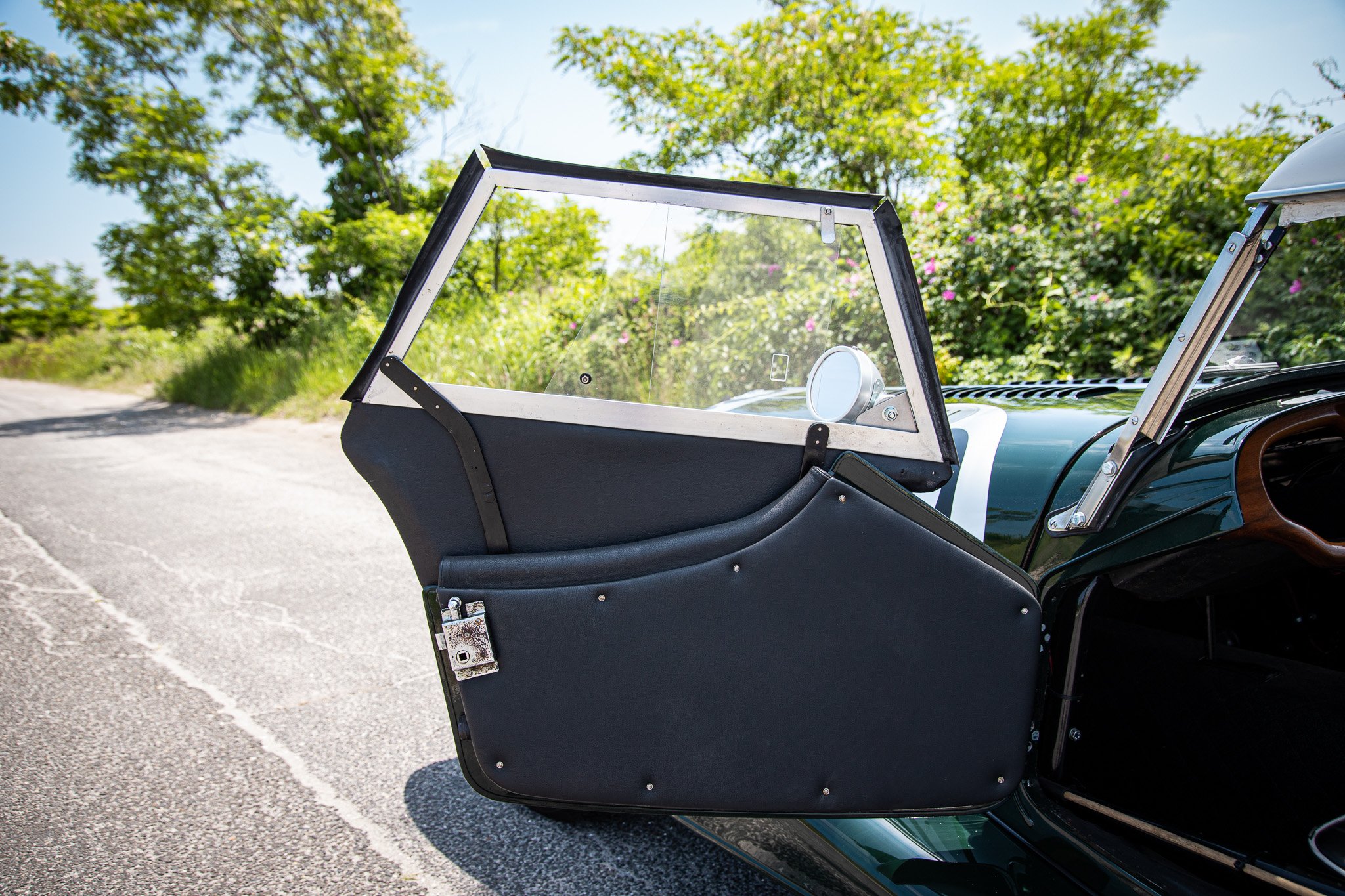
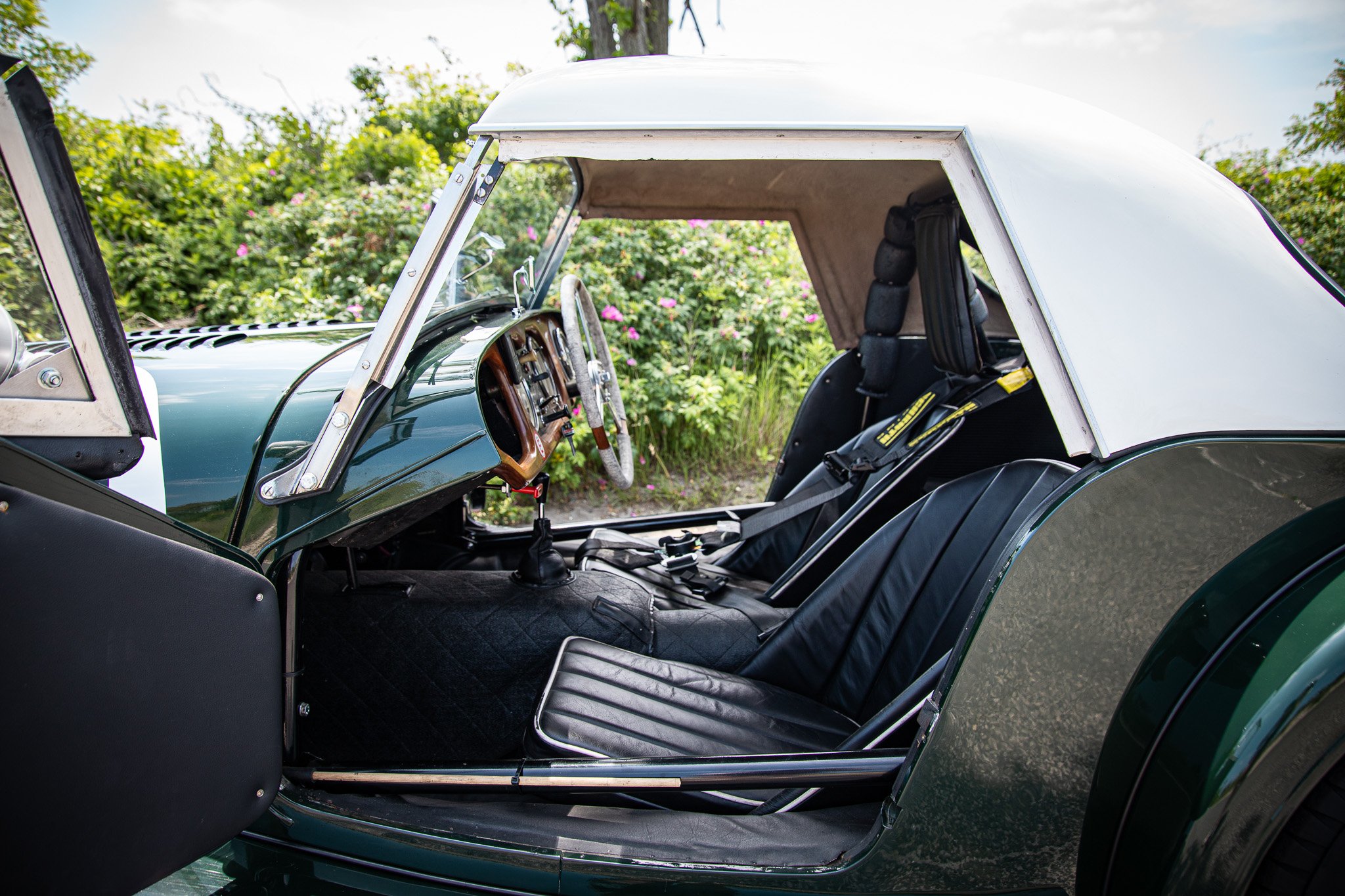
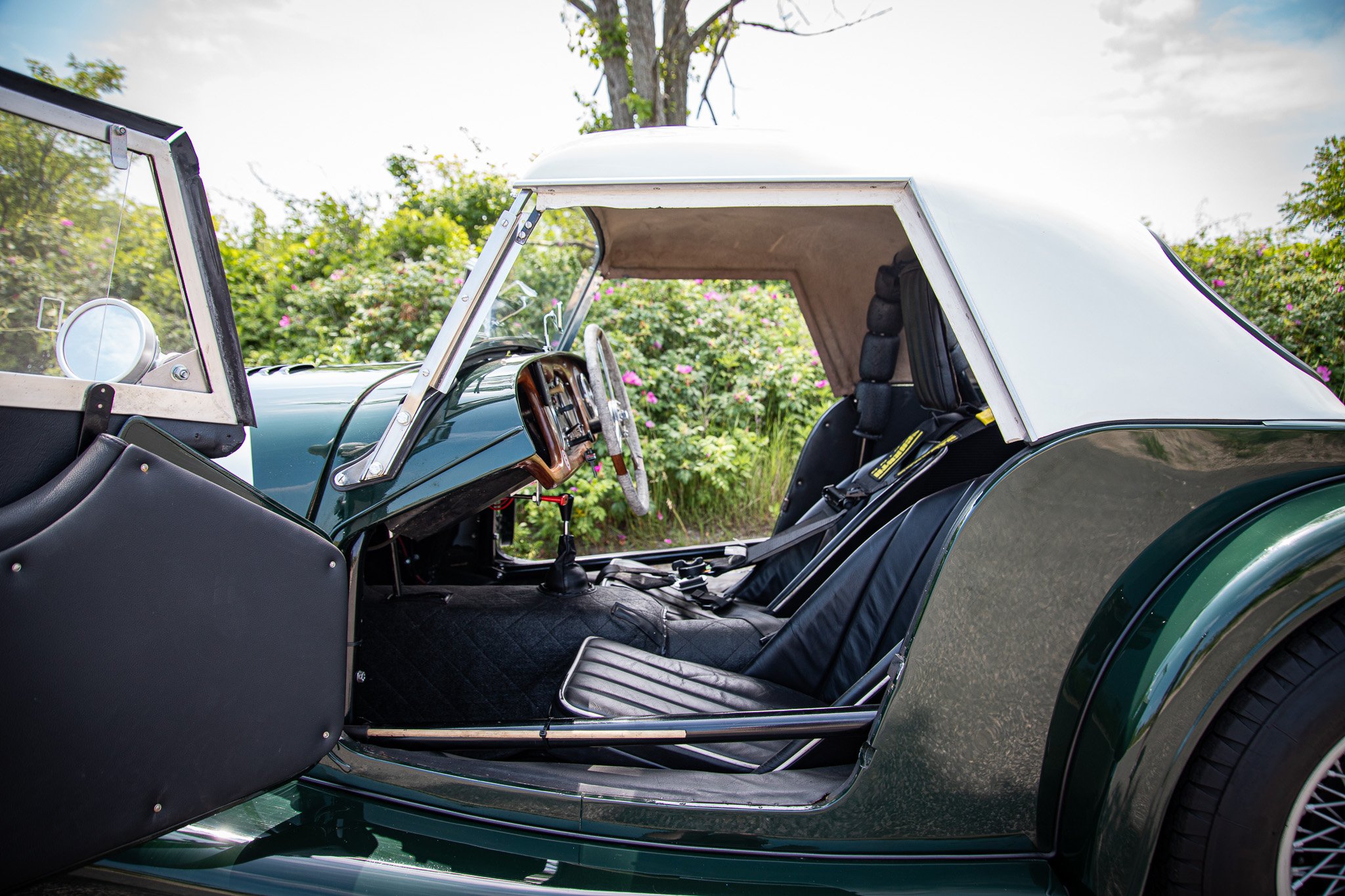
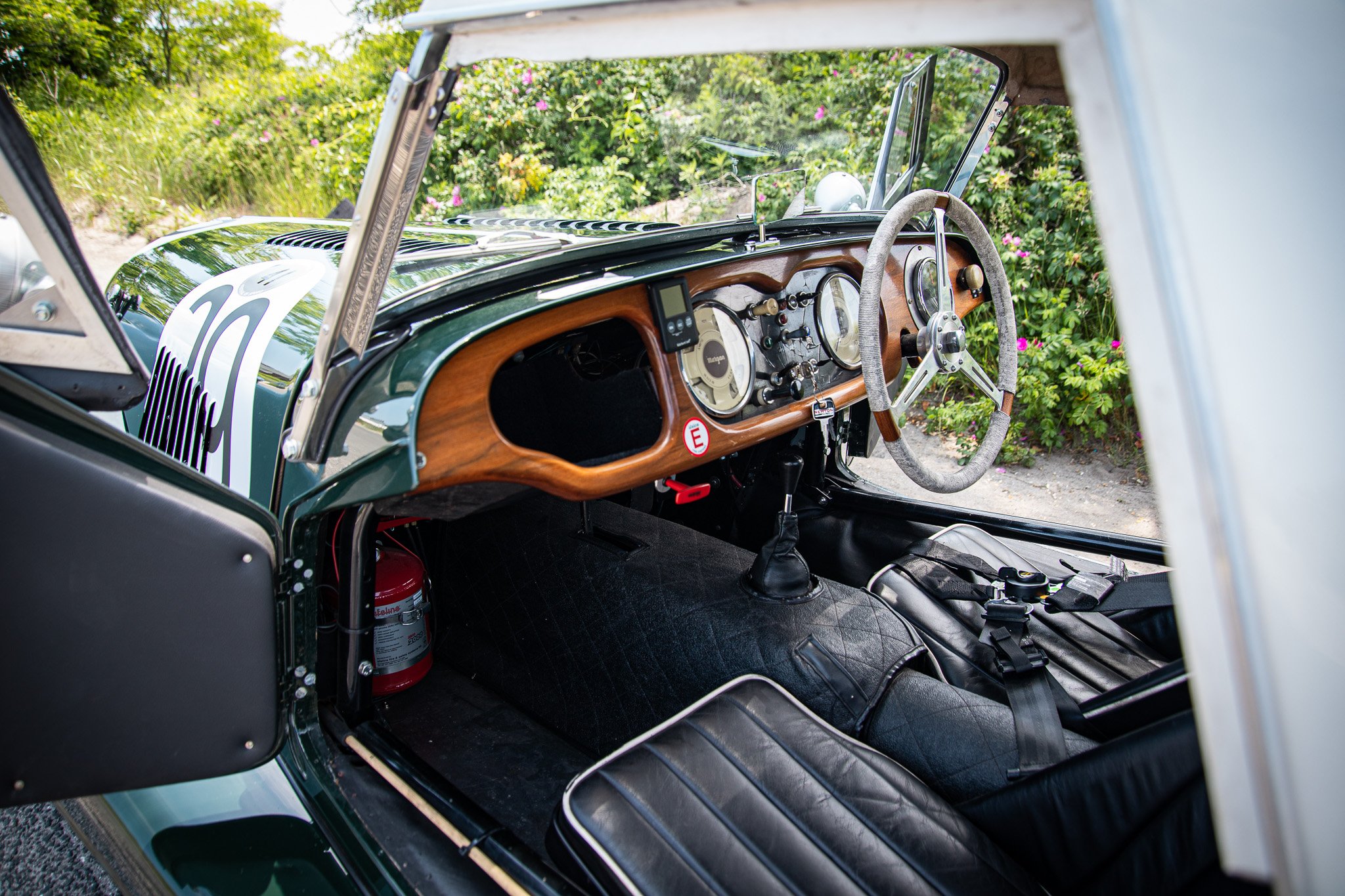
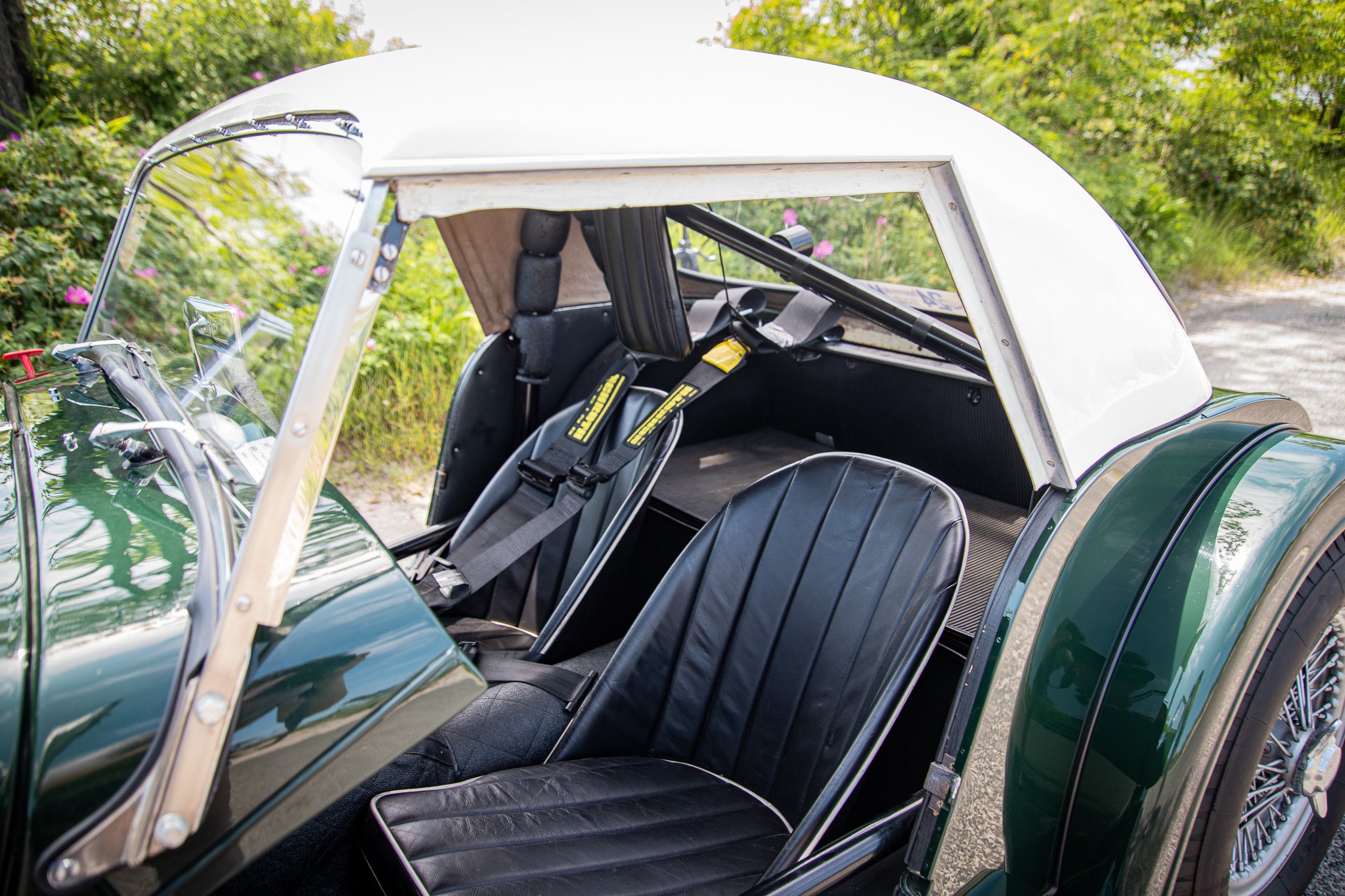
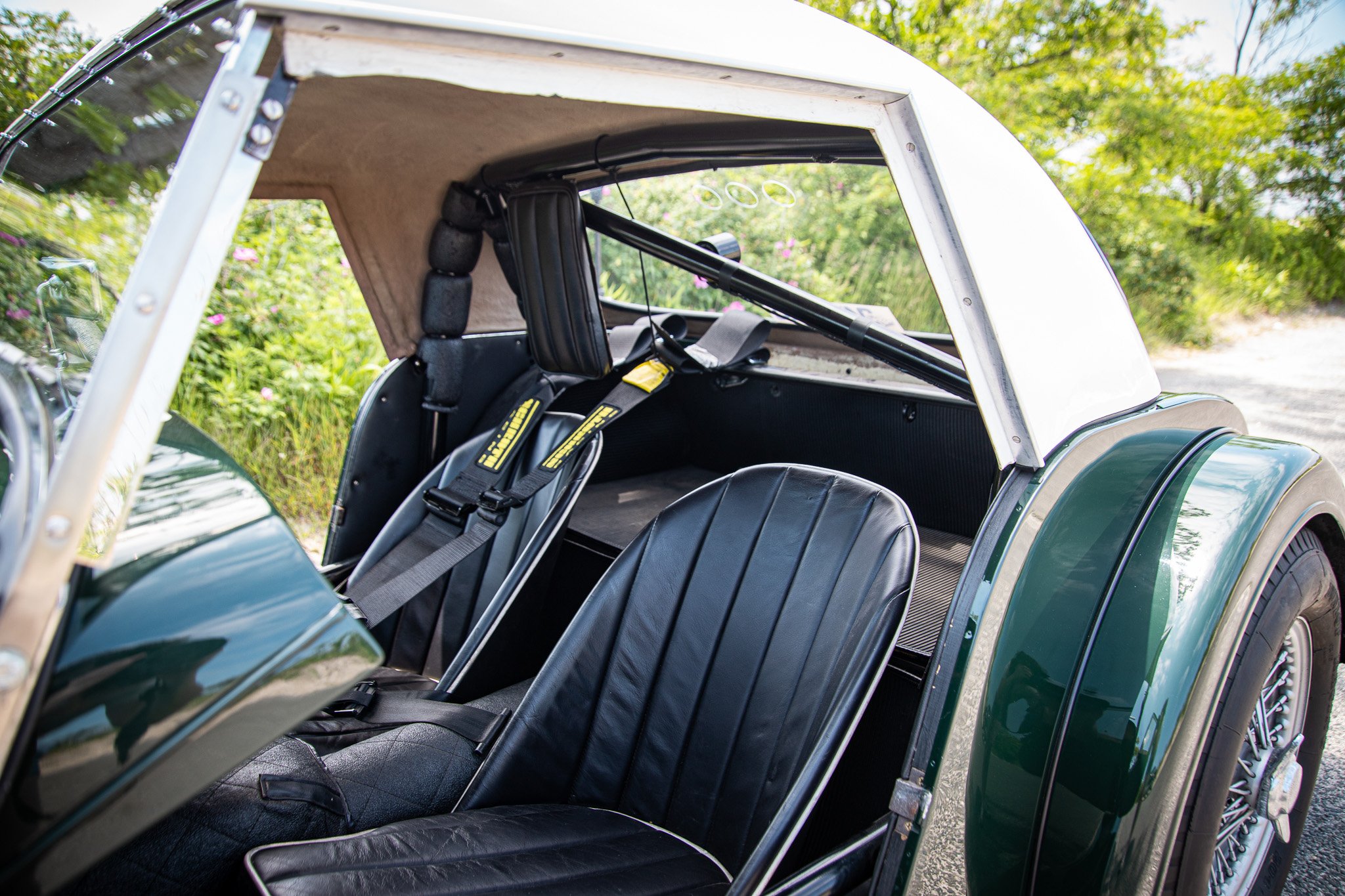
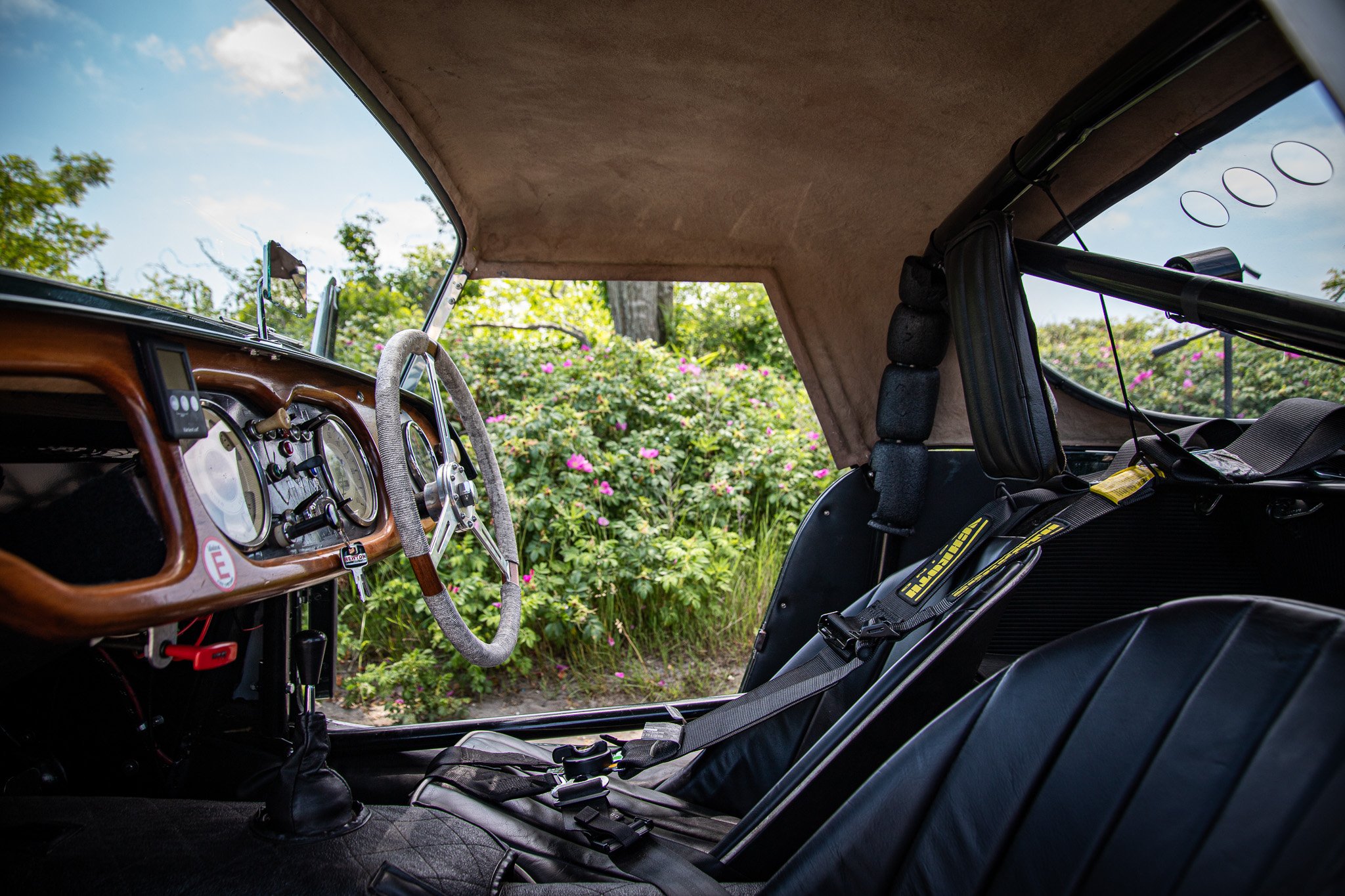
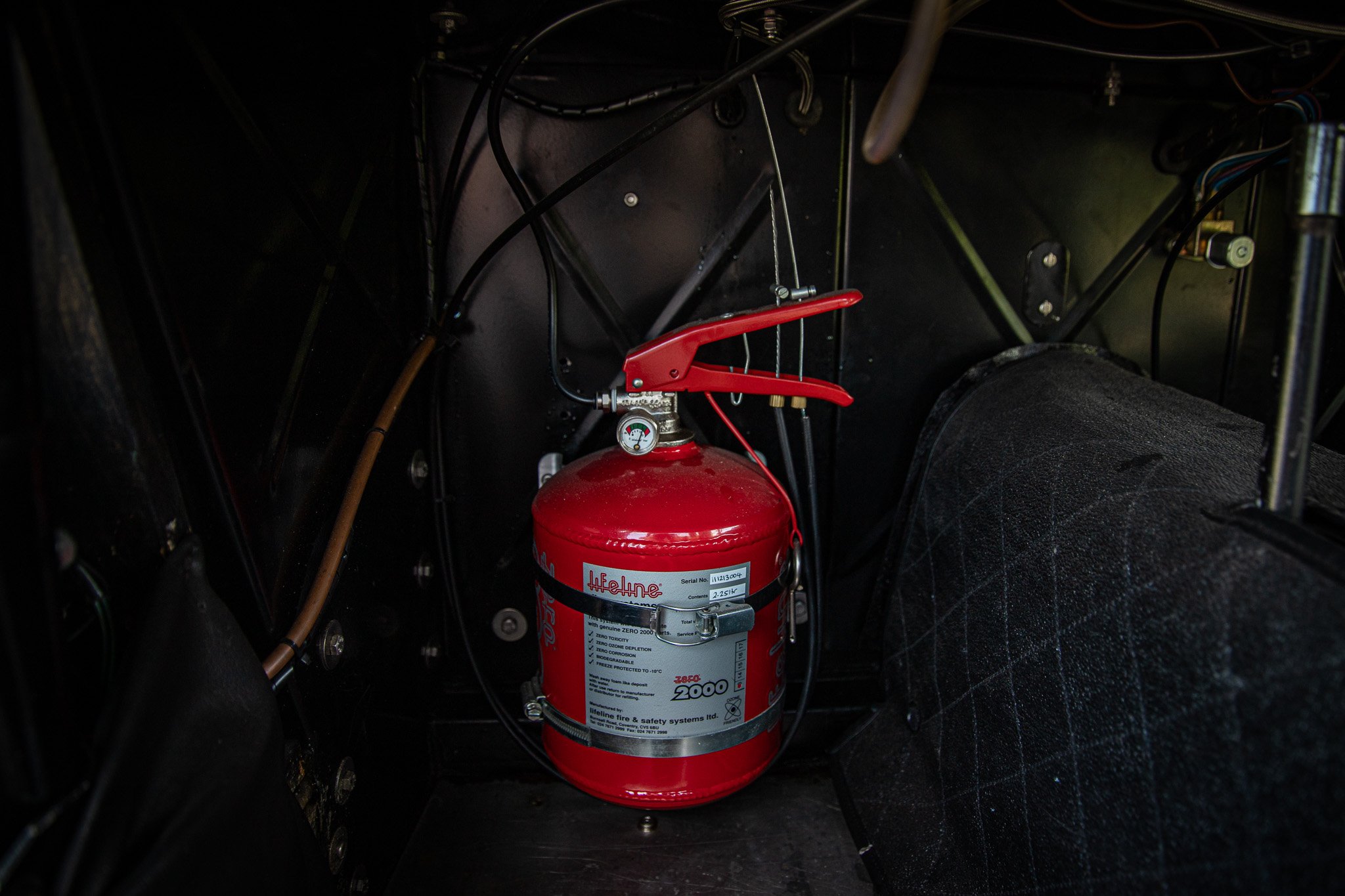
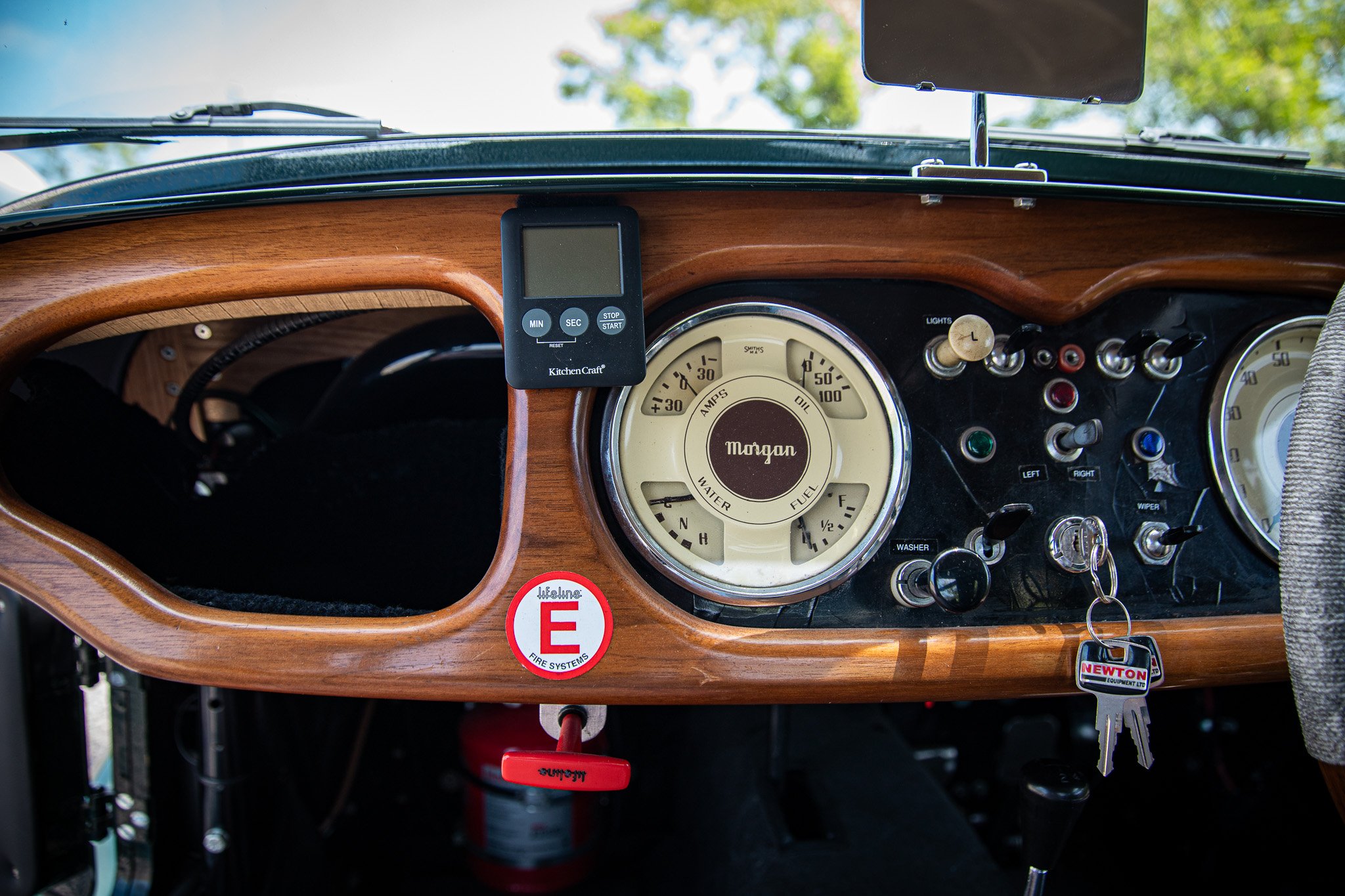
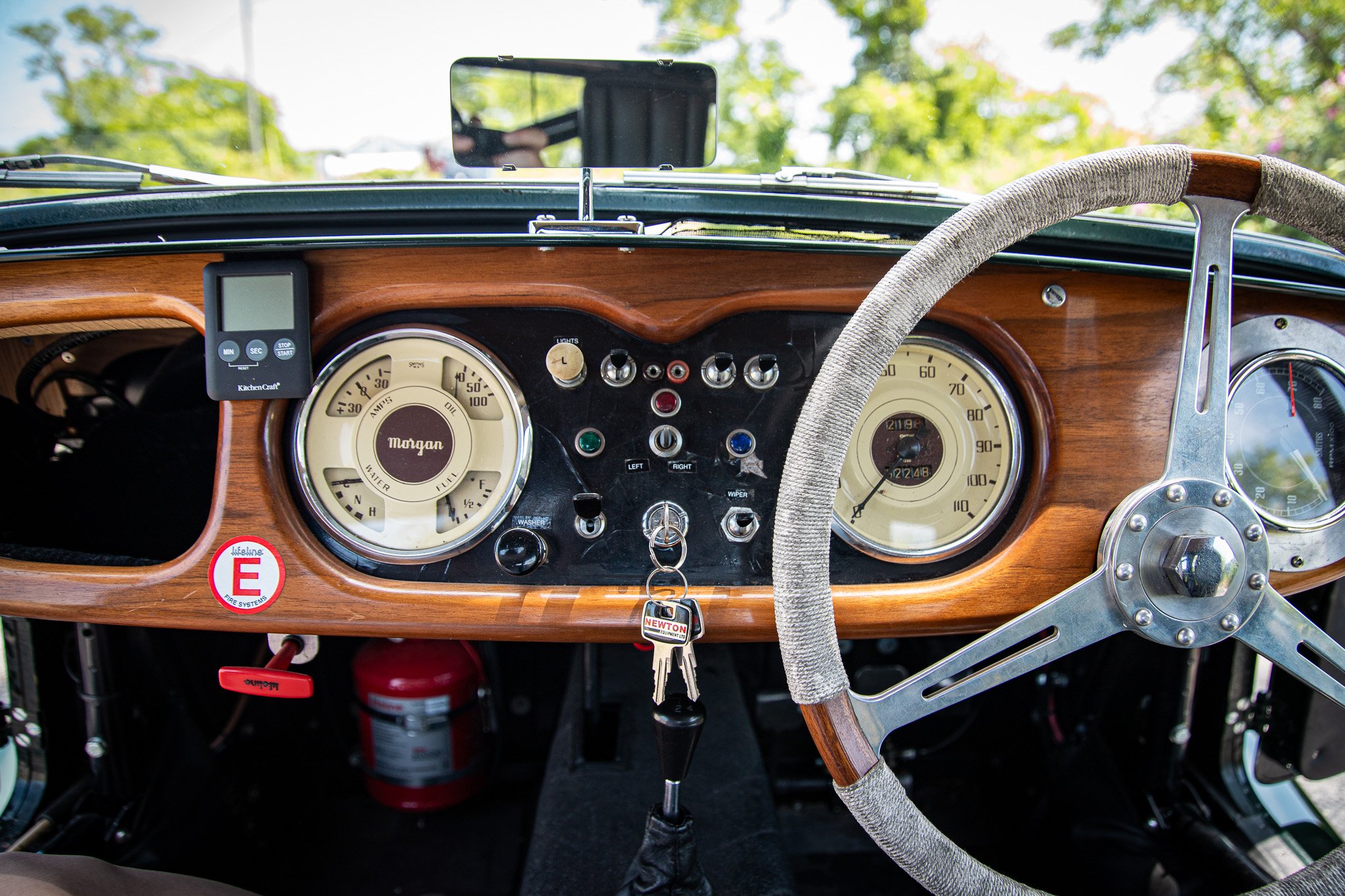
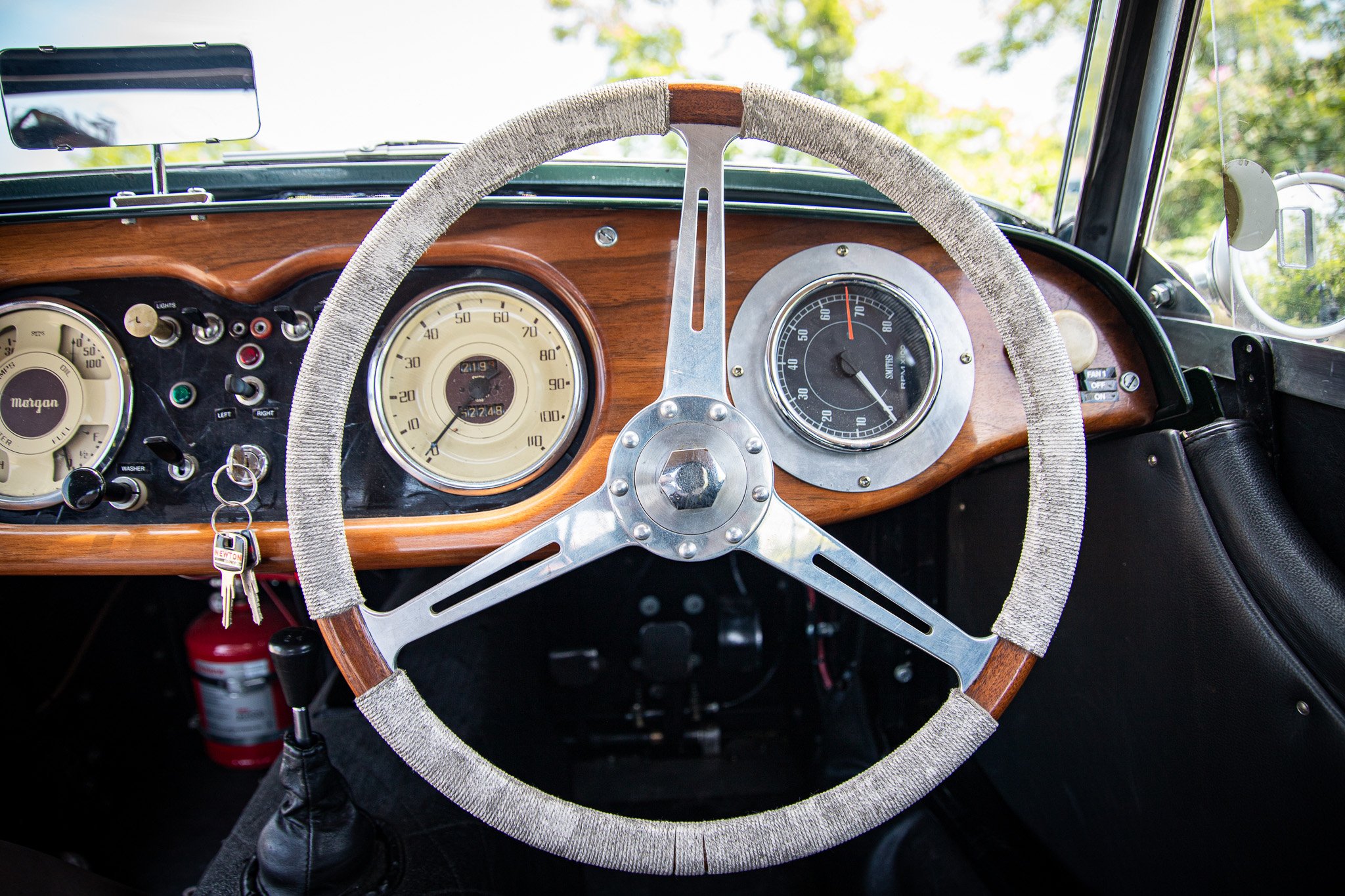
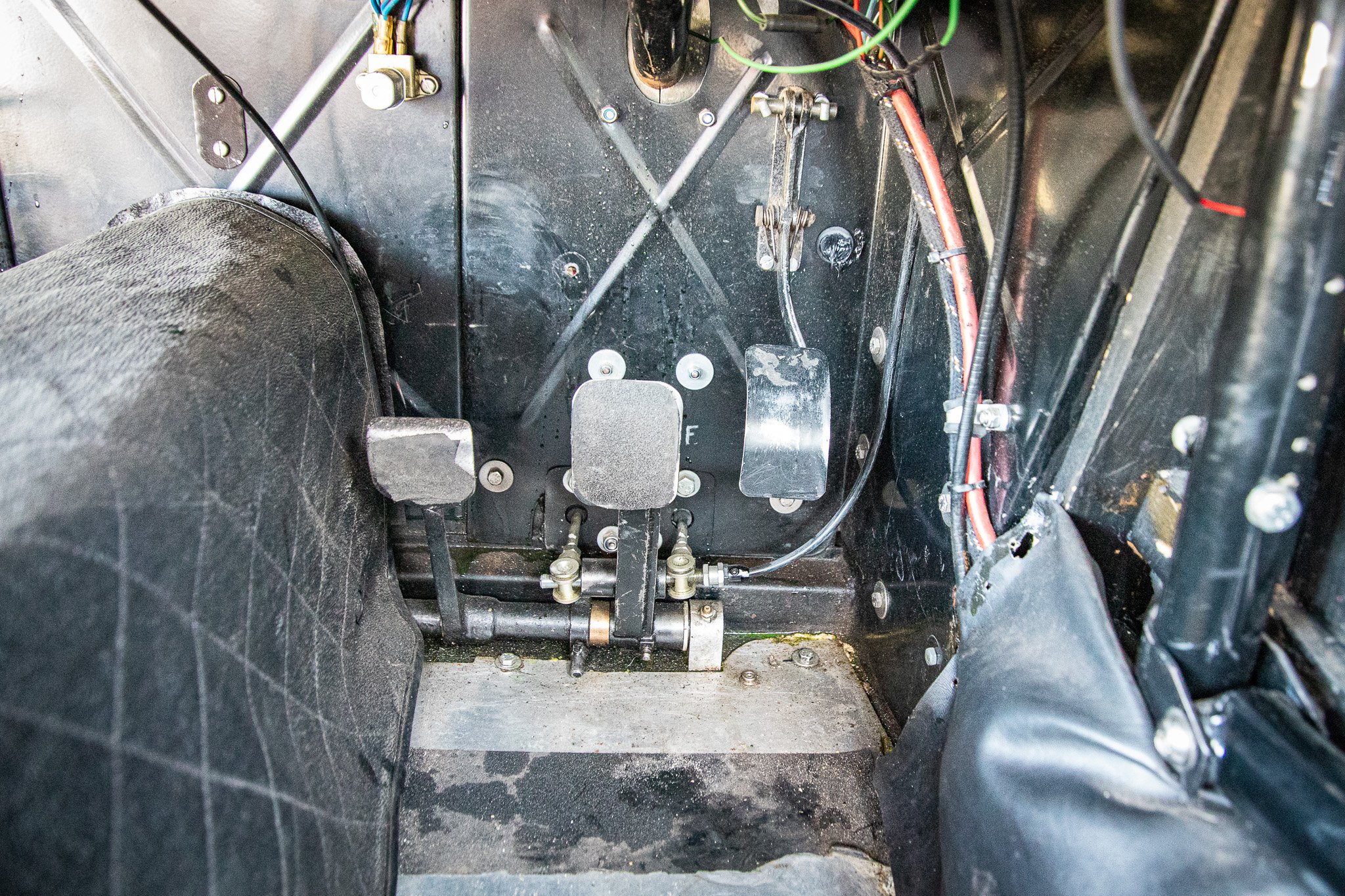
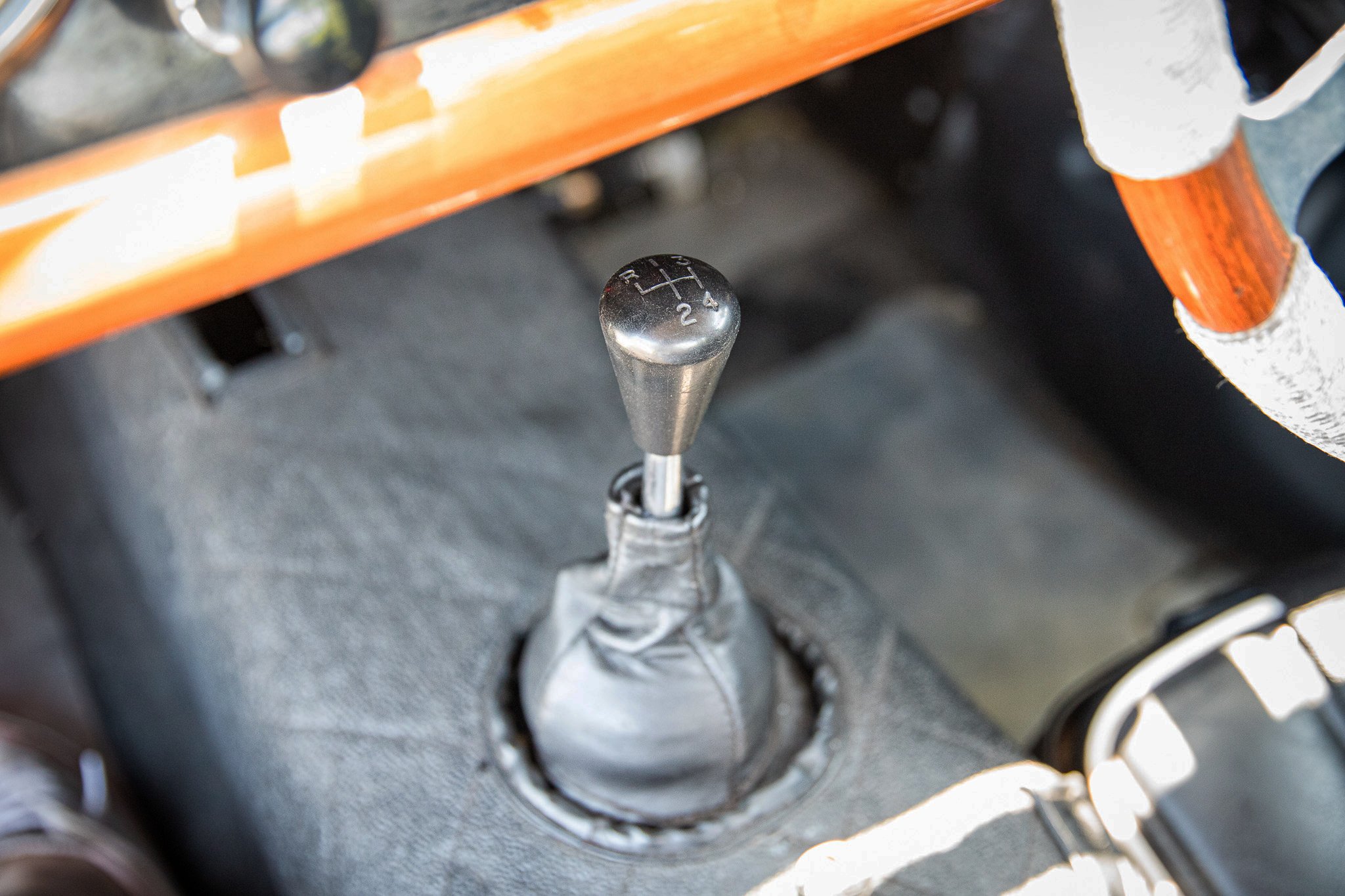
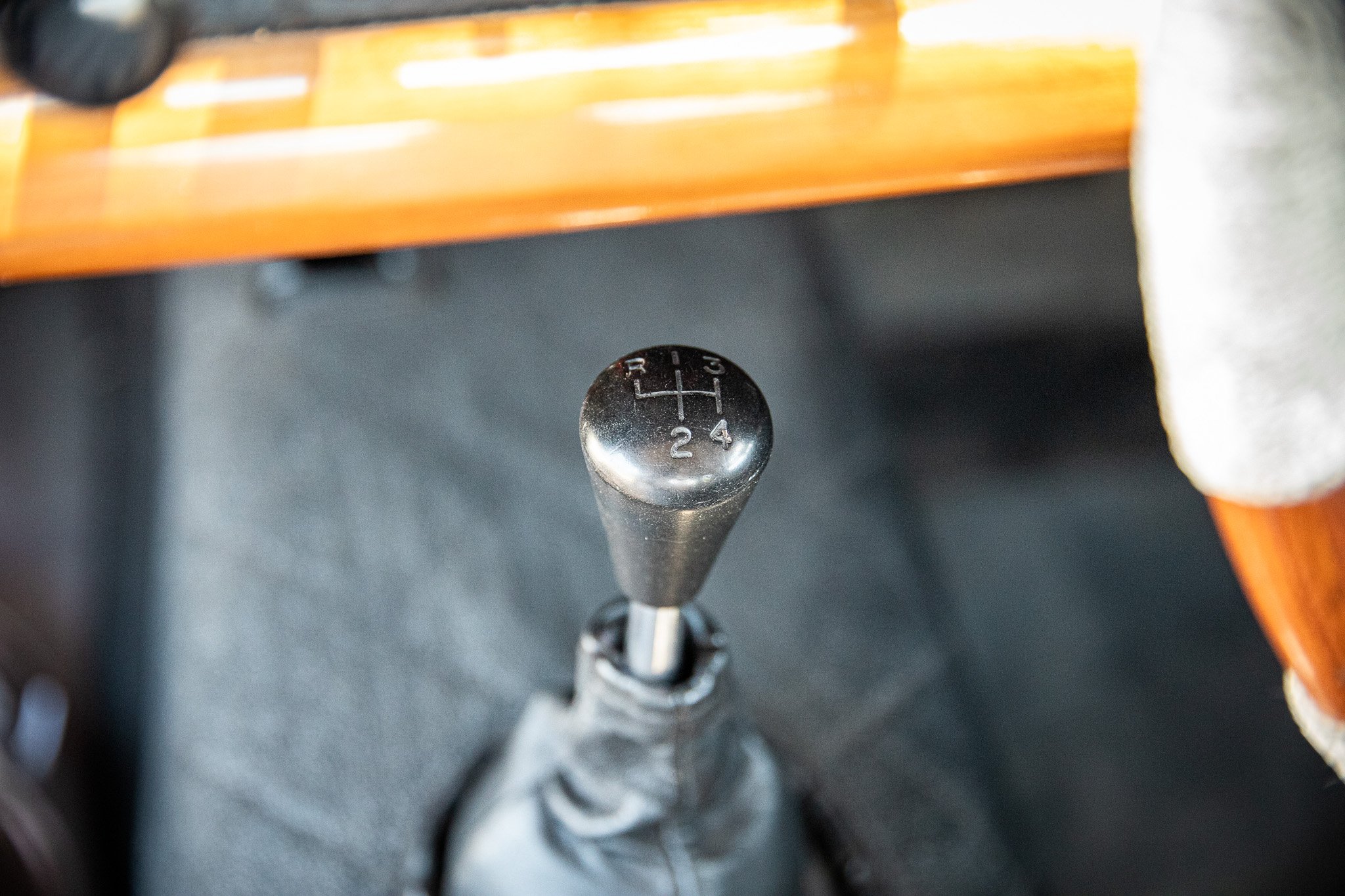
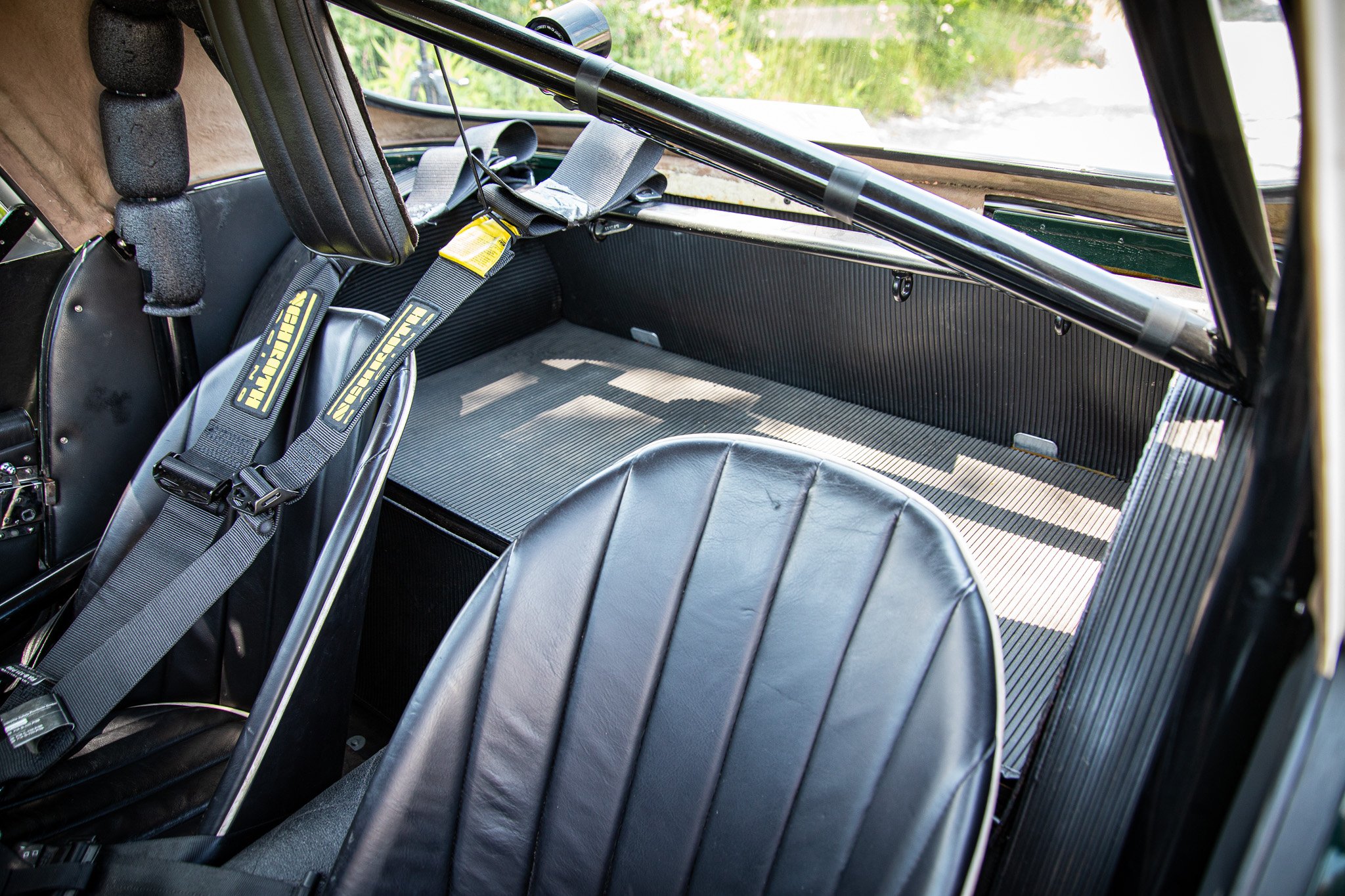
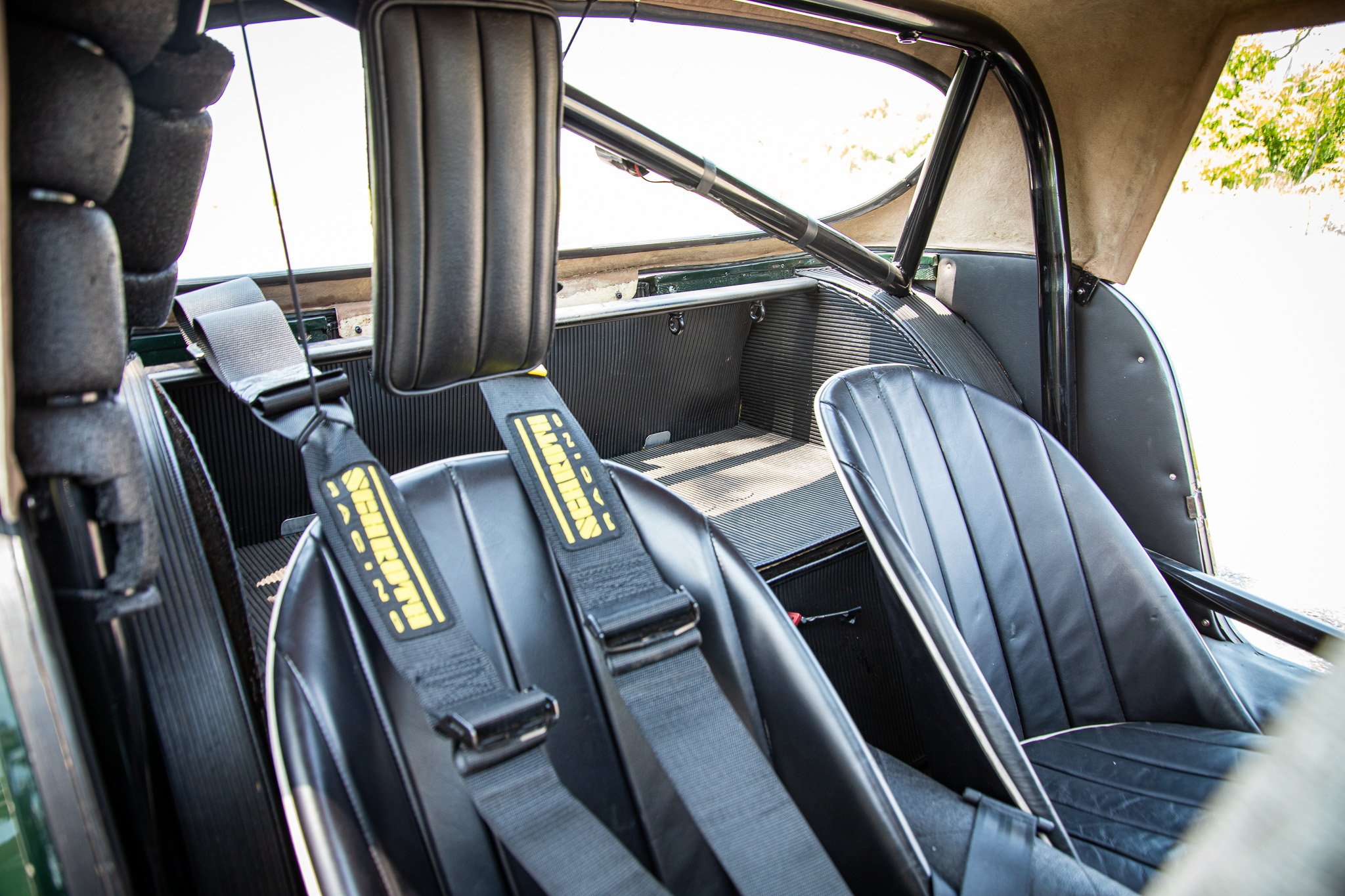
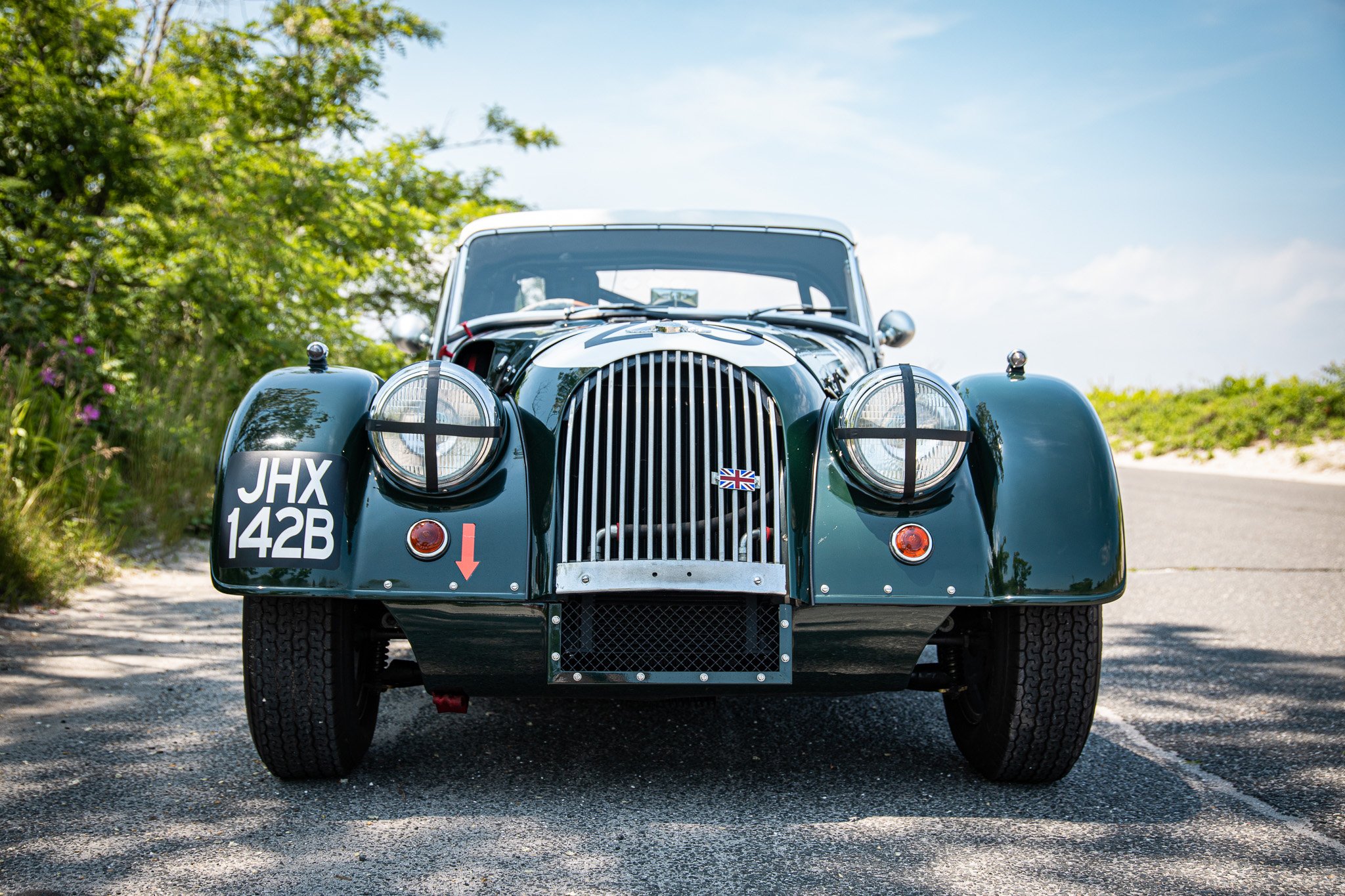
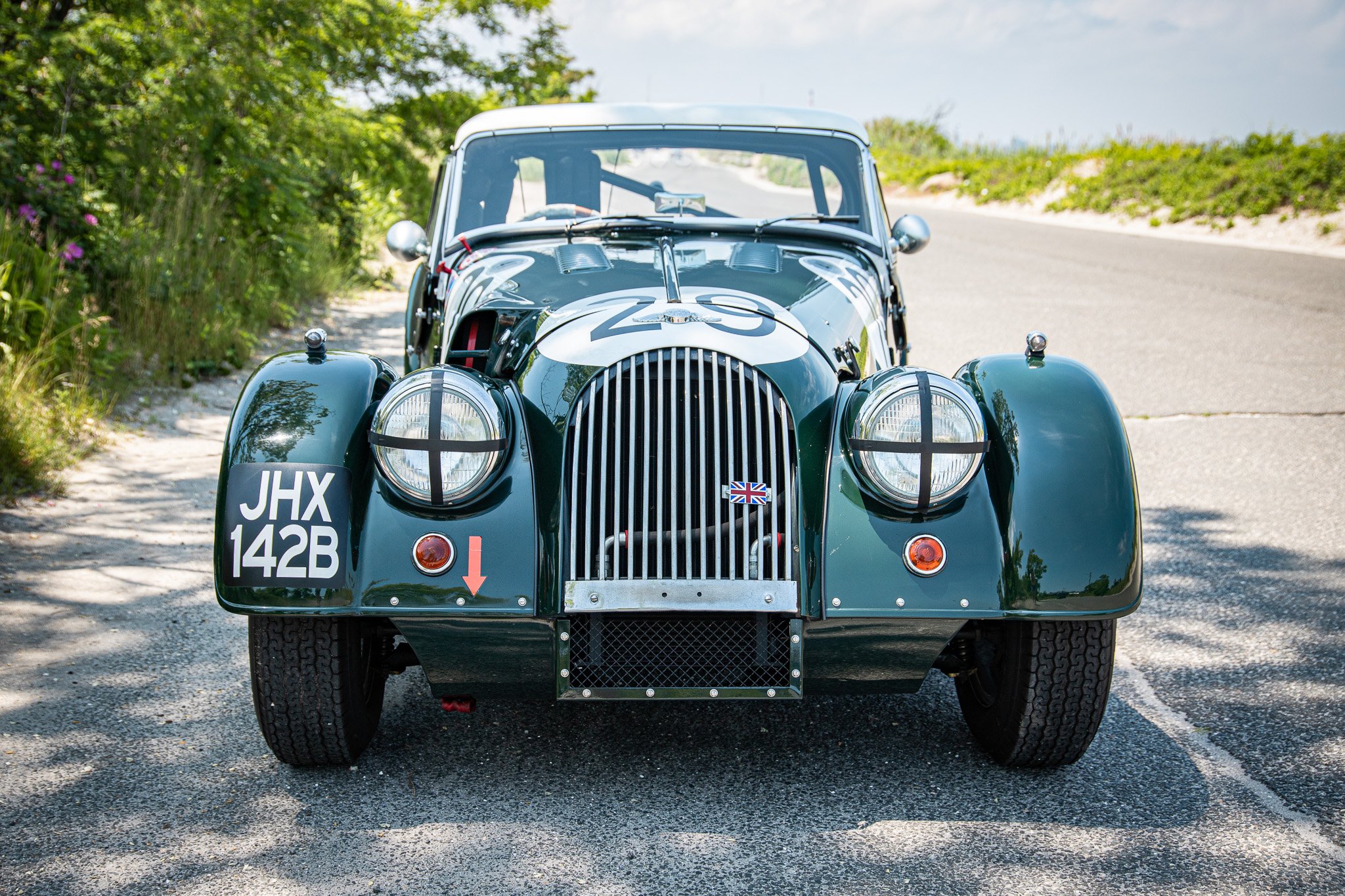
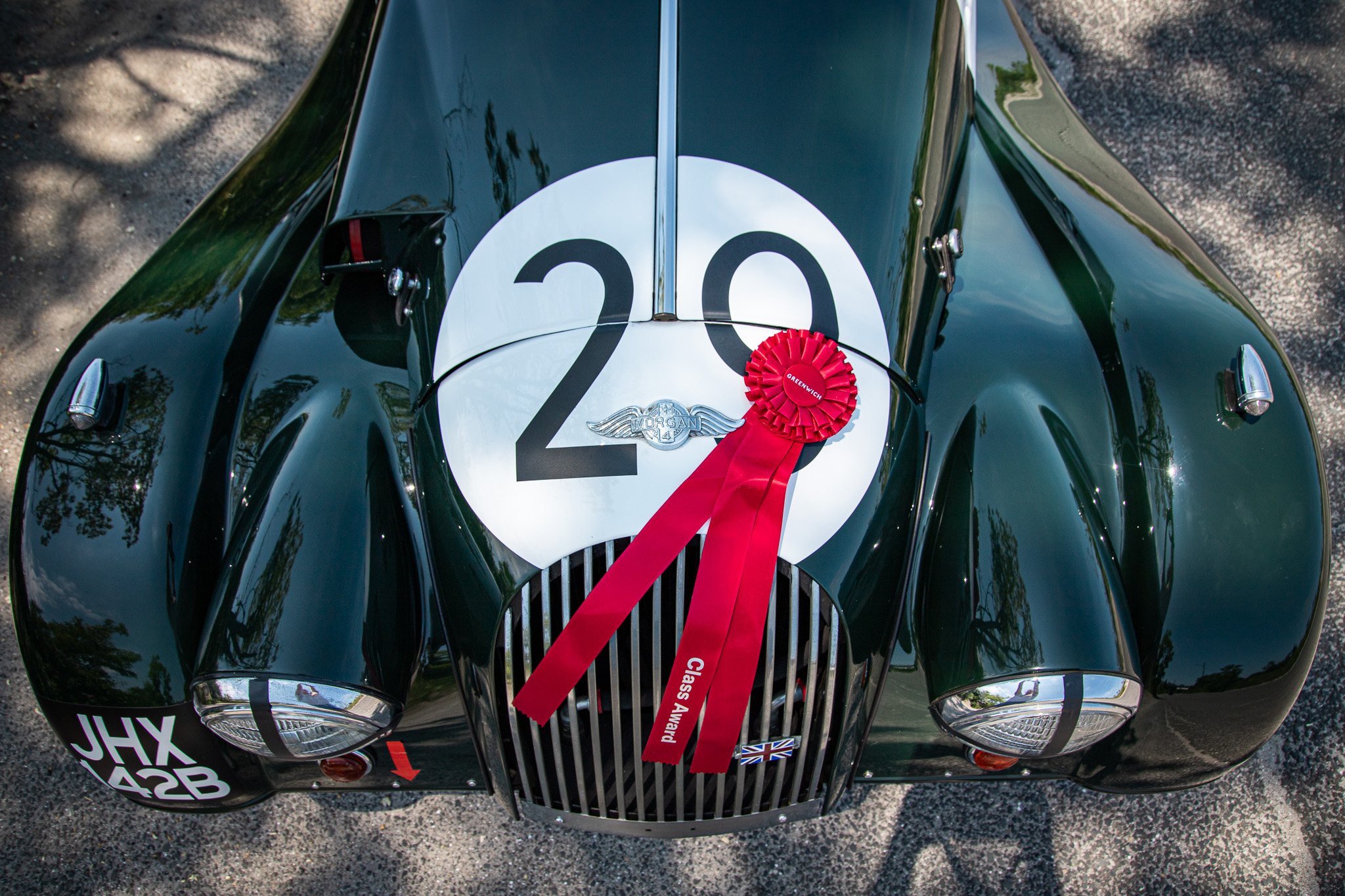
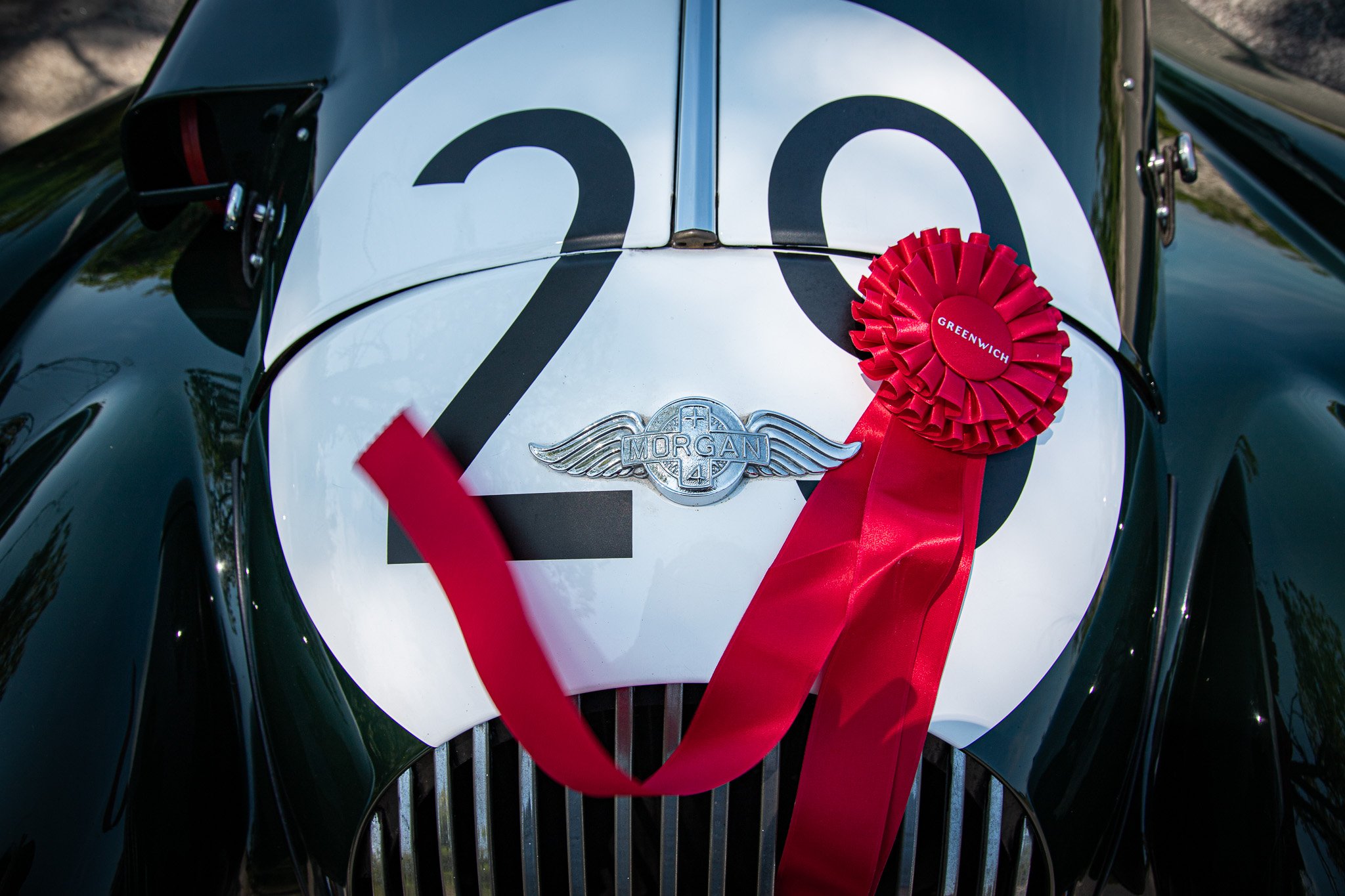
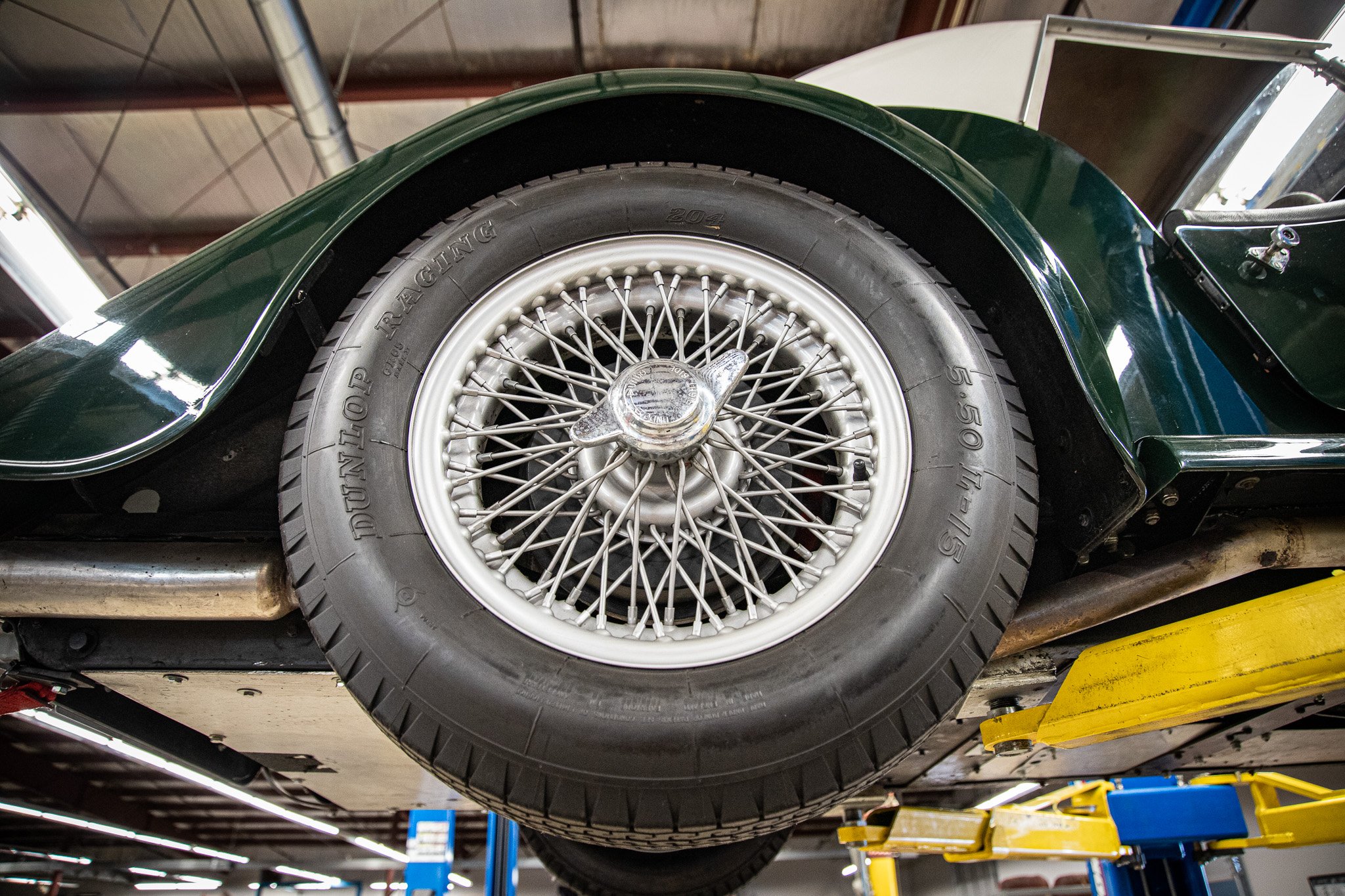
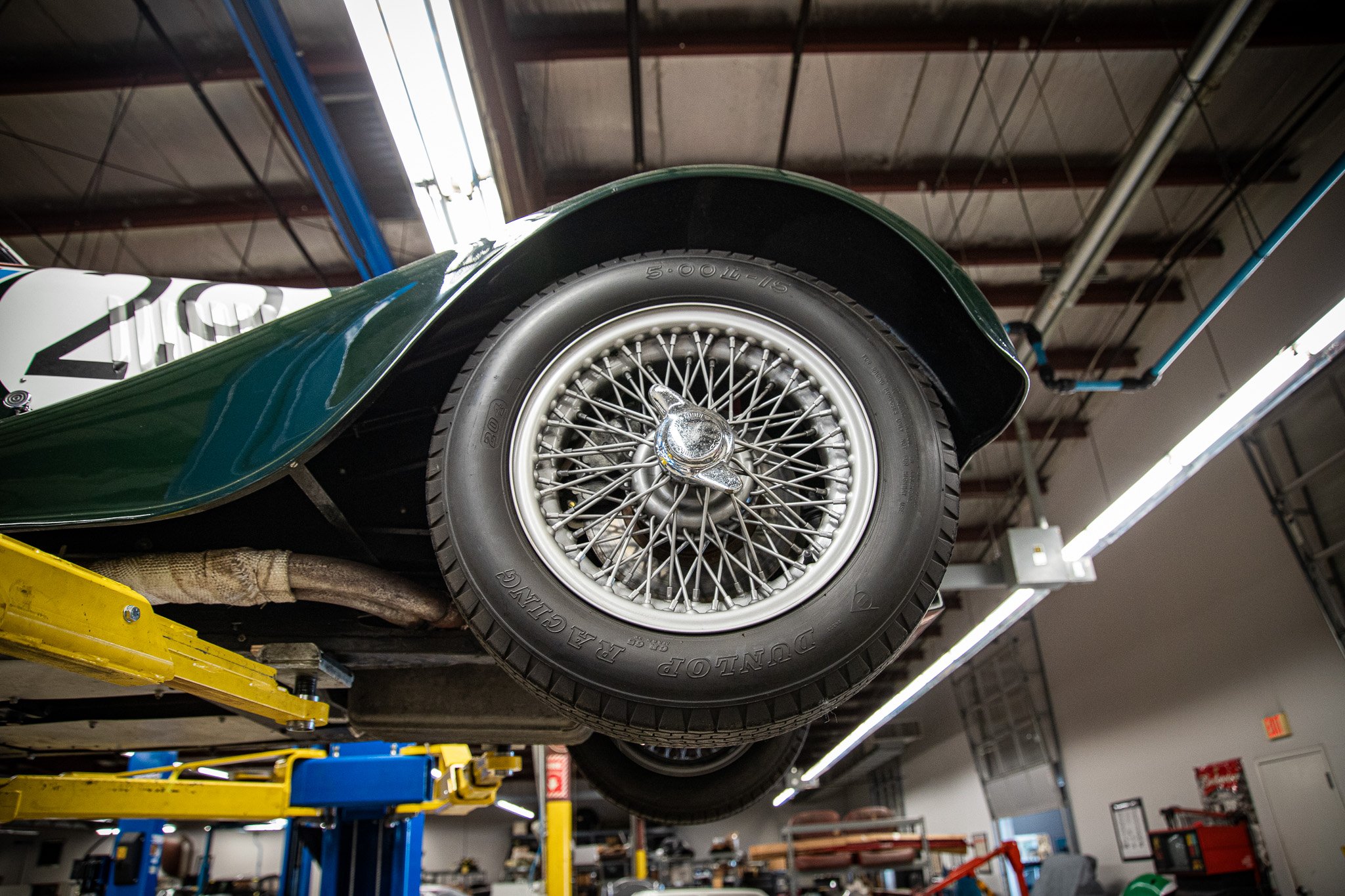
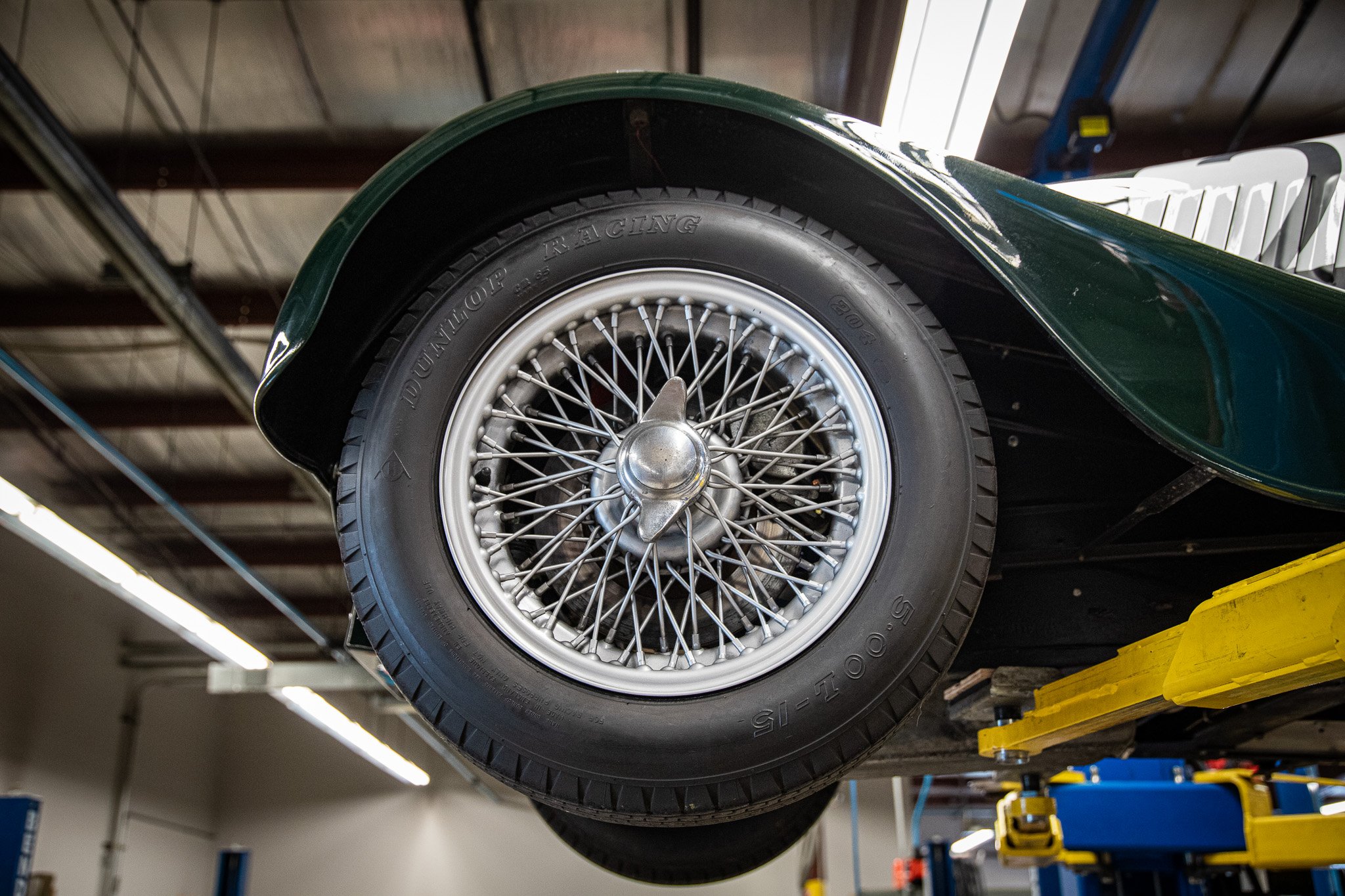
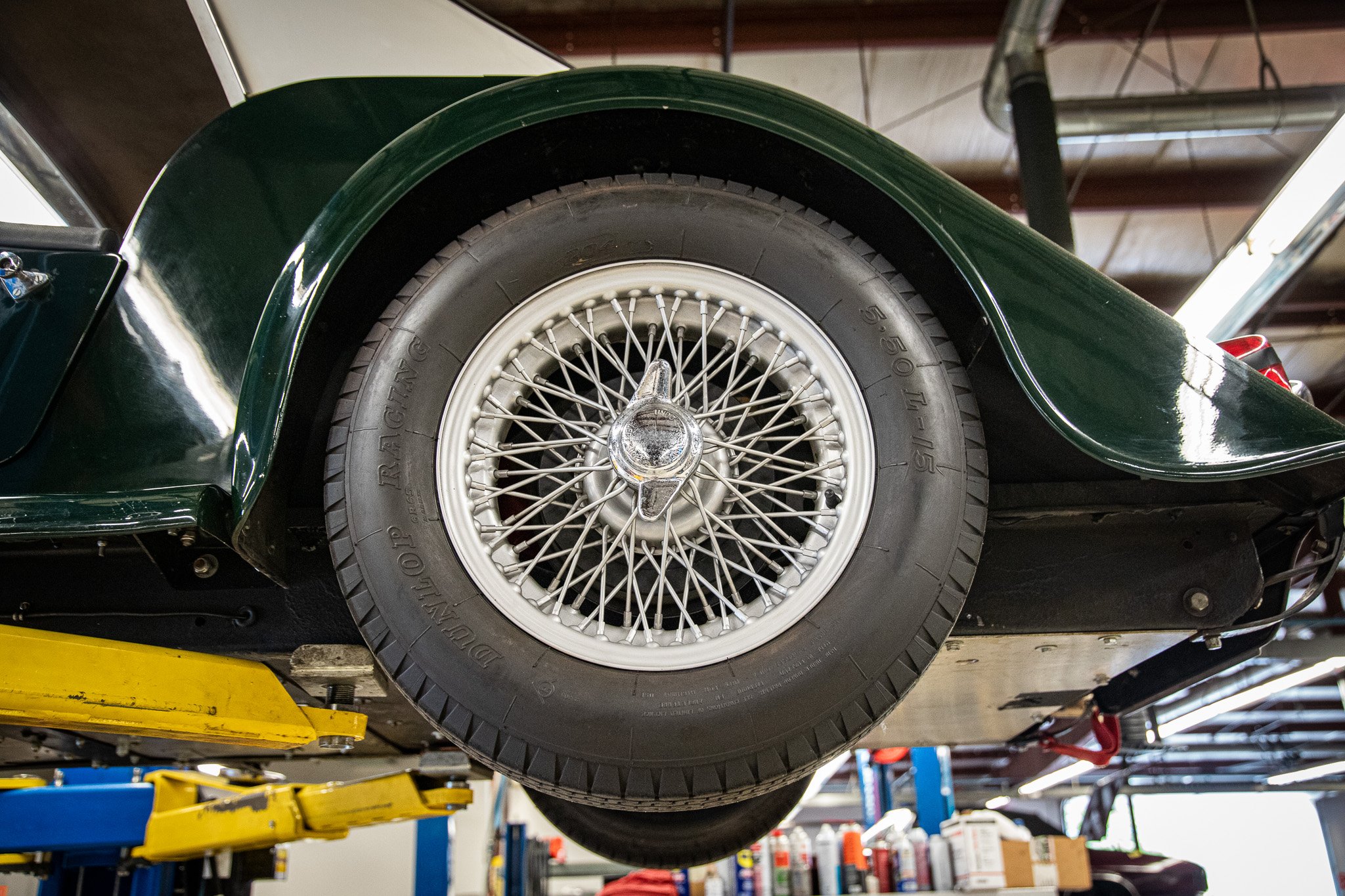
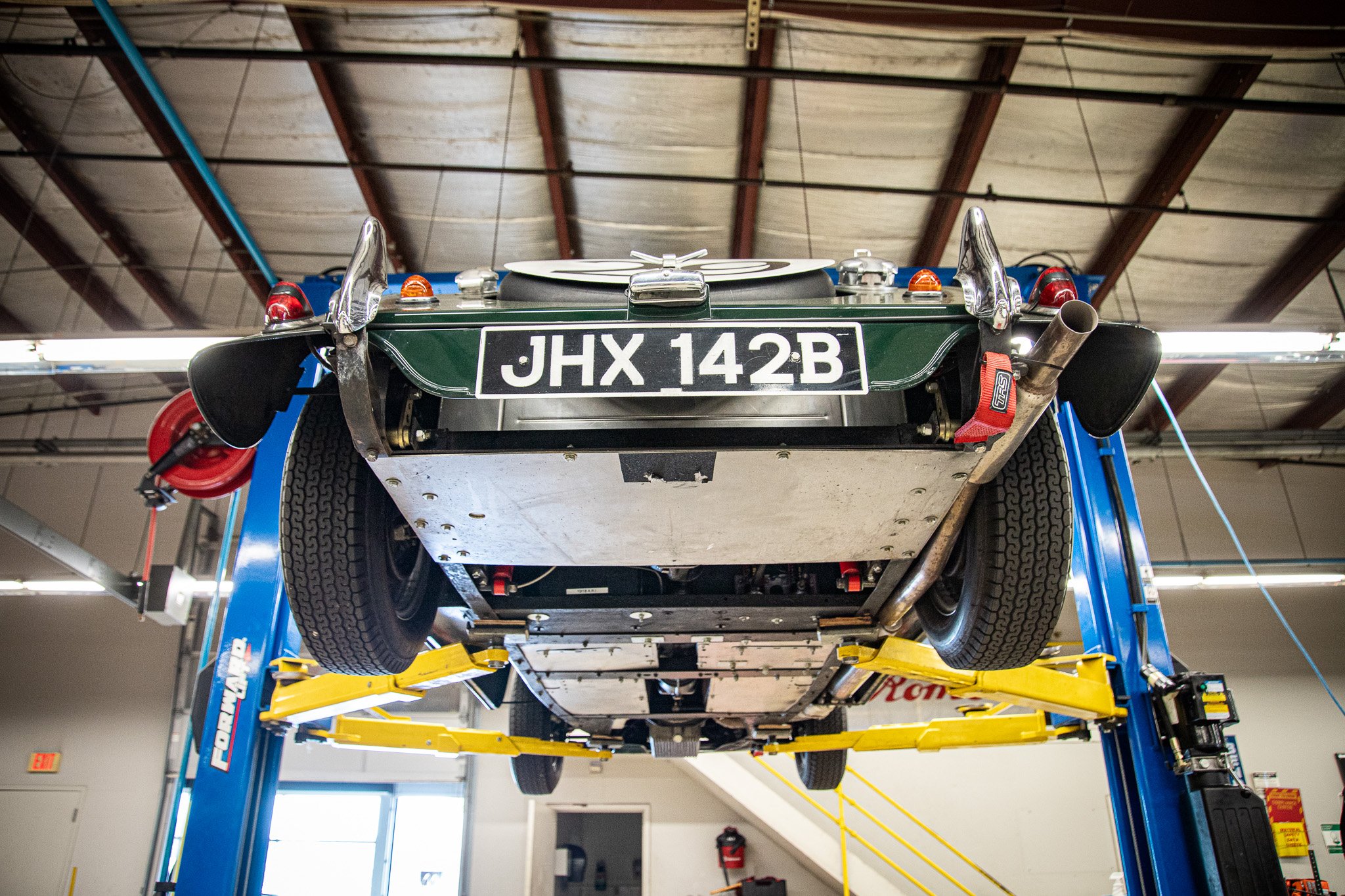
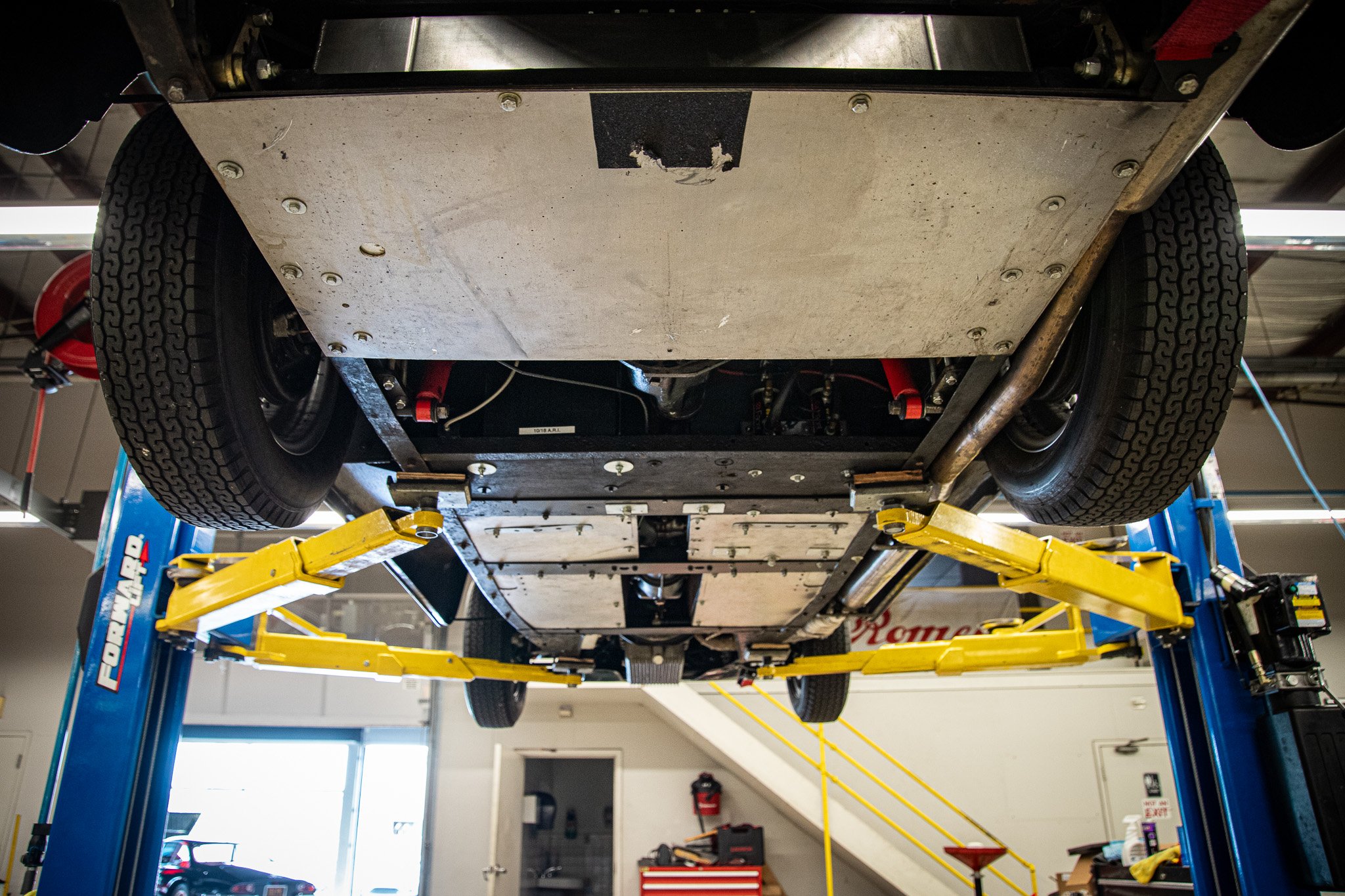
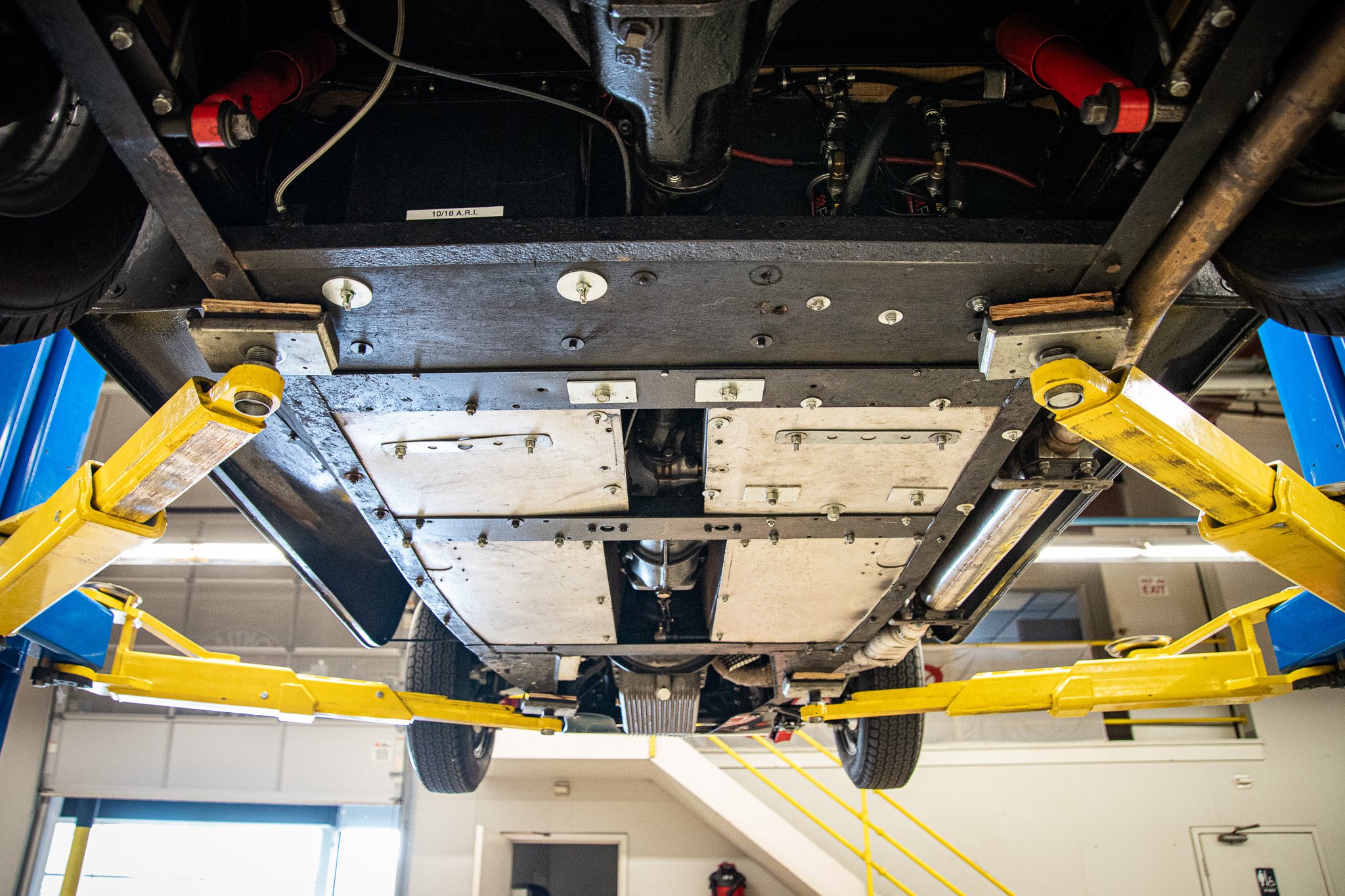
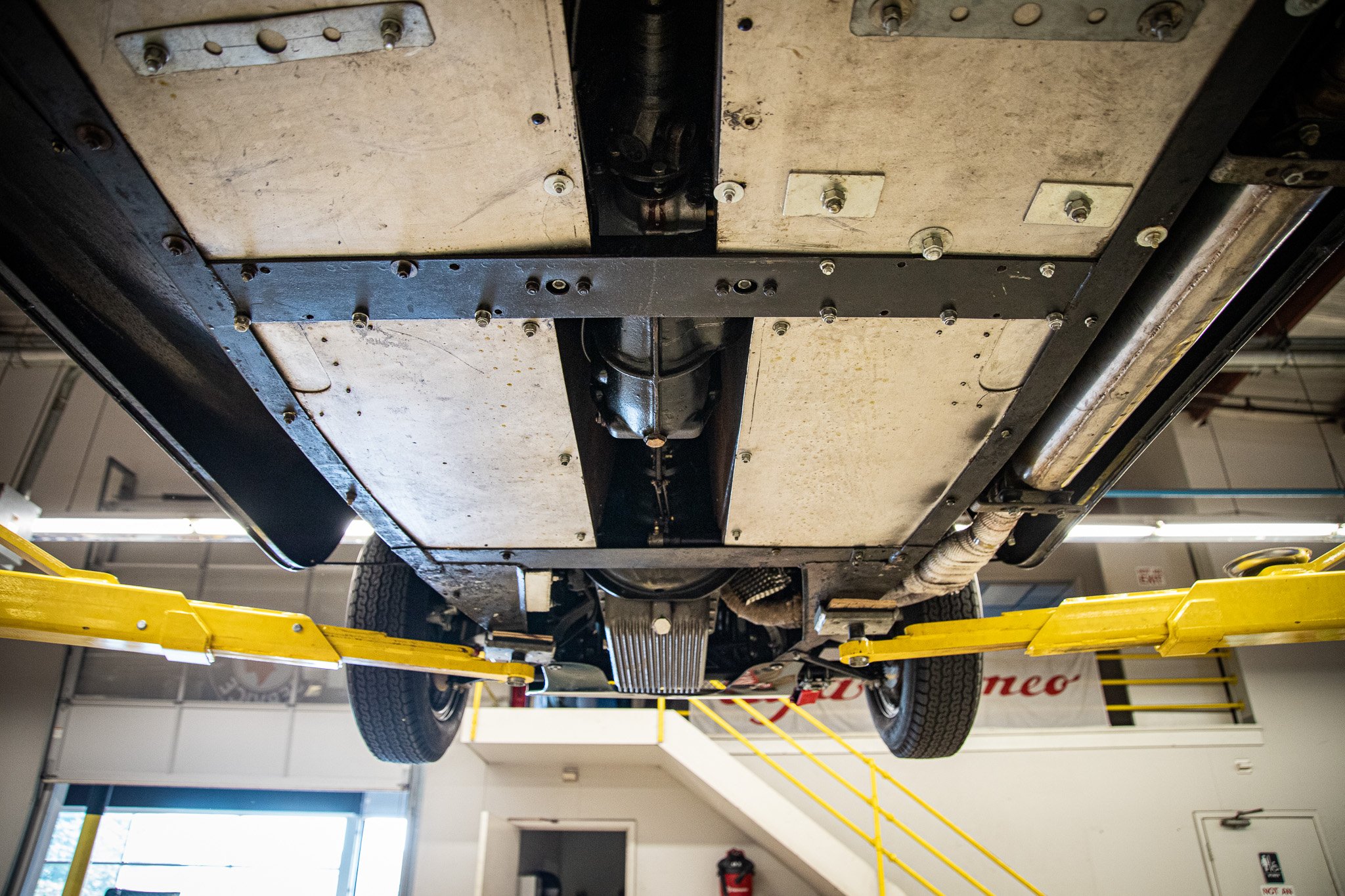
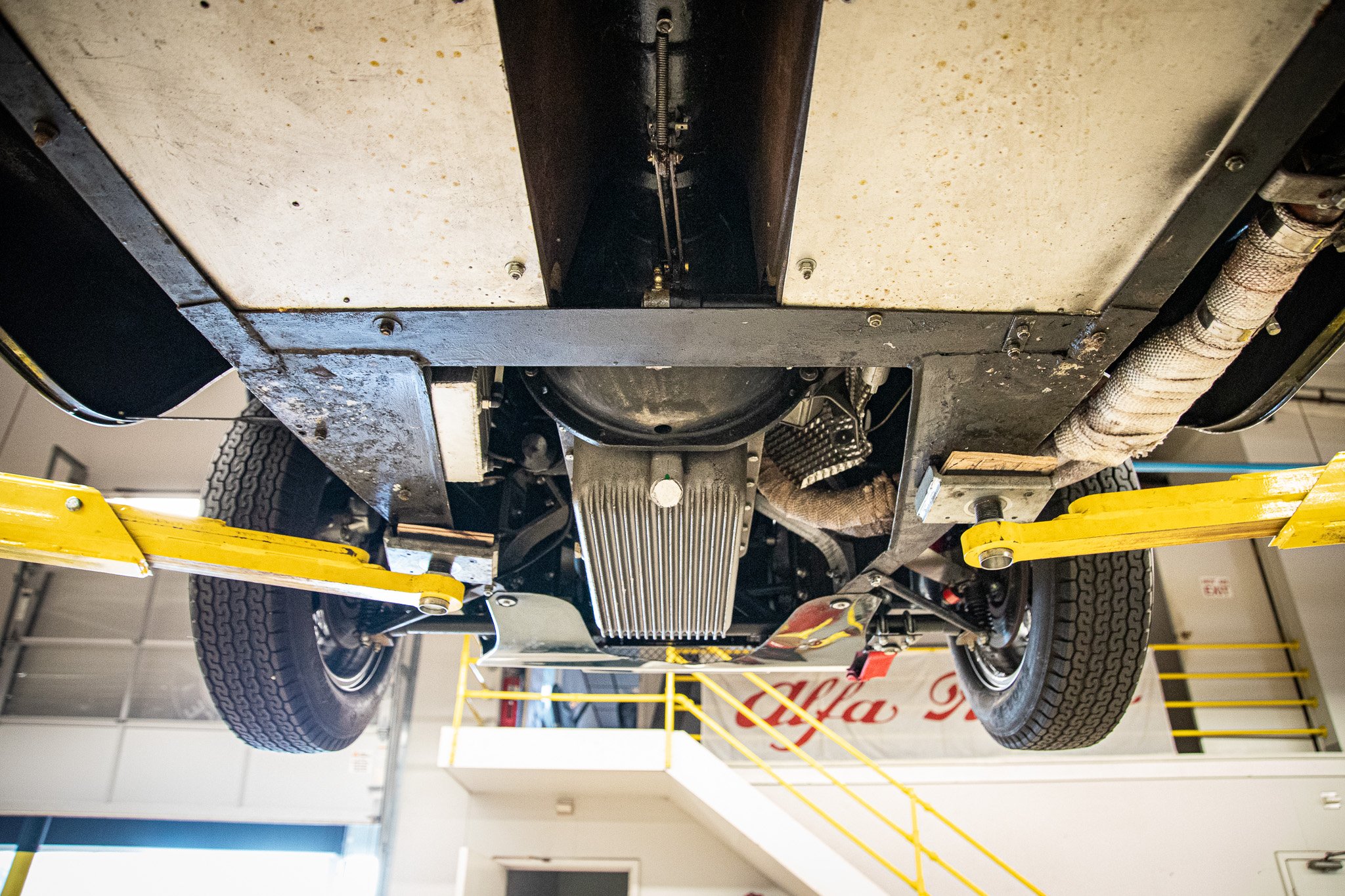
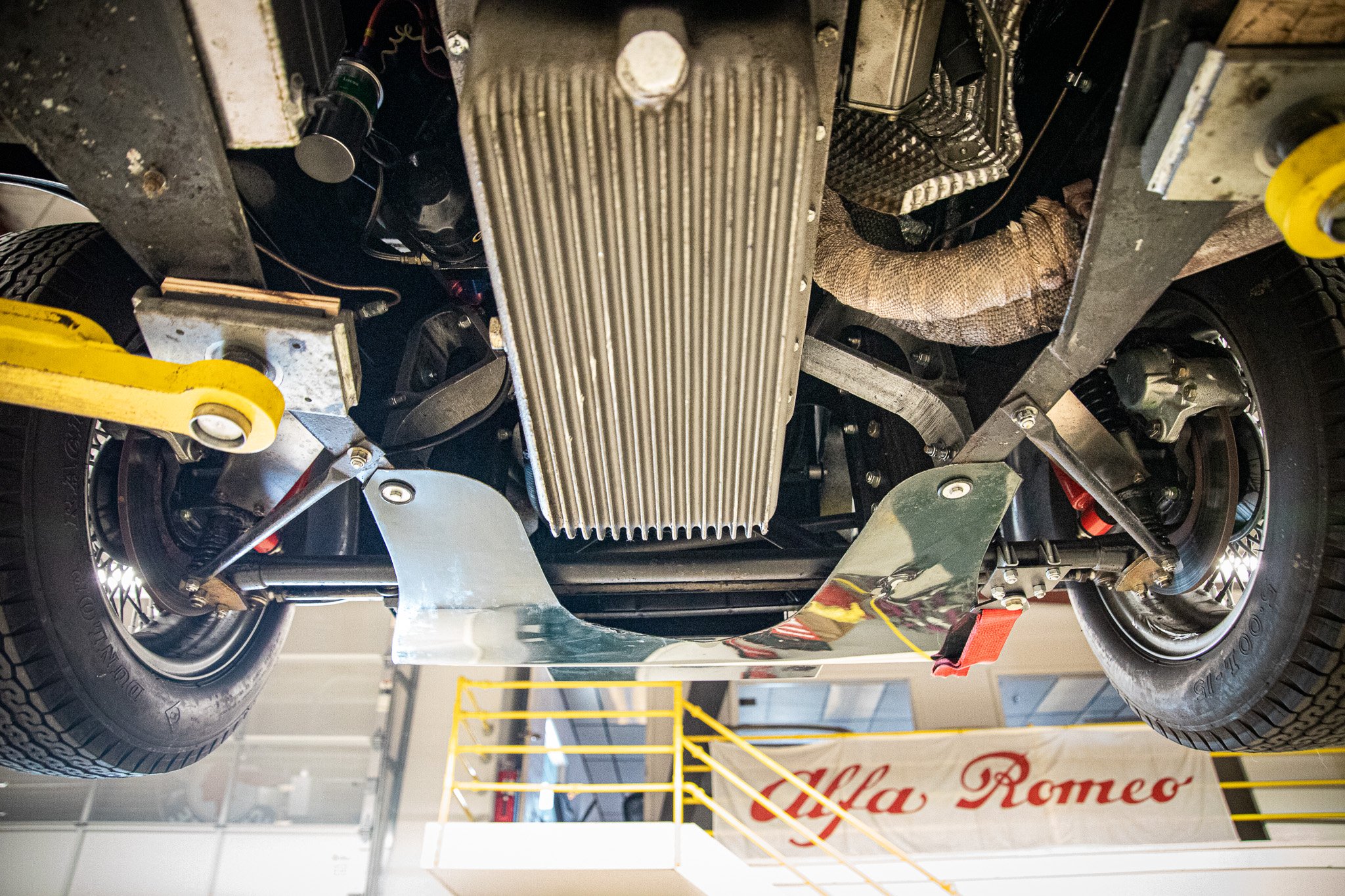
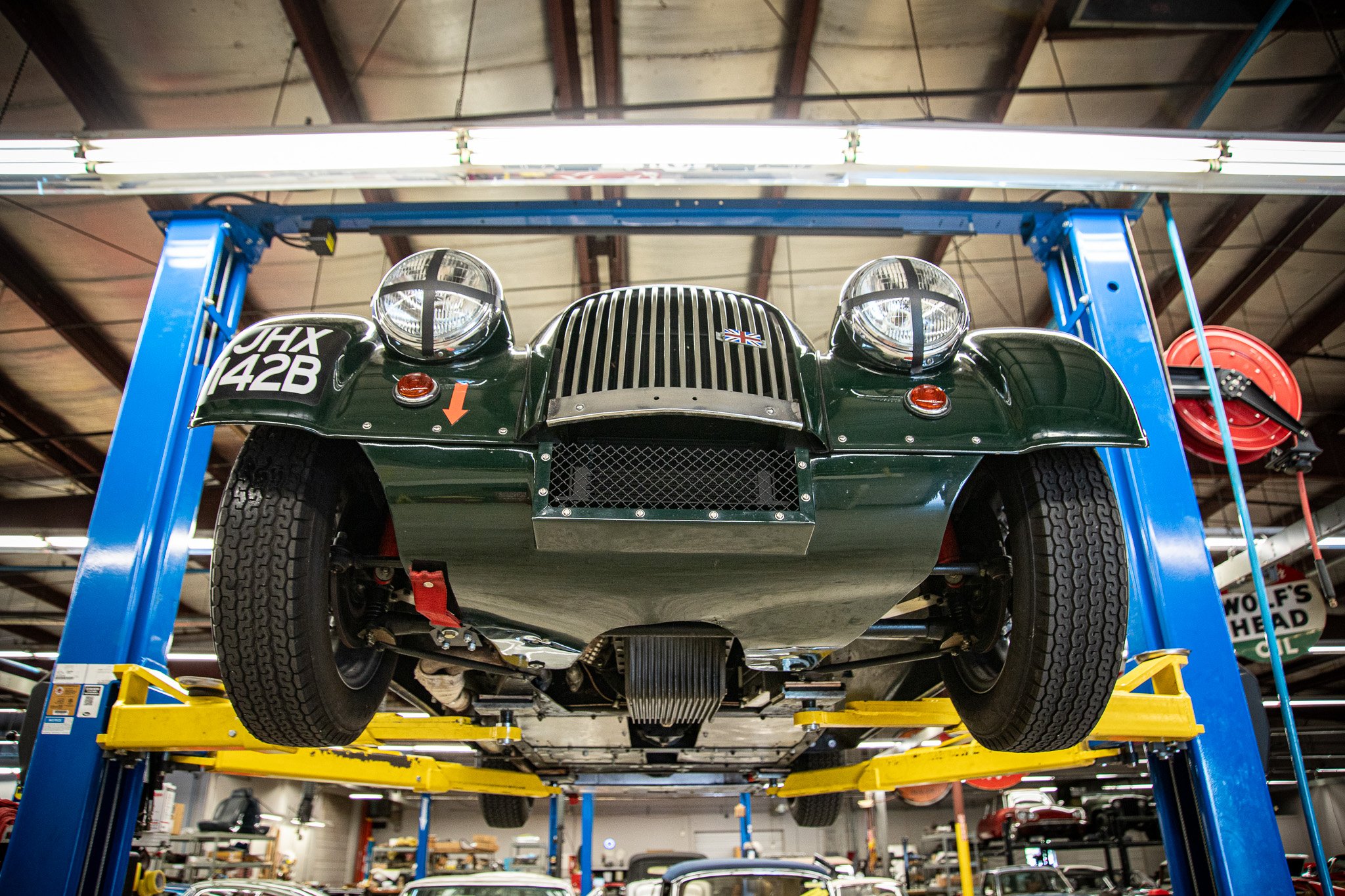
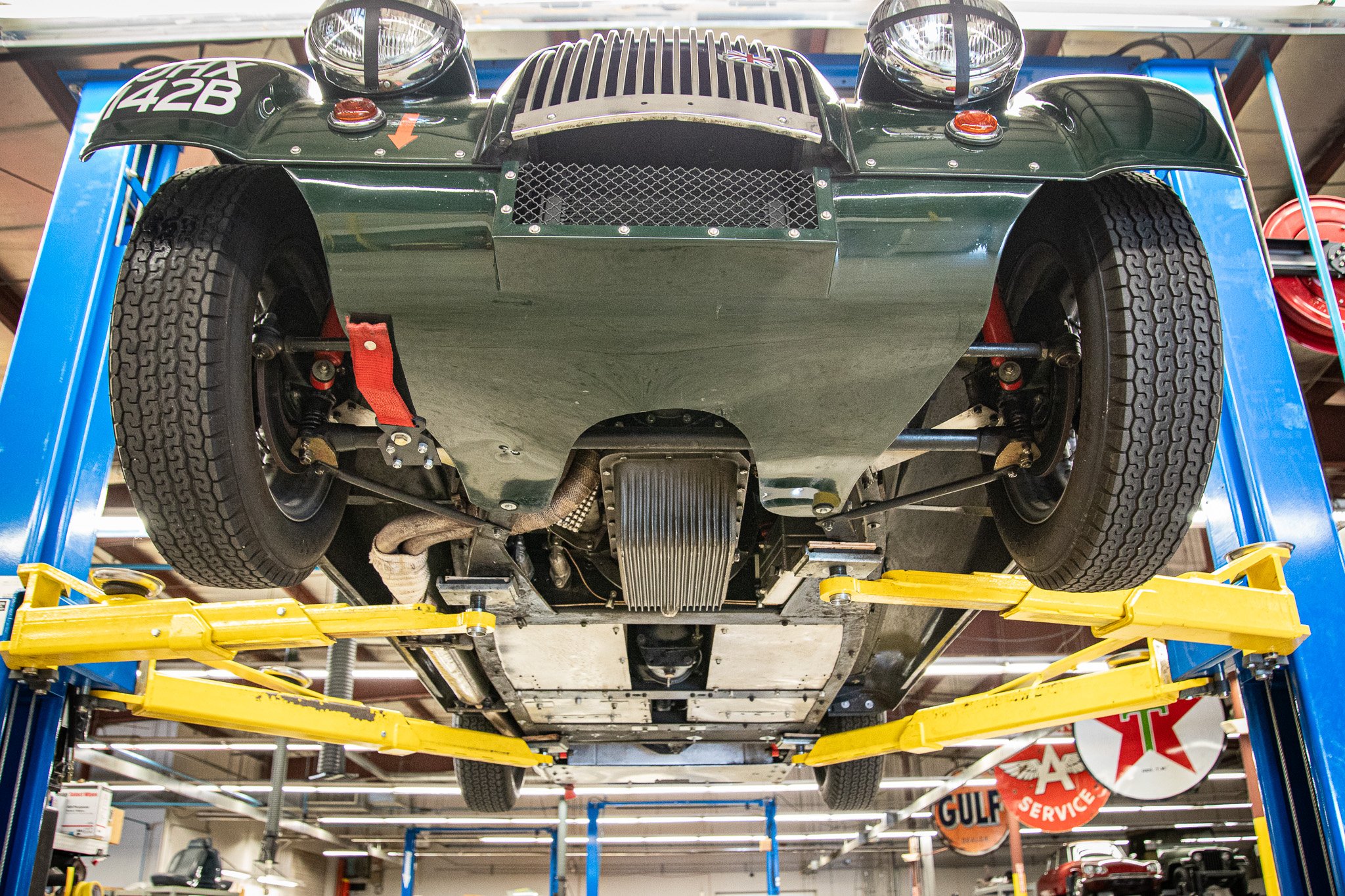
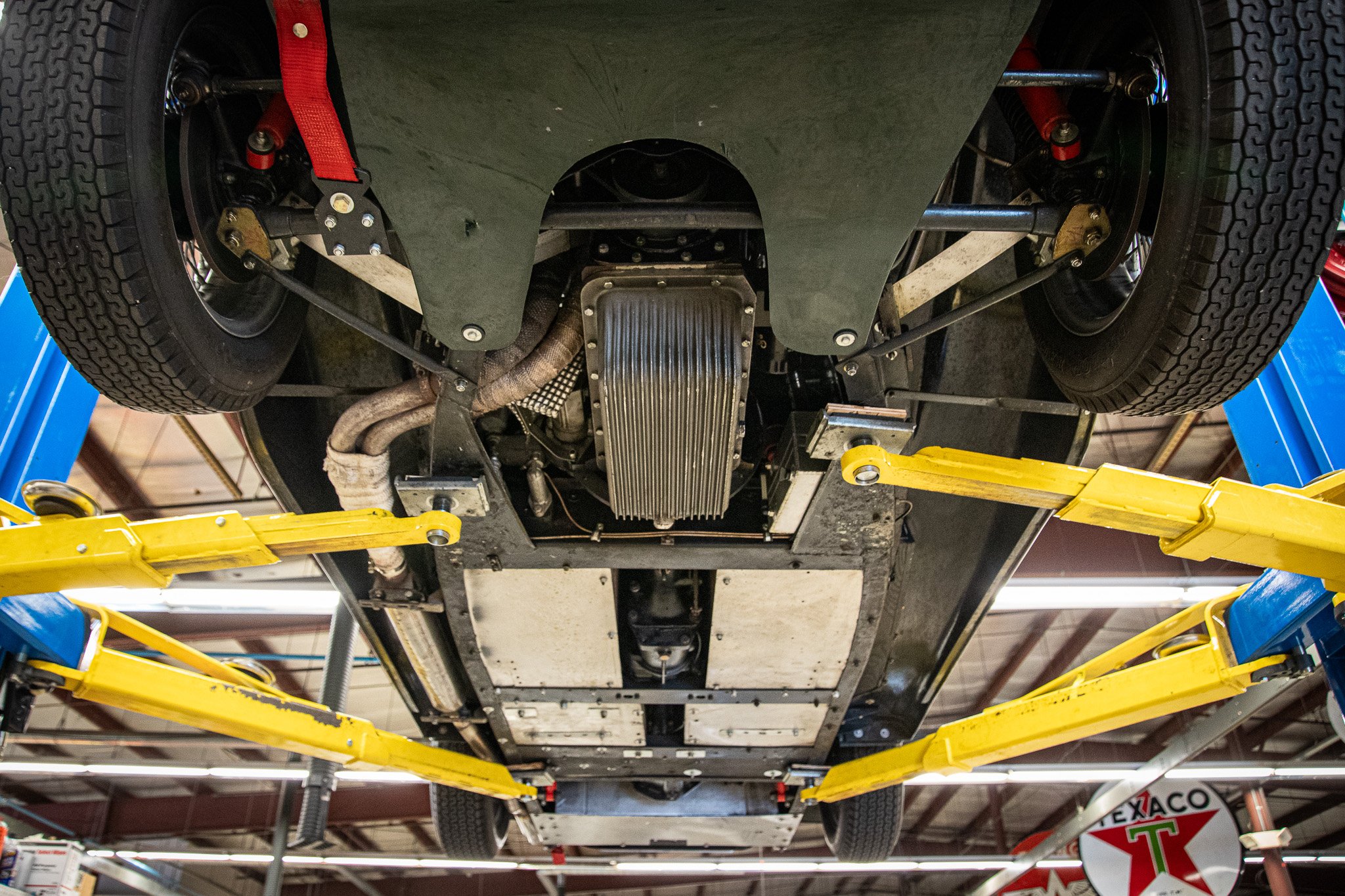
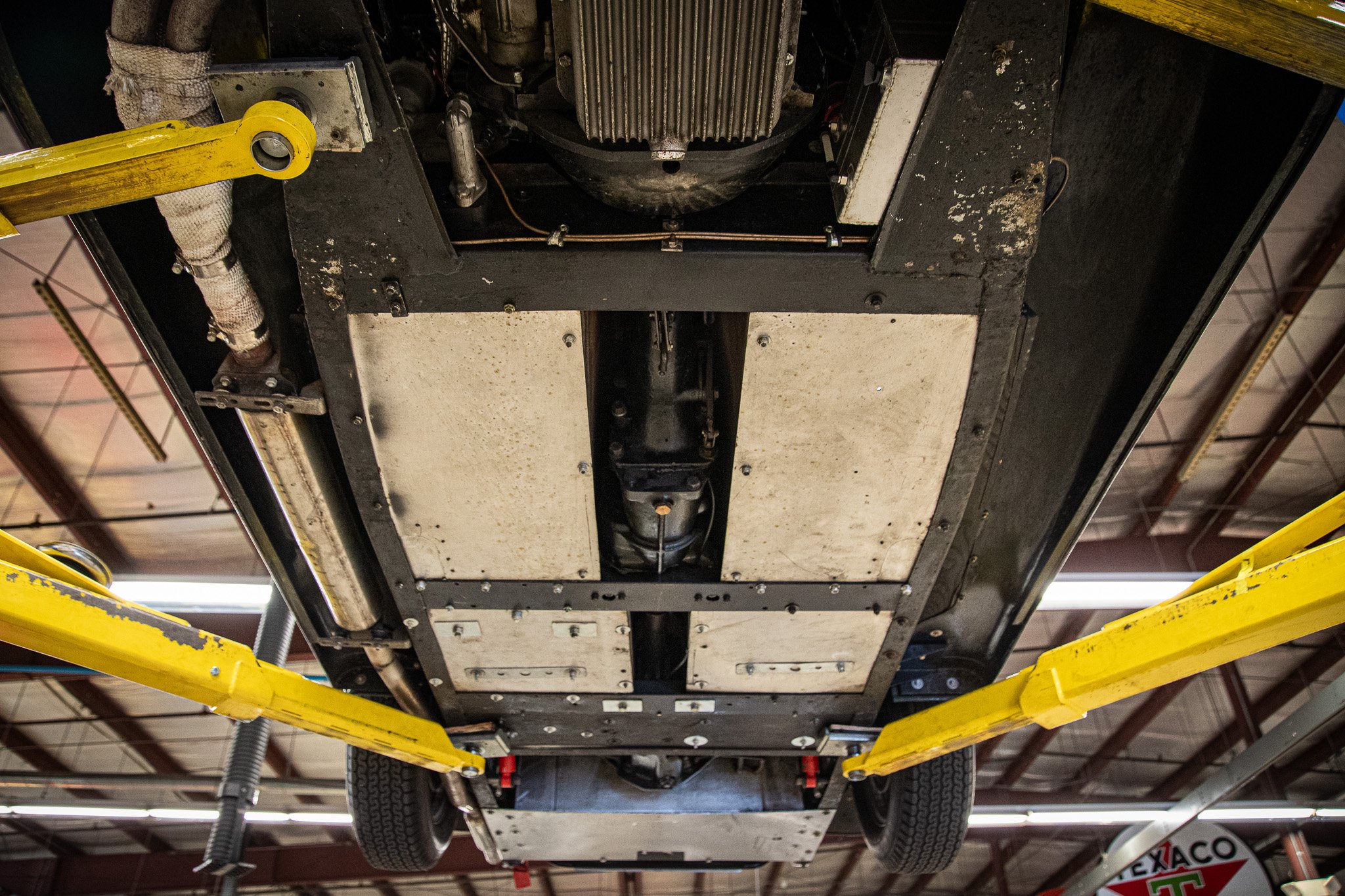
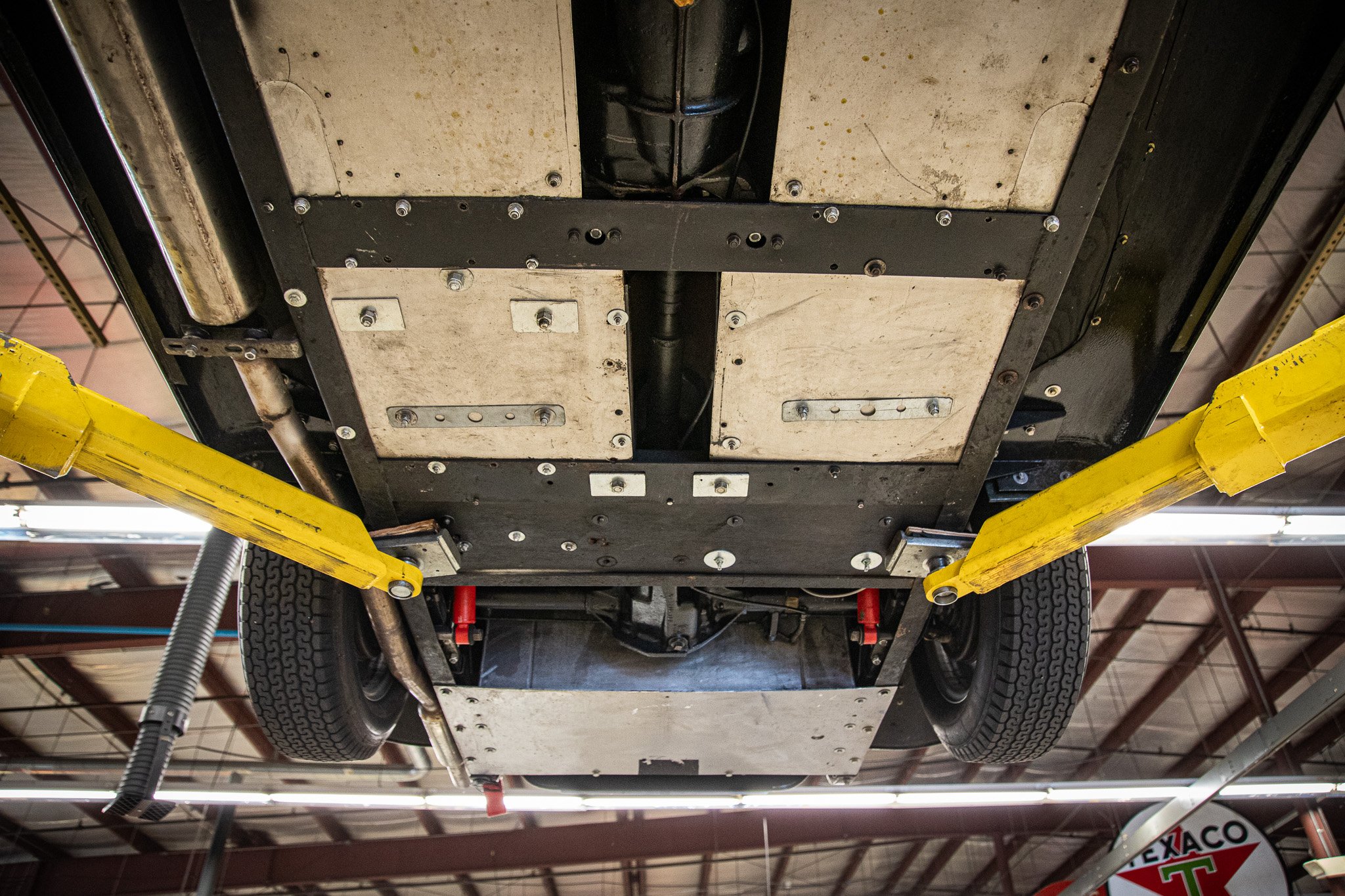
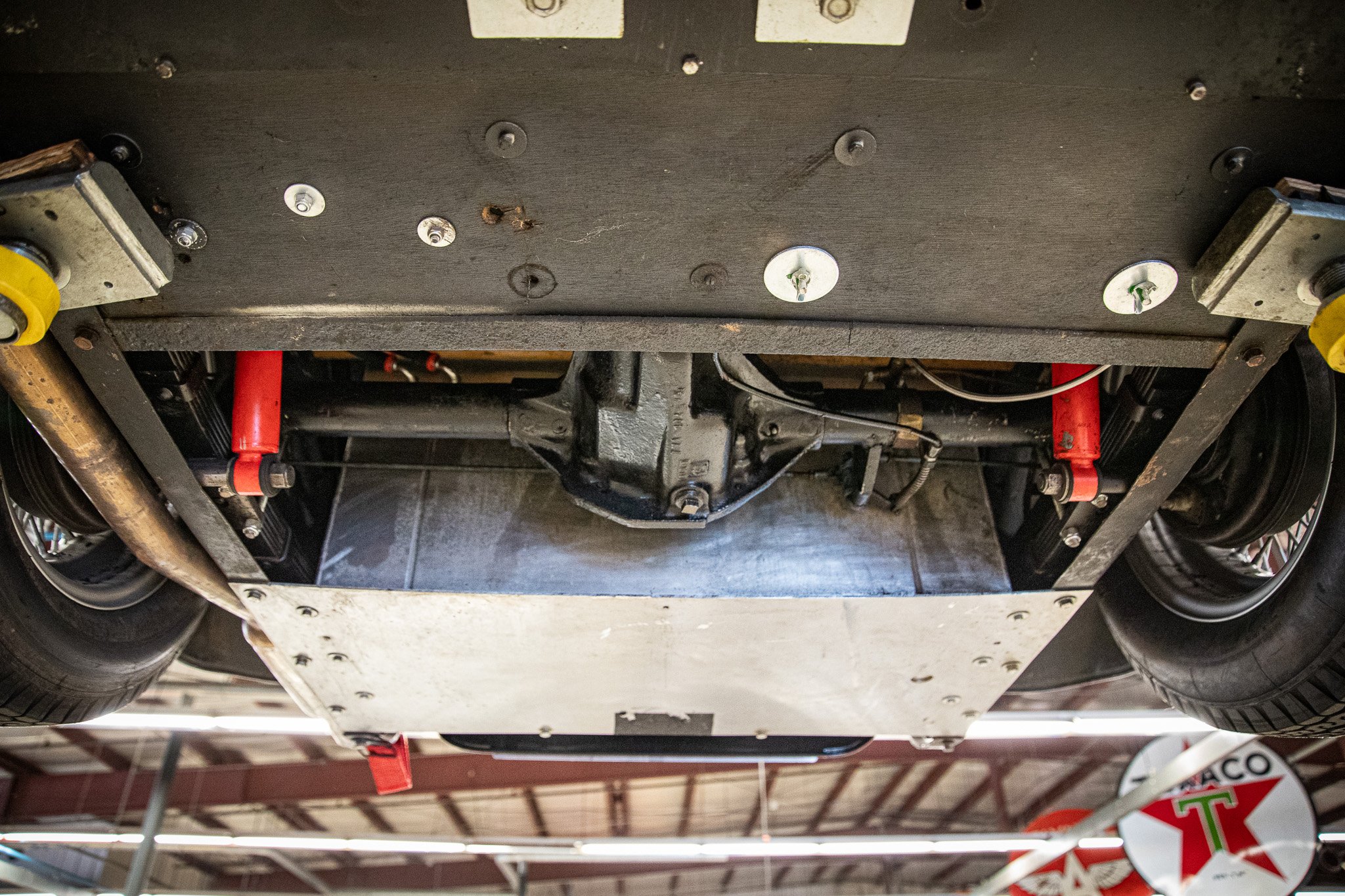
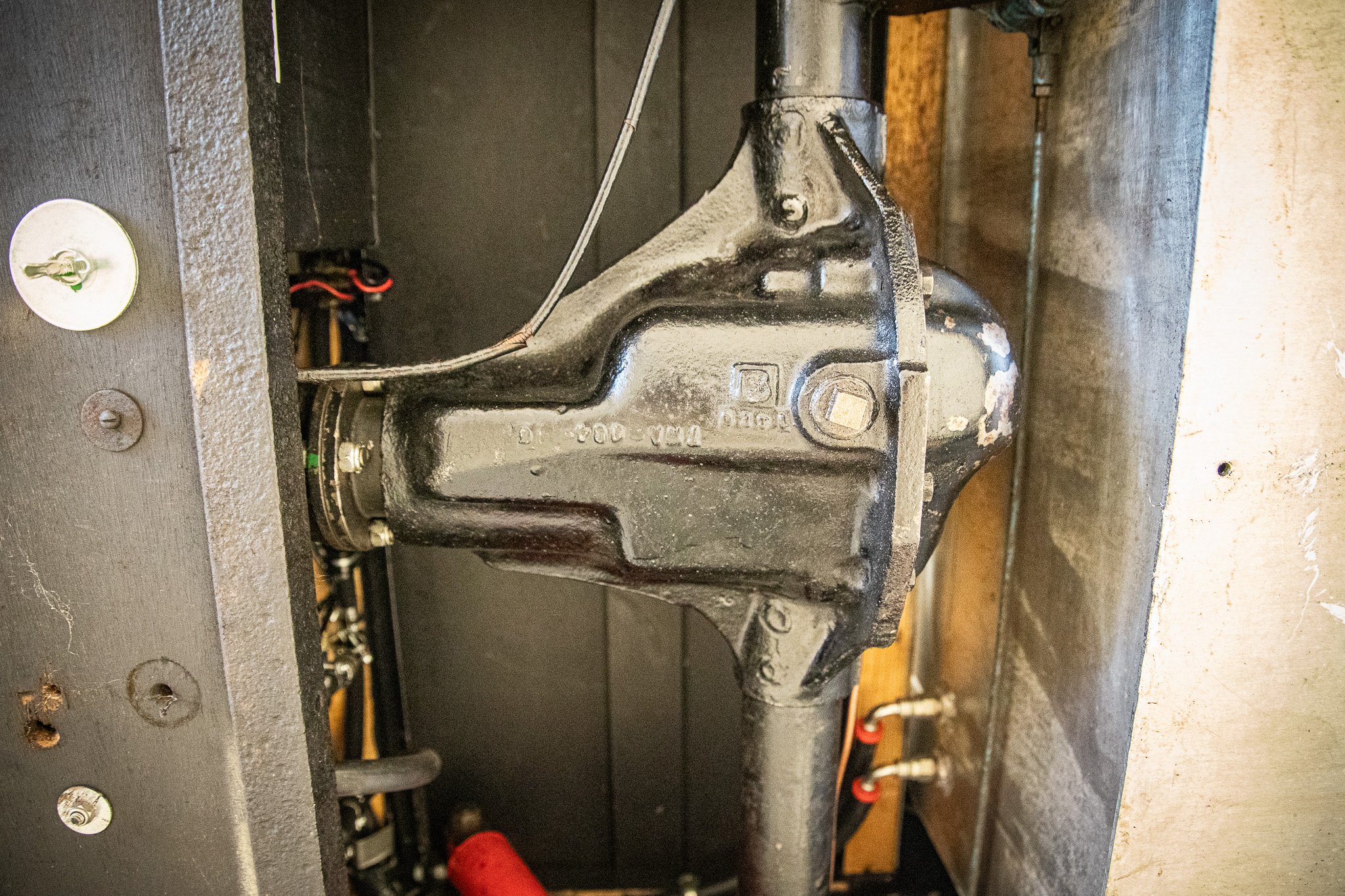
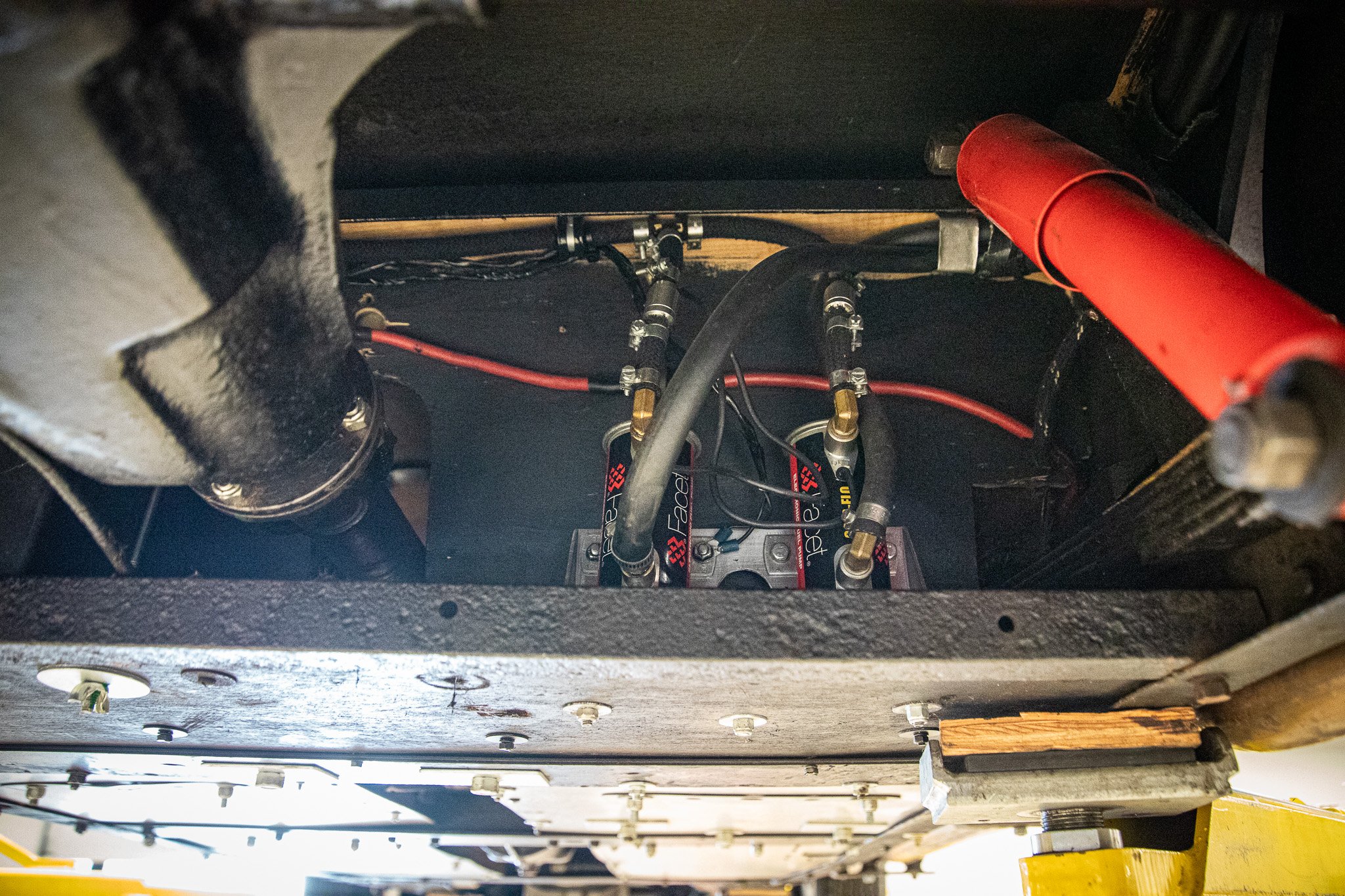
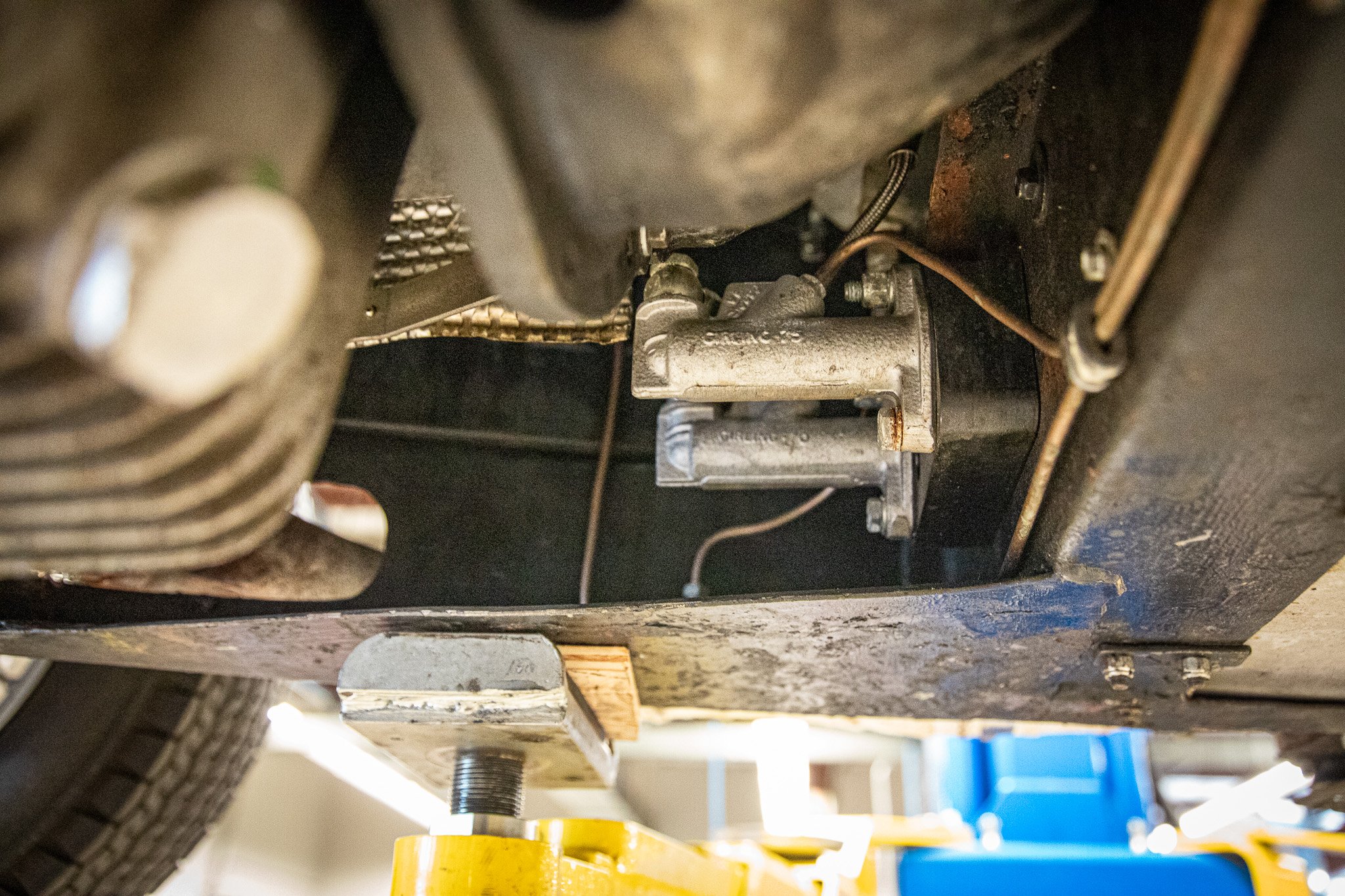
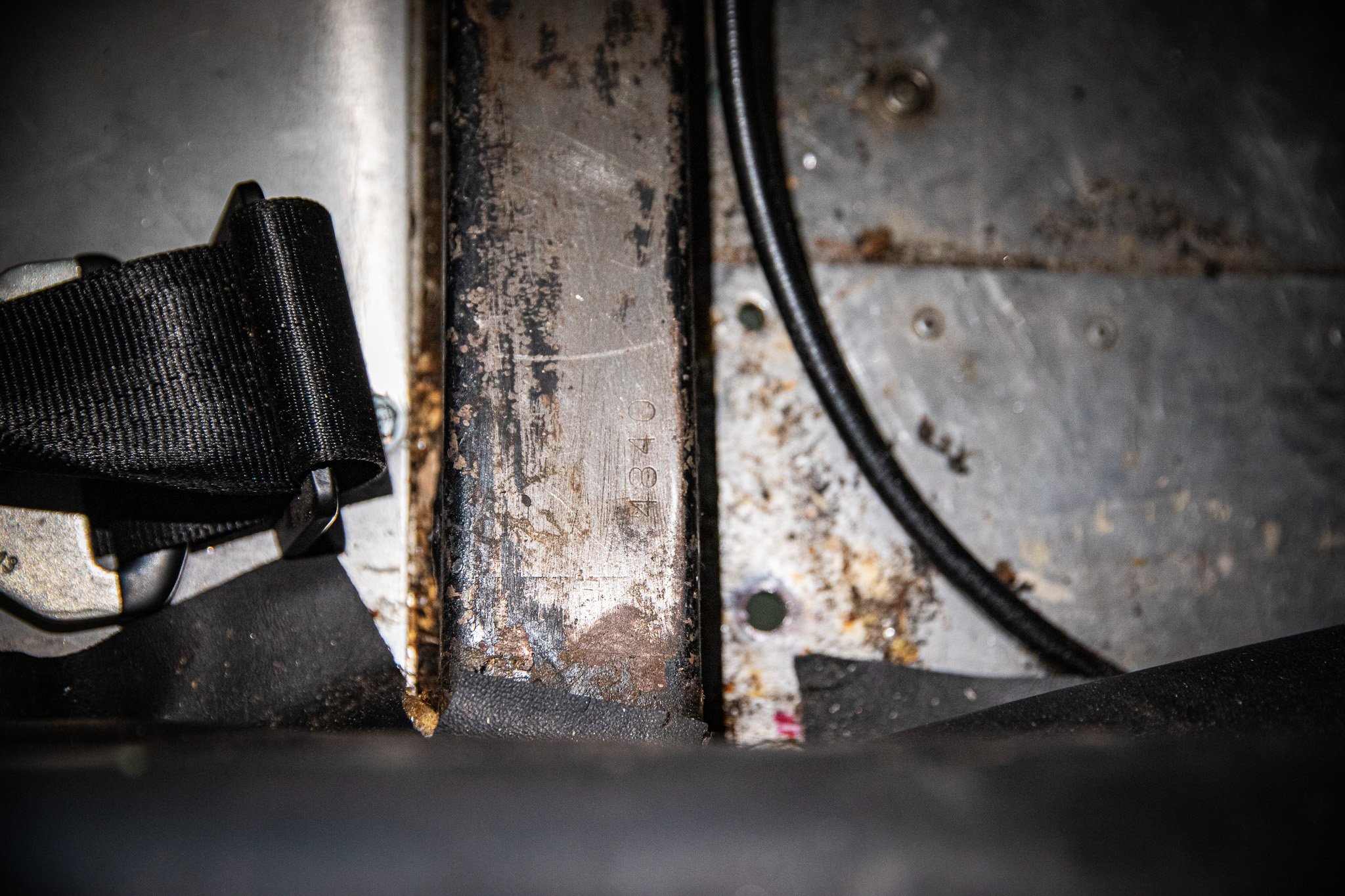
The Morgan Works was established to create light, agile sporting machines. Decades of Morgan cars and competition victories since attest to the firm's innovative skill sets combining to keep the Morgan Marque alive and well to this day through world wars and economic downturns. Most small manufacturers have come and gone over this term. Still, Morgan and the legend created by trial, rally, and racing Morgan's unique creations have persevered. With this backdrop, we would like to bring to your attention a Morgan Plus 4 SuperSport chassis #4840 that is perhaps the most successful legend builder of all.
Morgan began making a splash in Cyclecar Racing in 1912, and their 3-wheeled race cars would continue to dominate the sport until their focus fell on 4-wheeled motor cars. The 4/4, named for its 4-cylinder engine and 4-wheel design, sat on an ash and aluminum frame and was powered by several engines, most notably a Coventry Climax OHV. The lightweight vehicle became an instant success on and off the race circuit. In 1937, Morgan made its debut at Le Mans with a team of Coventry Climax-powered 4-4 race cars. The number 40 car, piloted by Prudence Fawcett and Geoff White, finished 13th overall, qualified for the Biennial Cup, and reinforced Morgan's reputation for building excellent performance cars. In 1962 Morgan would race at Le Mans again, but this race would become a defining moment in Morgan motorsports history.
After 24 grueling hours, a 1961 Morgan +4 Super Sports prepared by the factory in conjunction with Lawrence Tune crossed the finish line and won the 2 Litre class, again finishing 13th overall. Piloted by Chris Lawrence (of Lawrence Tune) and Richard Shepherd-Baron, the number 29 car covered over 2,255 miles with an average running speed of 93.97 miles per hour. Chris Lawrence was already a well-respected racing driver and was well known for his ownership of a 1956 Morgan +4, chassis code 3464, then registered TOK 258. True to form, the Lawrence Tune team had done a fantastic job against strong odds to bring 4840 home up front.
In 1961, Lawrence and Shepherd-Baron entered the 24 Hours of Le Mans with chassis 3464, a car that had seen excellent racing success around Europe, but it was refused entry. The scrutineers noted that the car was little more than a pre-war vehicle with disc brakes and, as a result, was not eligible to race Le Mans. Instead, Lawrence had Peter Morgan build a new chassis: 4840. The new car, a Morgan +4, was constructed with more aerodynamic, aluminum, "Low Line" 4/4 bodywork. Lawrence then installed one of his Lawrence Tune racing engines, based on a Triumph 2.0L inline-4 to power the new chassis. This configuration would become the official Morgan +4 Super Sports package with the factory Morgan team's cooperation. Once 4840's preparation was complete, Lawrence's "proven lucky" registration tag, TOK 258, was transferred to 4840 for the trip to Le Mans.
Next is the stuff of motorsports legend; a small racing team, with the limited but spirited support of the Morgan factory, won its class at Le Mans among a field of factory-prepared Porsches, Ferraris, and many other champions of speed. The victory solidified Morgan as a producer of competitive, reliable sports cars, and their popularity grew overnight.
Over the years, No. 4840 has continuously raced and highly successful in club races across Europe, including a 2012 appearance at the Goodwood Festival of Speed and a 2017 appearance at the Goodwood Revival. Following extraordinary success at Le Mans, 4840 did well in other first-class races. In 1963 the car won its class in the Spa Grand Prix with an average speed of 101.69 and a fasted lap average of 105.14mph. Adrien Dence drove the car to victory, earning the Fred Dixon Challenge trophy and the Motor Sport Brooklands Memorial Trophy. It also earned a podium finish in the Nurburgring 1000 Kilometer endurance race, consisting of 44 high-speed laps around the Nordschleife track. It was race prepped by Techniques, a Morgan specialist in the United Kingdom, and refinished in the correct Le-Mans winning livery. It is equipped with all of the latest modifications to make it both eligible and competitive in historic racing. It maintains the all-important 4840 numbered chassis that carried the car to victory at Le Mans as recorded by the Automobile Club de L'Ouest and Le Mans scrutineers in 1962. For the sports car enthusiast, few vehicles are as historically significant as 4840. It is offered on behalf of the current owner with full documentation and letters to authenticate its provenance, as well as a spare racing engine.



